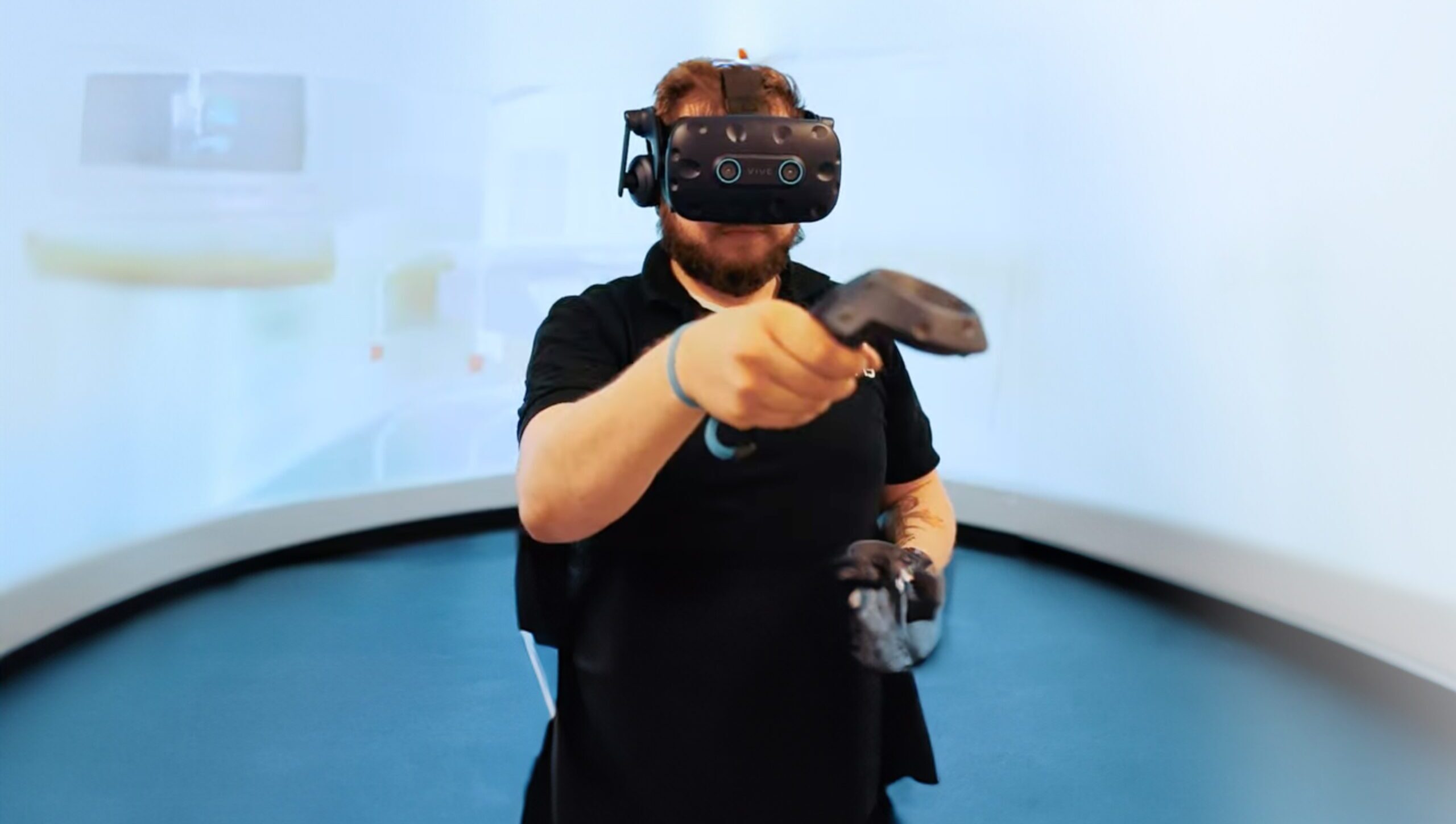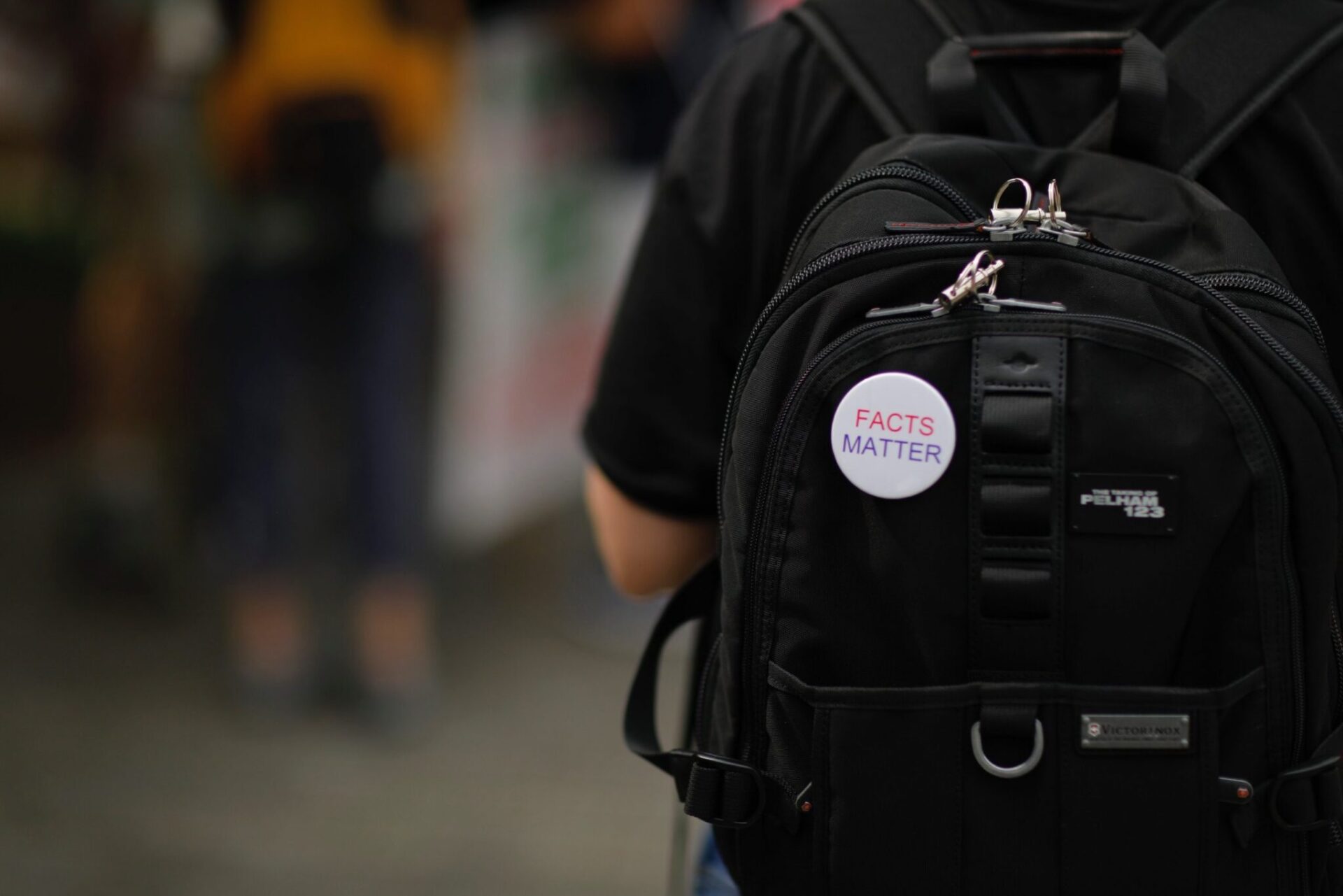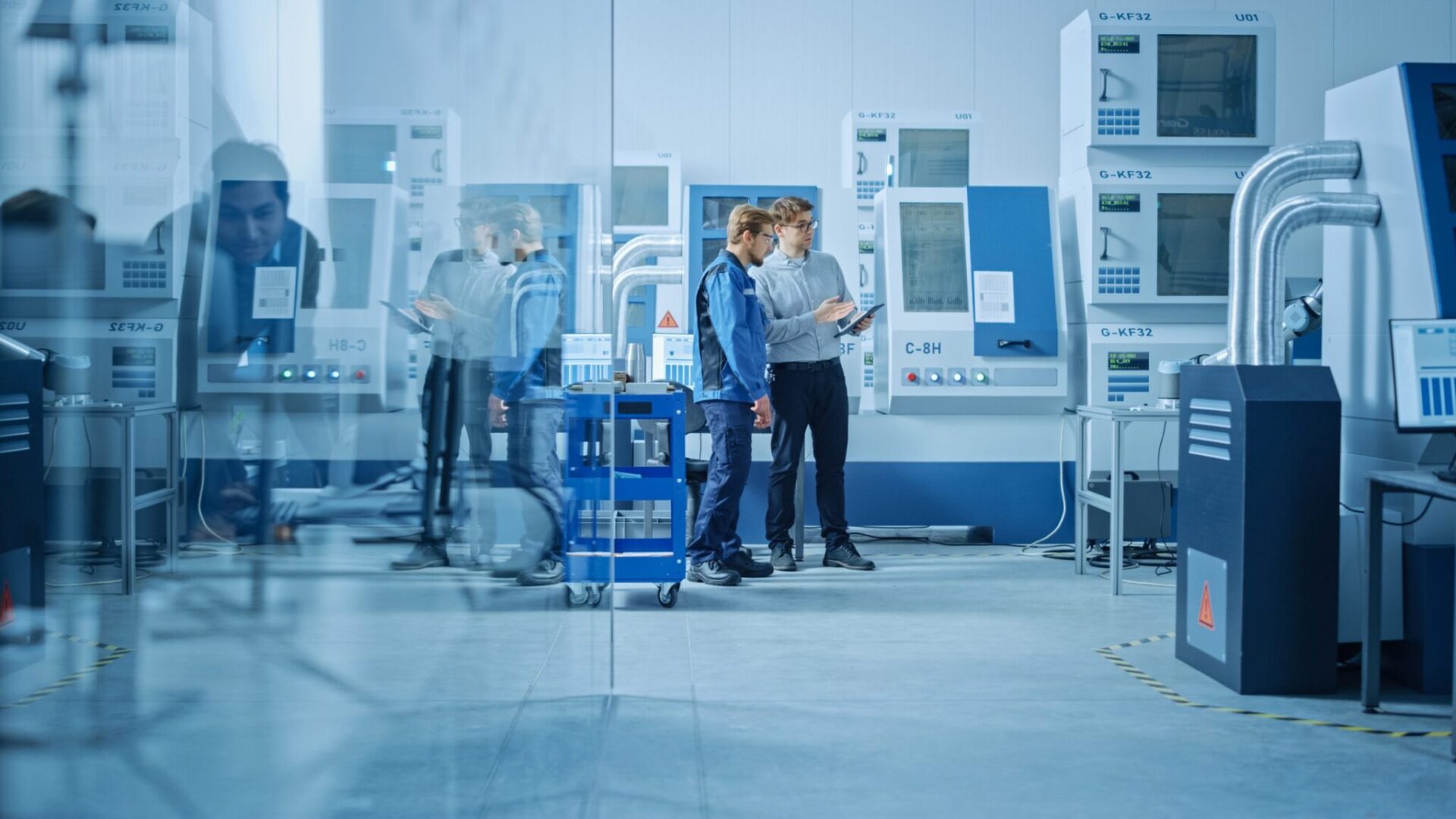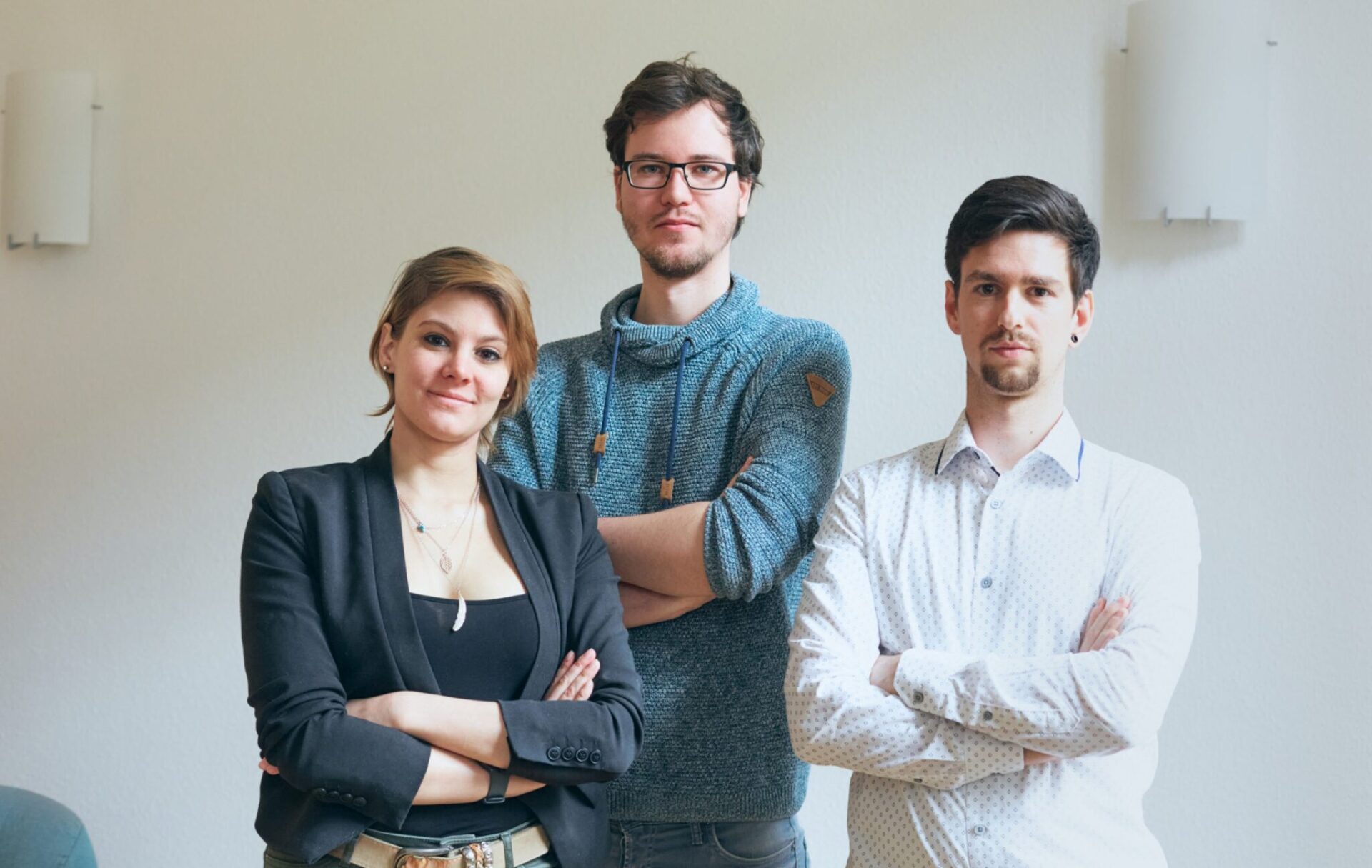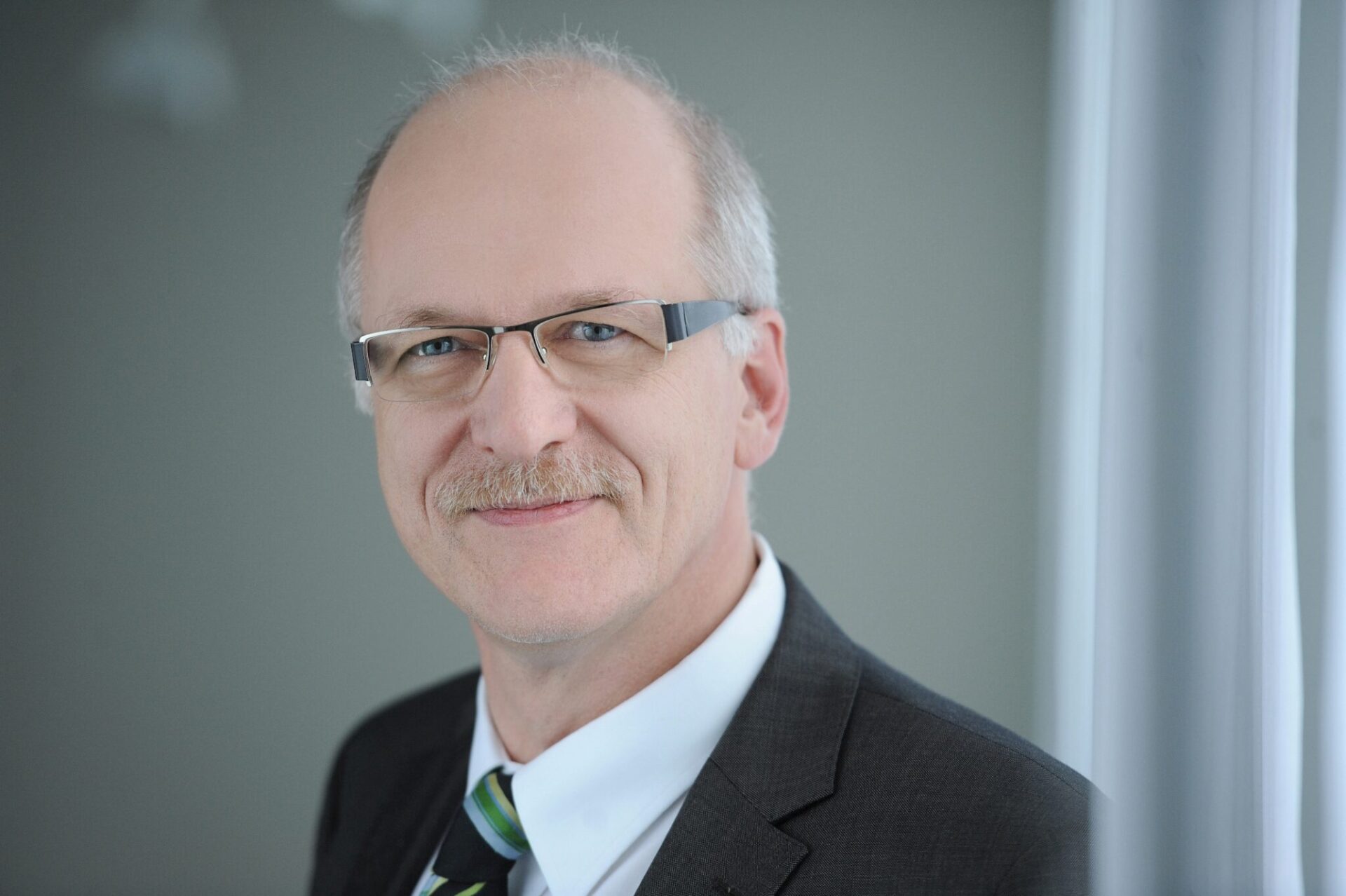Hier finden Sie alle bisher erschienenen Webspecials der Zeitschrift Binaire, sortiert von der neuesten bis zur ältesten Veröffentlichung.
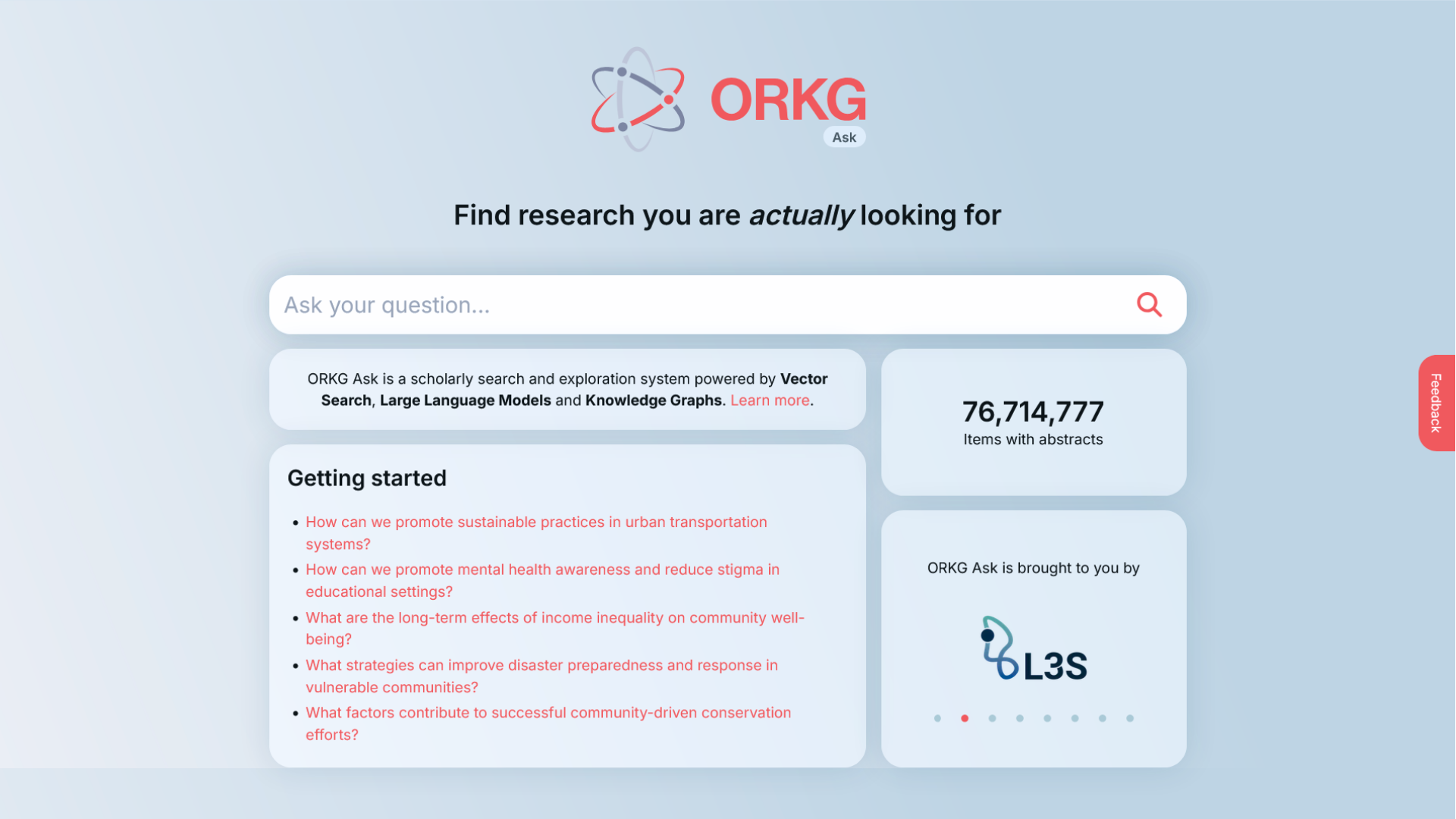
ORKG ASK verändert die Forschung
ORKG ASK verwendet einen mehrstufigen Ansatz, um den Rechercheprozess effizienter zu gestalten: semantische Suche, große Sprachmodelle (LLMs) und Wissensgraphen.

Wie Unternehmen gezielt profitiere
Das Mittelstand-Digital Zentrum Hannover unterstützt Unternehmen bedarfsgerecht und kostenlos bei der digitalen Transformation.
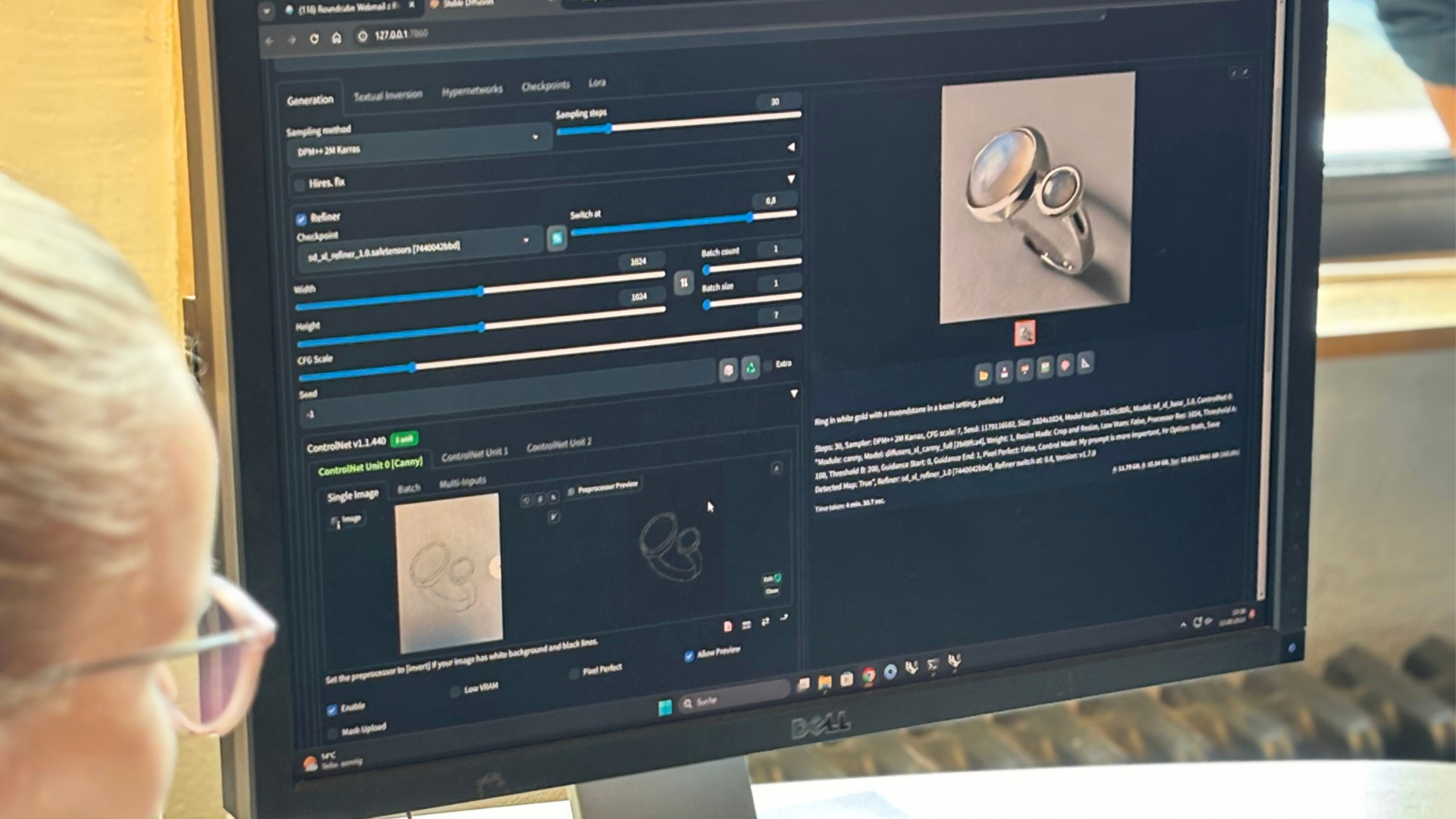
Intelligente Werkzeuge für die Werkbank
DAISEC fördert die digitale Transformation in Handwerk, Produktion und Mobilität durch interdisziplinäre Expertise und Unterstützung.
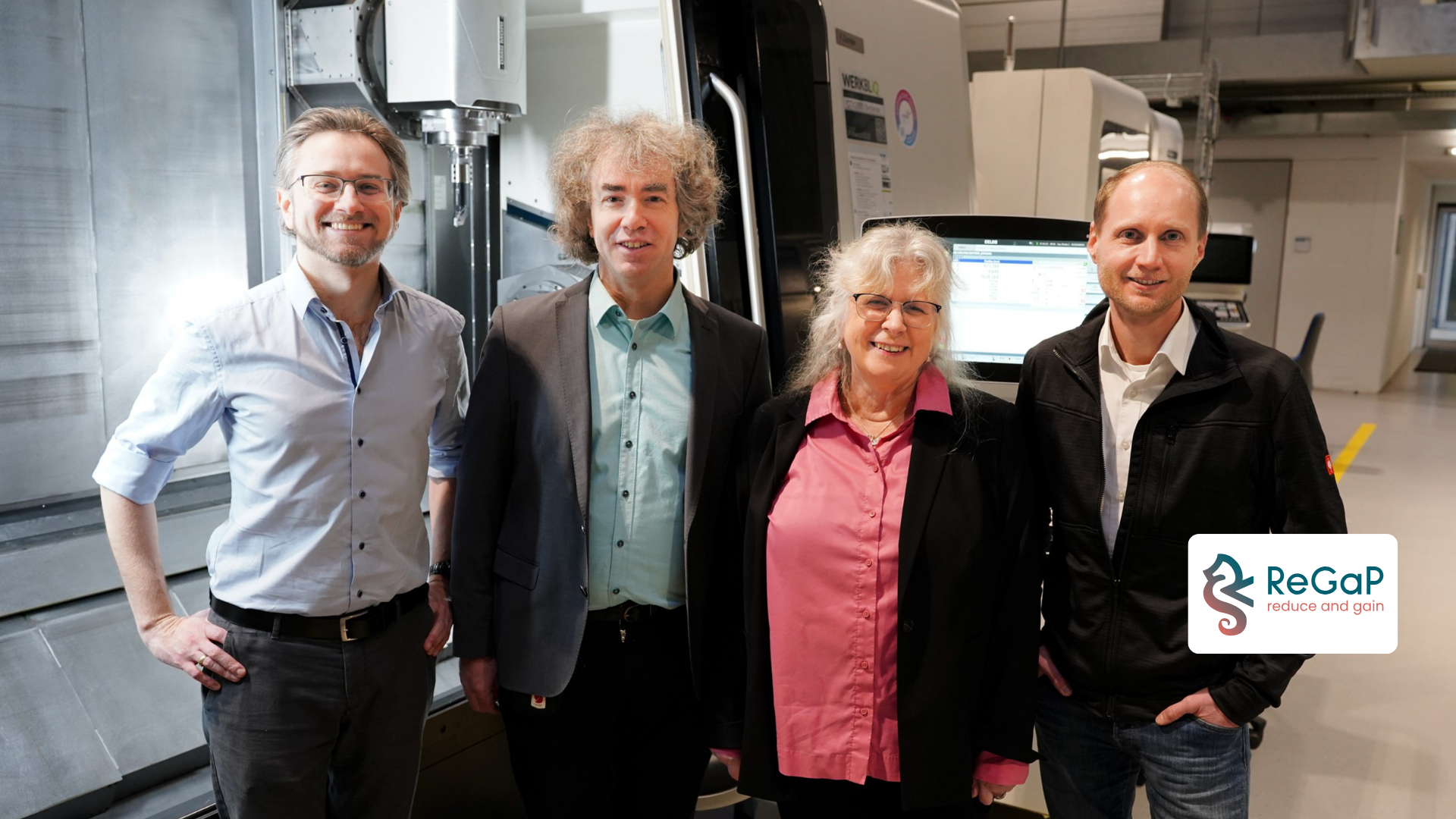
Gemeinsam zu mehr Energieeffizienz
Ziel von ReGaP ist es, eine Innovationsgemeinschaft aufzubauen, die Methoden und Technologien für eine energieeffizientere Produktion fördert und zugänglich macht.
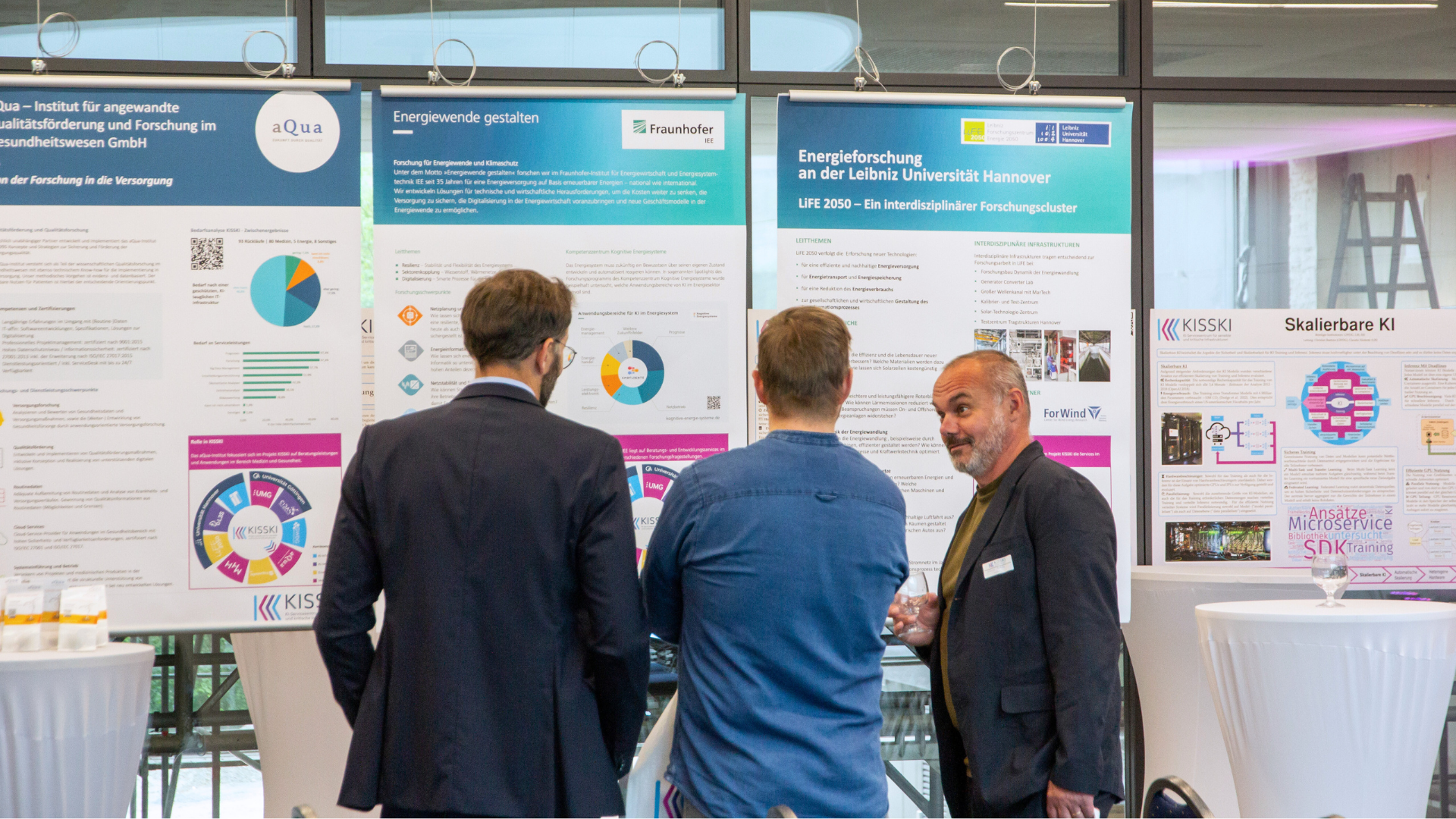
KI für alle
Ziel von KISSKI ist es, die deutsche Rechen- und Dienstleistungsinfrastruktur zu stärken und einen niedrigschwelligen Zugang zu modernen KI-Methoden anzubieten.

Seizing Opportunities (Overview)
In den kommenden Jahren wird der Einsatz von KI nicht nur ein Wettbewerbsvorteil sein, sondern eine Voraussetzung für das Überleben auf dem Markt.

Intelligenteres Verkehrsmanagement
LaMMOn AI verbessert das Verkehrsmanagement durch skalierbare, automatisierte Multi-Kamera-Verfolgung mit sprach- und graphenbasierten Techniken.
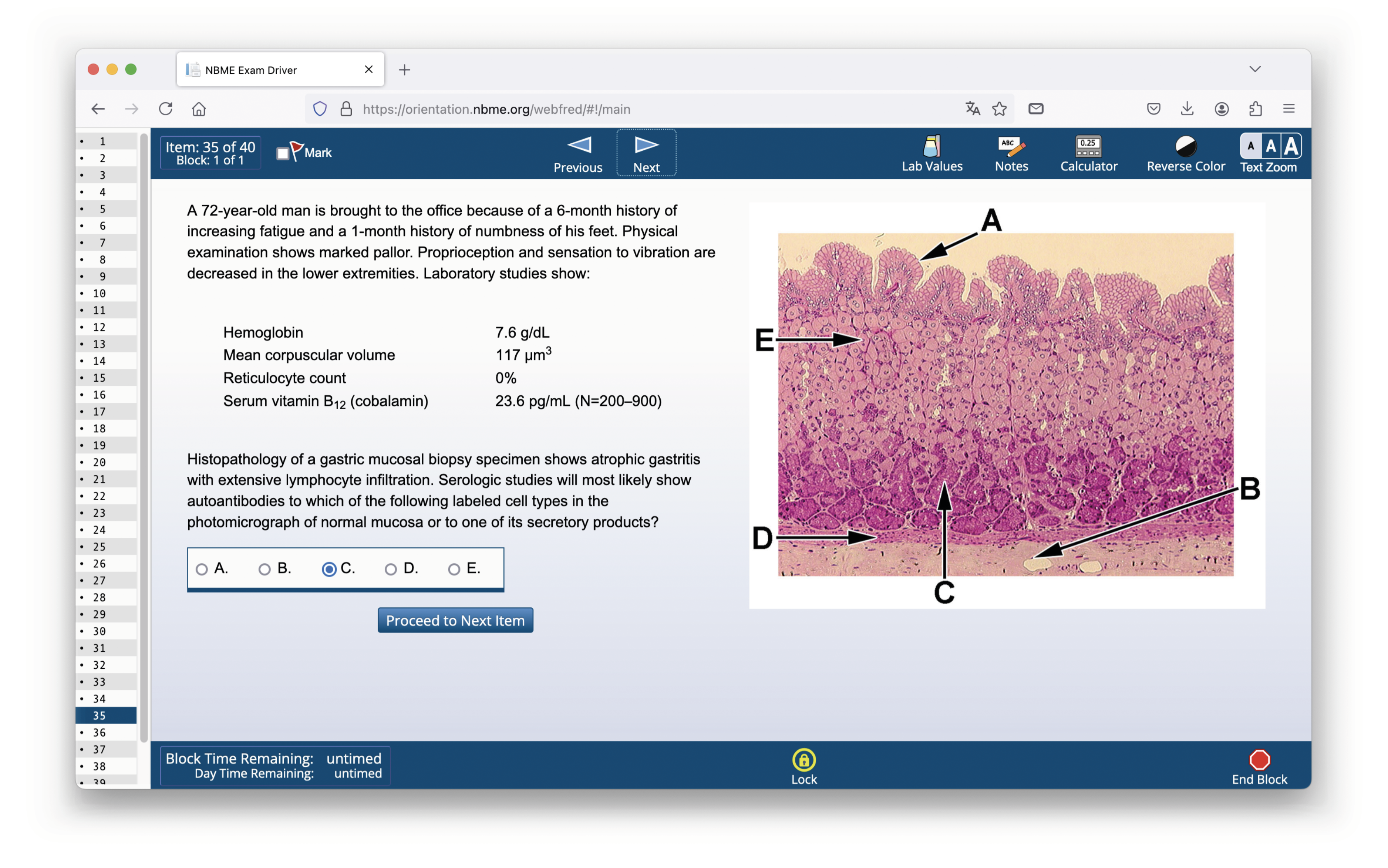
Wie GPT-4 bei Medizinprüfungen versagt - und leider trotzdem überzeugt
GPT-4 eignet sich hervorragend für medizinische Untersuchungen, produziert aber plausible Fehler, was seine Zuverlässigkeit für die Diagnose in Frage stellt.
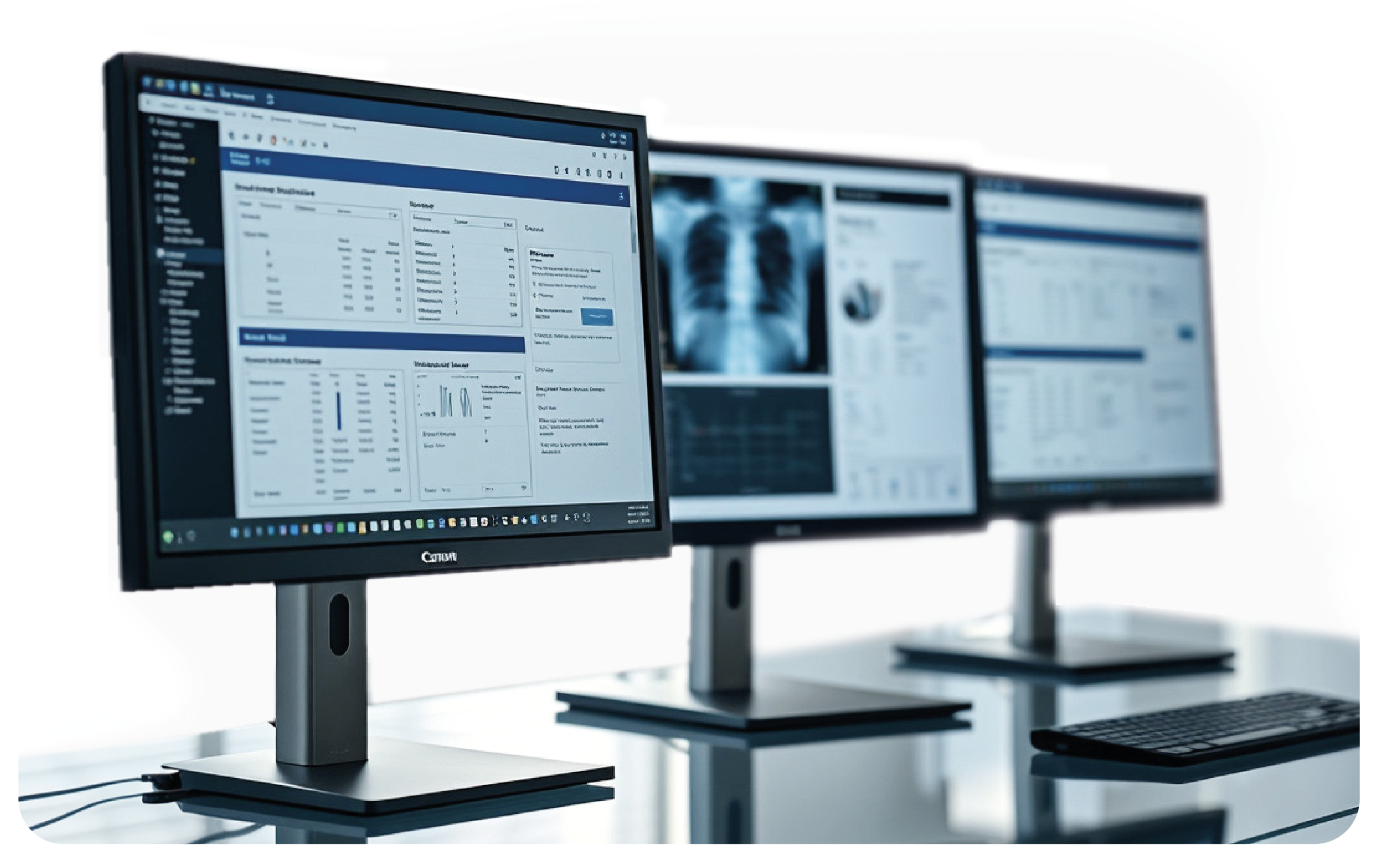
Effiziente Analyse von Patientendaten
Das IVP-VAE-Modell verändert die Analyse elektronischer Gesundheitsdaten, indem es unregelmäßige Zeitreihen mit kontinuierlicher Modellierung behandelt.

Digitale Epidemiebekämpfung
KI-Modelle fassen epidemiebezogene Tweets mit interpretierbaren Erkenntnissen für eine bessere Entscheidungsfindung zusammen.

Höflicher mit KI
Die KI nutzt Verstärkungslernen, um toxische Argumente in respektvolle, konstruktive Aussagen zu verwandeln.
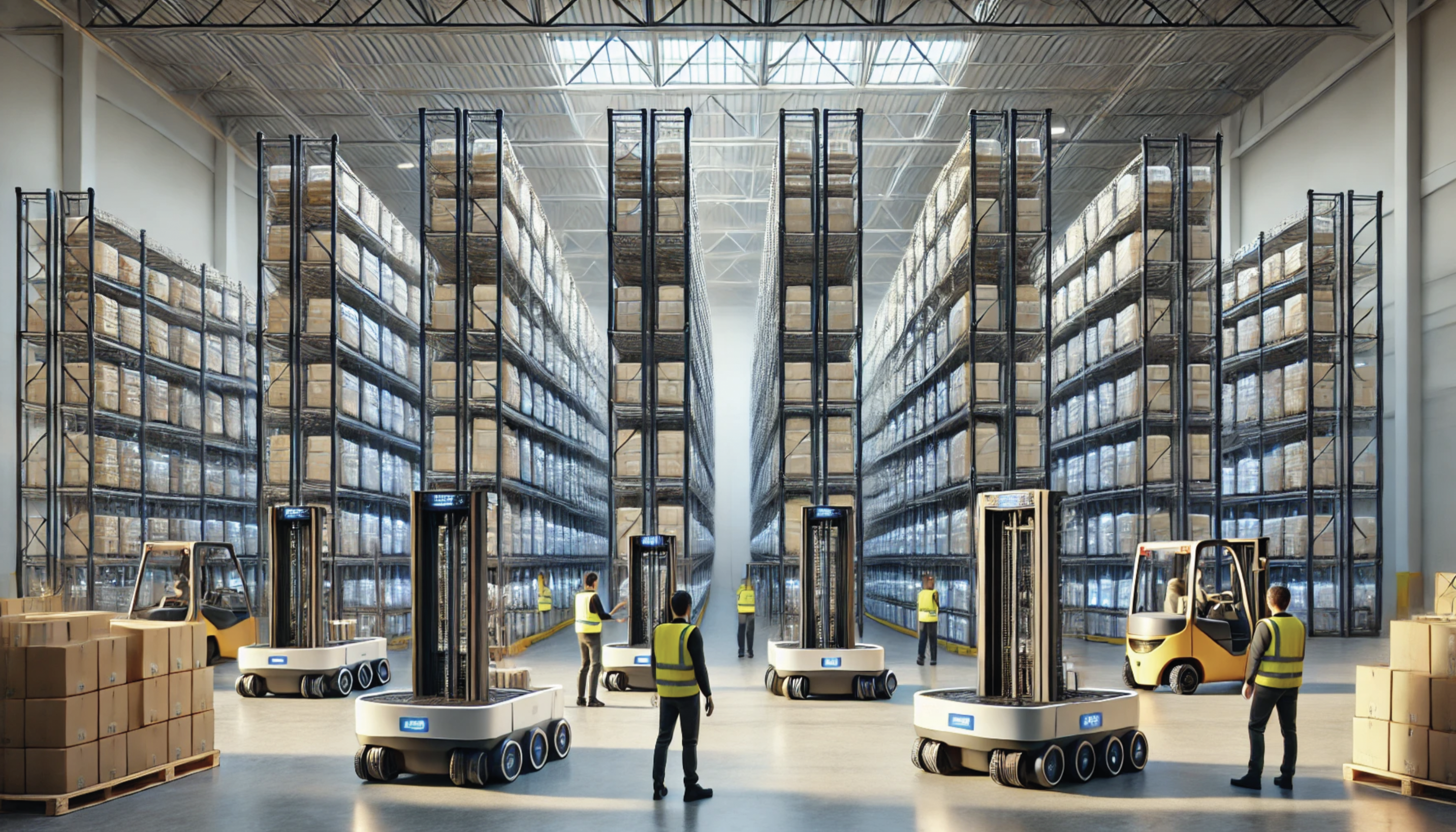
Lernen mit Struktur
Strukturelle Informationen verbessern die Leistung, Skalierbarkeit und Anpassungsfähigkeit von Deep Reinforcement Learning.

Chancengleichheit beim föderierten Lernen
FairTrade optimiert das föderierte Lernen durch ein ausgewogenes Verhältnis von Genauigkeit und Fairness, indem es Verzerrungen in dezentralisierten Daten ausgleicht und gleichzeitig Datenschutz und Zuverlässigkeit gewährleistet.
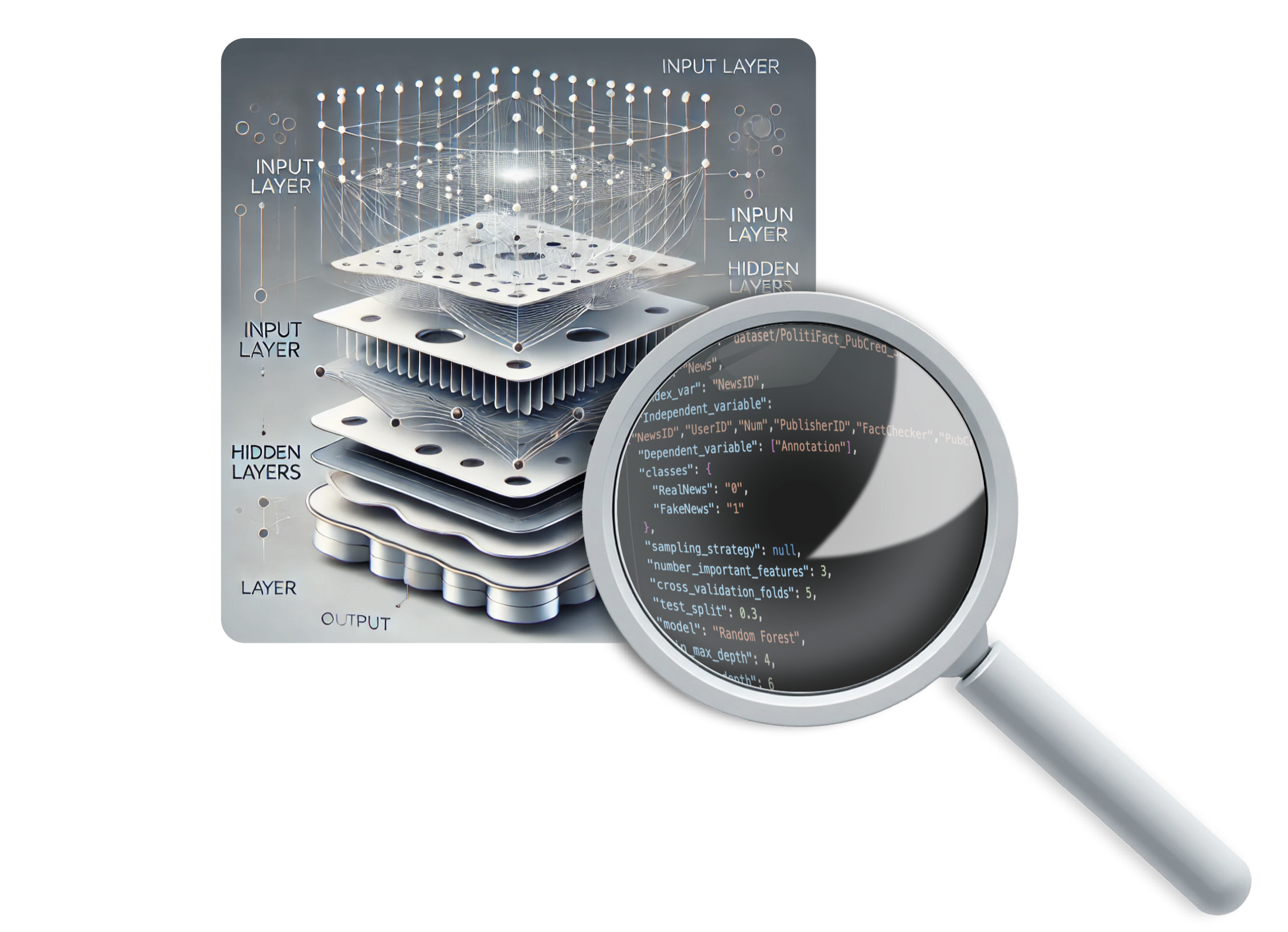
Hybridsysteme dokumentieren Verzerrungen in Lernmodellen
Ein hybrides KI-System integriert symbolische und subsymbolische Methoden, um Verzerrungen in maschinellen Lernmodellen zu dokumentieren und so die Fairness und Transparenz zu verbessern.

Forschung am L3S
Die L3S-Forschung konzentriert sich auf die Bewältigung gesellschaftlicher und technologischer Herausforderungen durch innovative, wirkungsvolle und methodisch strenge wissenschaftliche Untersuchungen.

Effiziente Logistk bei Wind und Wetter
Offshore-Windparks produzieren Energie für Tausende von Haushalten. KI-Modelle ermöglichen eine effiziente Logistik während der Bauphase.

Satelliten als Retter der Wälder
SWIFFT ist ein satellitengestütztes Frühwarnsystem für Bedrohungen der Wälder, wie Brände oder Schädlinge.

Raus aus der Cloud
Die optimierte Datenübertragung zwischen Edge und Cloud reduziert den Energieverbrauch für die Datenverarbeitung.

KI-Ökosystem fürs autonome Fahren
Sicher ans Ziel: Die Forschung will die hohen Anforderungen erfüllen, die Deutschland an KI-Modelle für das autonome Fahren stellt.

Schlankheitskur für neuronale Netze
Die Forscher gehen der Frage nach, wie KI-Modelle energieeffizient für das autonome Fahren eingesetzt werden können.
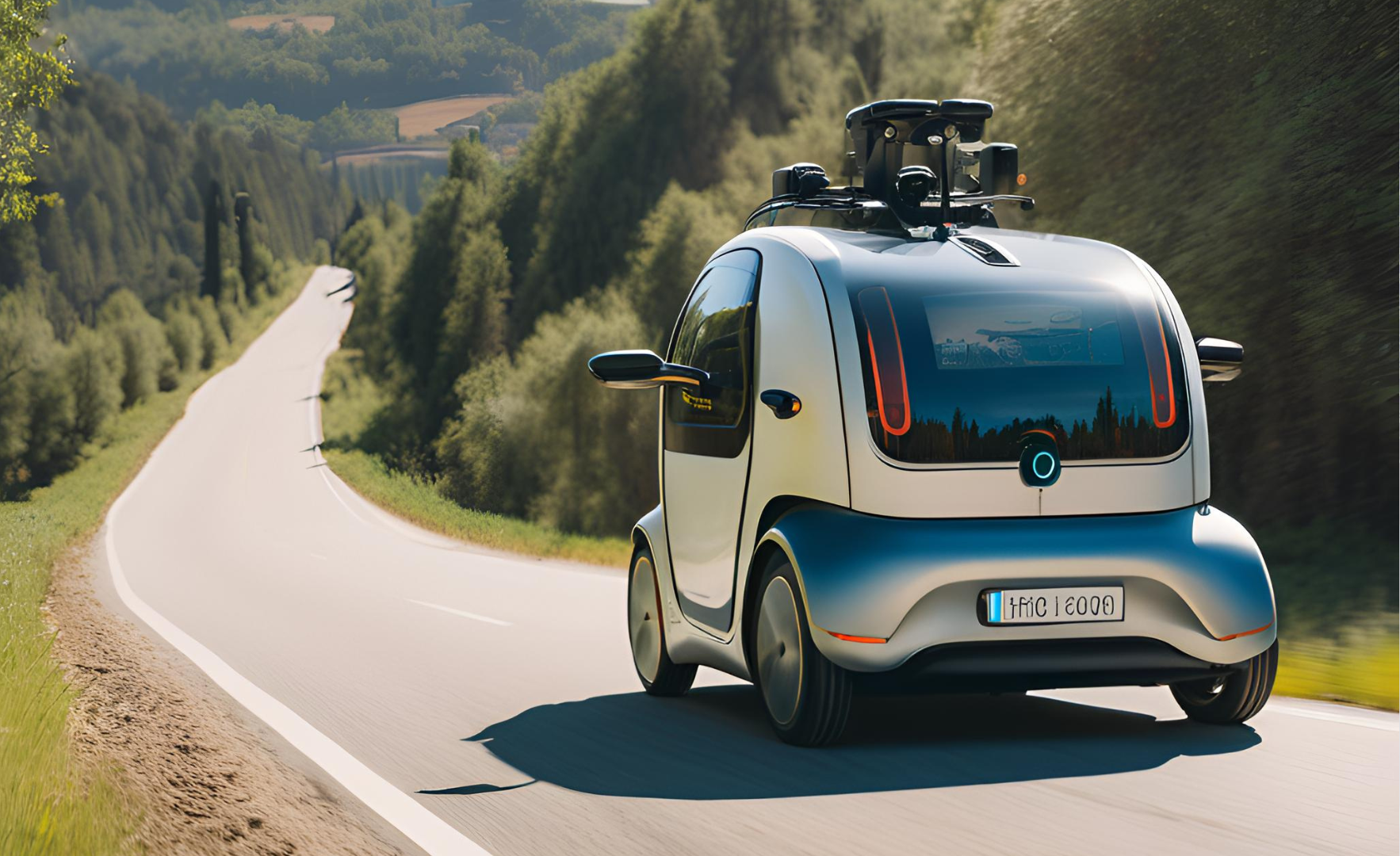
Innovativ und sparsam
Auf dem Weg zu einer nachhaltigeren Energiezukunft mit KI-basierten Fahrerassistenzsystemen.

KI, Energie und Ressourcenschutz: Chancen und Herausforderungen
Wie energieeffizient sind KI-Systeme? Und welche Rolle spielen sie in Zeiten des Klimawandels?

Warum Partizipation nicht für Pilotprojekte reserviert sein sollte
Bei vielen IT-Projekten ist es heute üblich, die künftigen Nutzer in die IT-Planung einzubeziehen. Je früher, desto besser.

Mit Kunst und Daten gegen Desinformation
Welche Ideen haben Start-ups und Künstler, um mit der riesigen Menge an verfügbaren Daten gegen Desinformation vorzugehen?
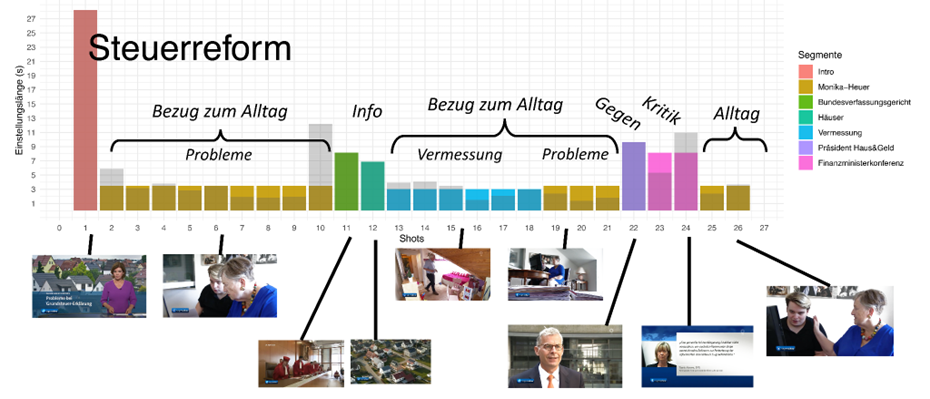
Narrative der Desinformation verstehen
Das Vertrauen in die Nachrichten nimmt weiter ab. Einer der Gründe dafür sind falsche oder irreführende Informationen in den sozialen Medien, die sich durch virale Mechanismen schnell verbreiten.
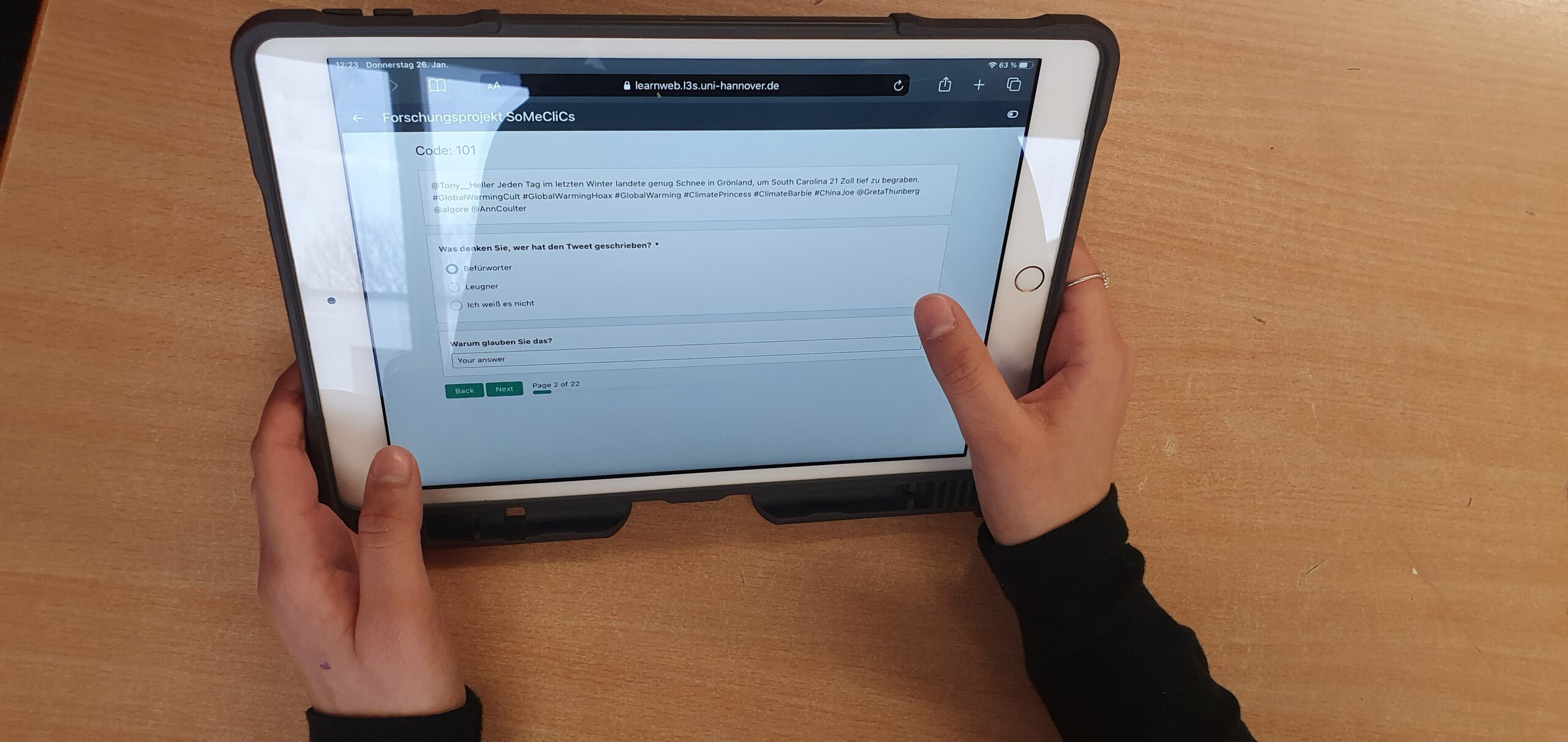
Wie KI das Bewusstsein für die Klimakrise fördern kann
Welchen Einfluss haben die sozialen Medien auf die Wahrnehmung von wissenschaftlichen Themen wie dem Klimawandel? Und damit auch auf den gesellschaftlichen Diskurs?
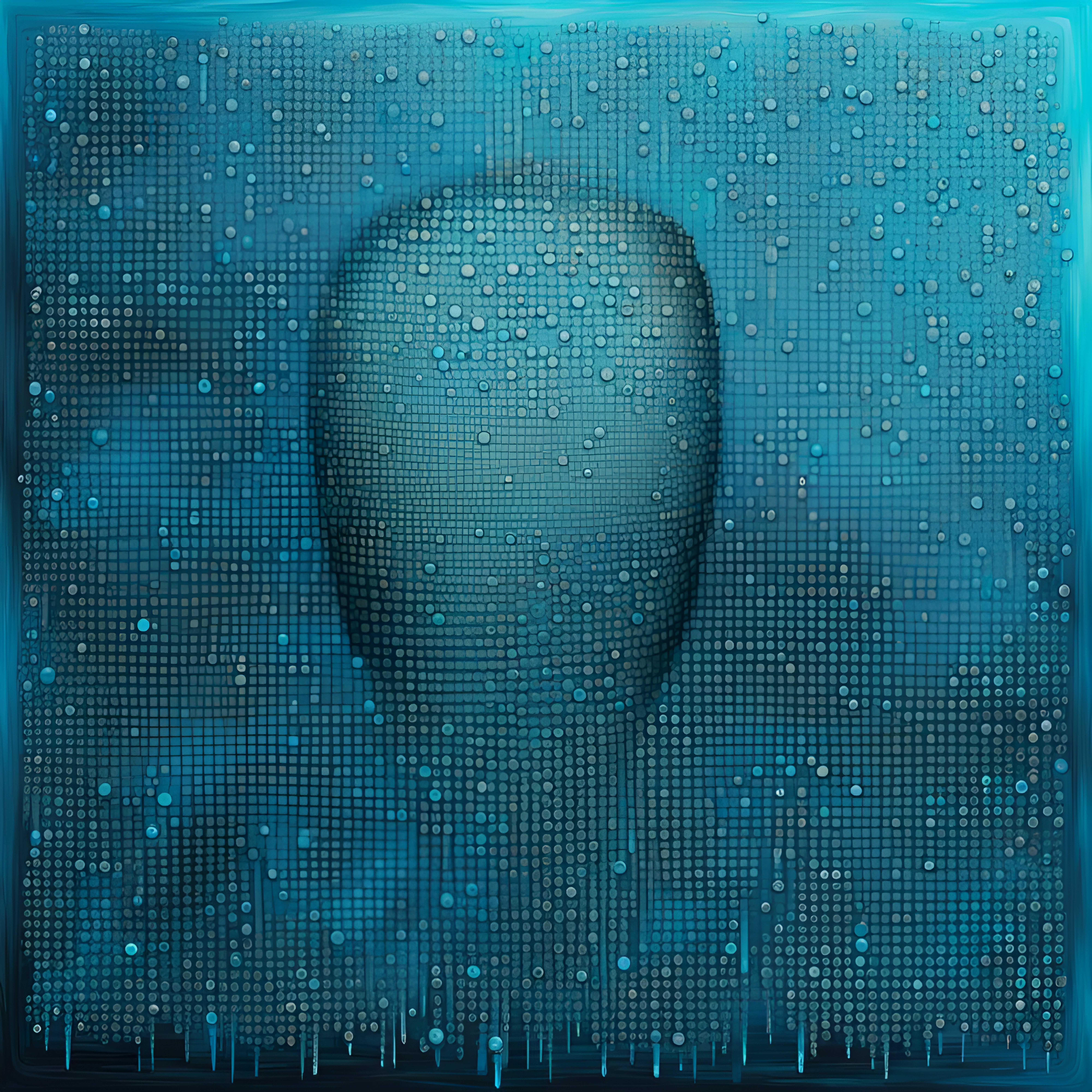
Desinformation: Chancen und Gefahren der künstlichen Intelligenz
Desinformationen und tiefgreifende Fälschungen können oft nur mit großem Aufwand erkannt werden, selbst von Experten und Faktenprüfungsorganisationen wie Snopes oder PolitiFact.
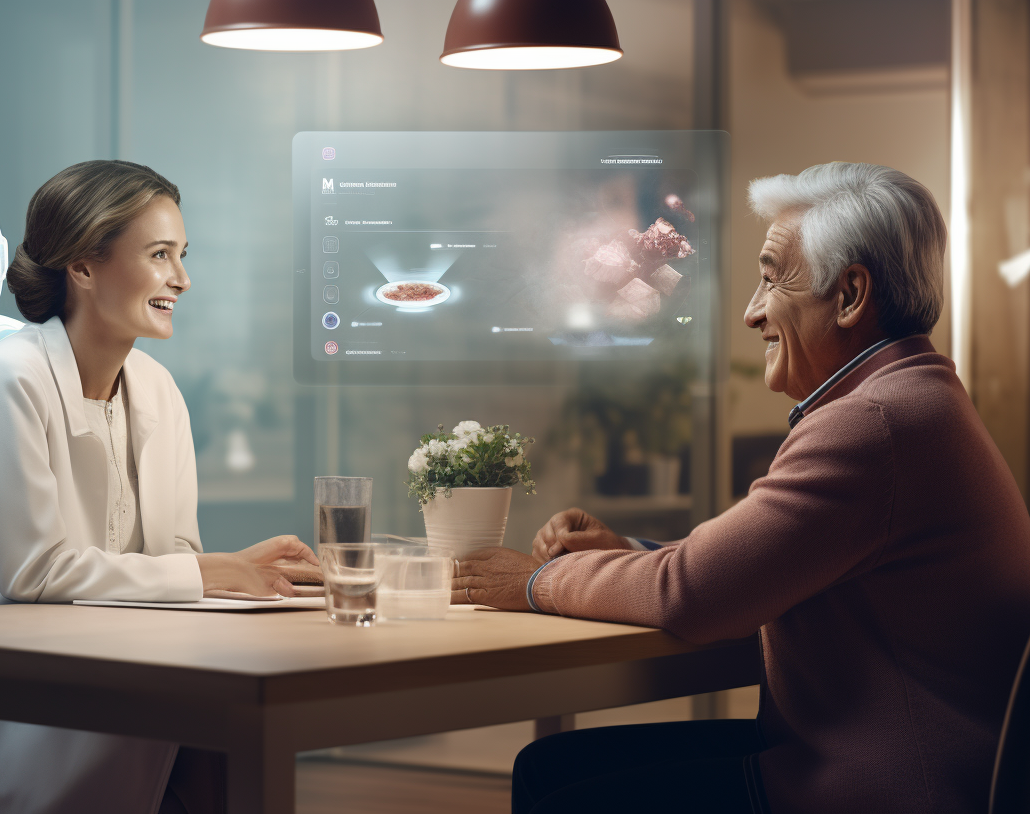
Fragen Sie Ihren Arzt und Chatbot
Das Gesundheitssystem steht dank KI vor einem radikalen Wandel. Krankheiten wie Krebs können viel schneller diagnostiziert und viel effektiver behandelt werden.

Feedback vom Sprachmodell
ChatGPT basiert auf einem so genannten Sprachmodell, das aus Milliarden von Texten gelernt hat, welche Wörter man in einem bestimmten Kontext am besten sagt oder schreibt.
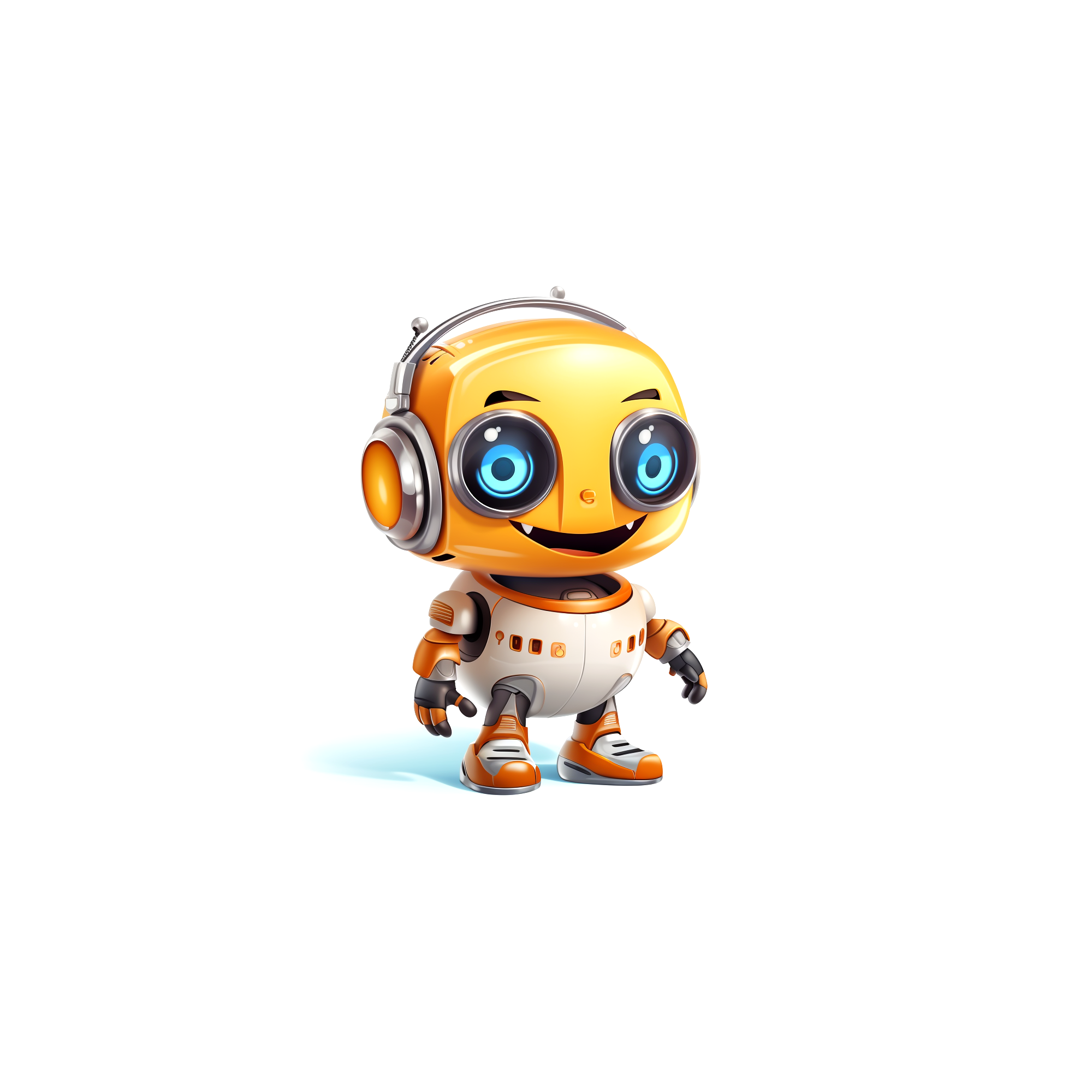
Kommunikation mit Risiken
ChatGPT in der Kundenbetreuung: Für Unternehmen sind Chatbots auf Websites zu einer bequemen und effizienten Möglichkeit geworden, den Kontakt mit Kunden zu automatisieren.

Forschungsvergleiche mit ChatGPT
Im Joint Lab von L3S und TIB arbeiten Dr. Jennifer D'Souza und ihr Team an der Entwicklung und Nutzung von LLMs im Rahmen des Projekts Open Research Knowledge Graph (ORKG).

Forschung stärken, digitale Souveränität erhalten
Generative KI - Retter oder Dämon? Die Antwort muss differenzierter ausfallen. Die Qualität und Vertrauenswürdigkeit des Ergebnisses wird von vielen Faktoren beeinflusst.

ChatGPT: Technologischer Durchbruch, gesellschaftlicher Umbruch?
Künstliche Intelligenz (KI) ist in der Mitte der Gesellschaft angekommen, spätestens seit ChatGPT Ende letzten Jahres auf der Bildfläche erschienen ist.
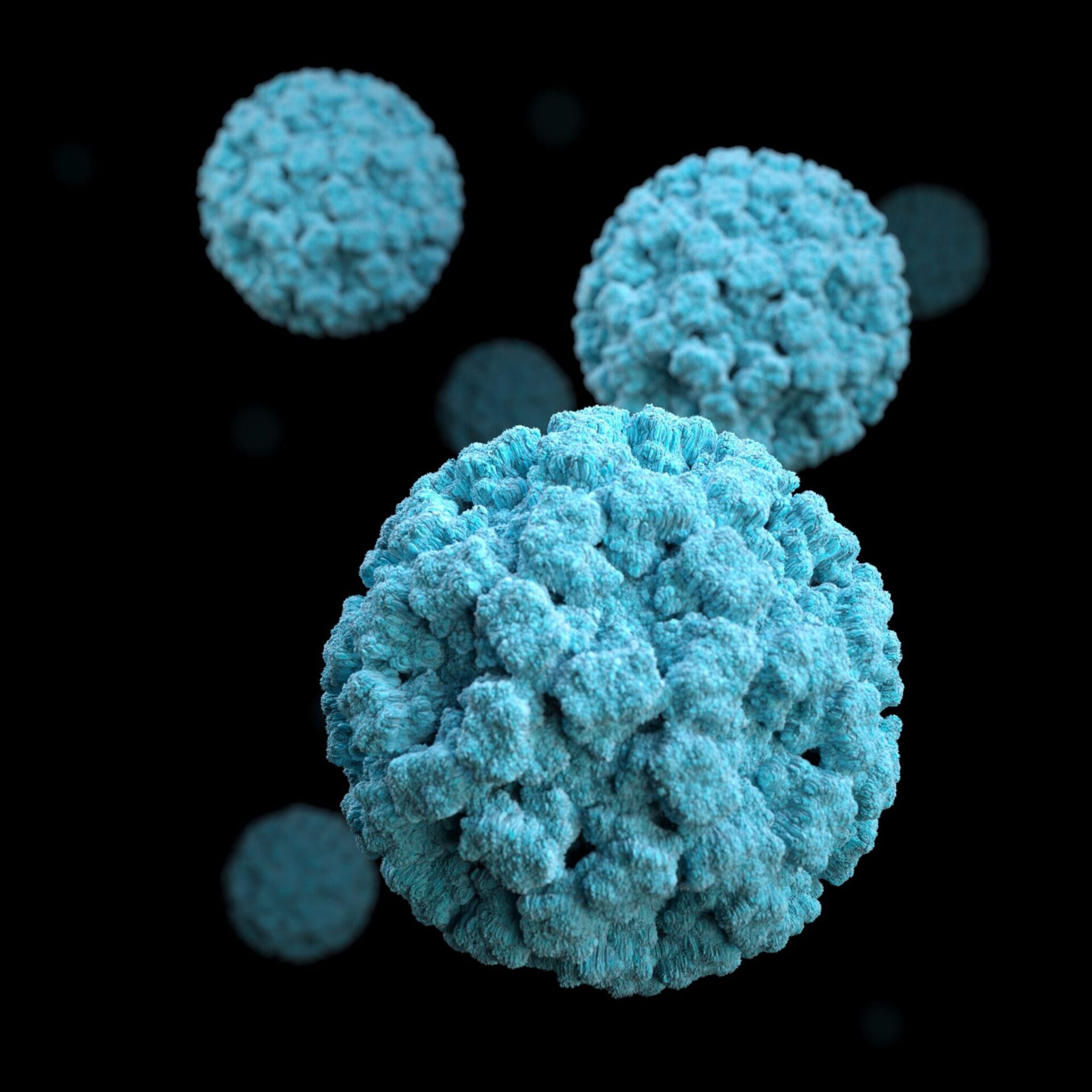
Big Data gegen Noroviren
PRESENt soll zur Bekämpfung von Norovirus-Infektionen beitragen. Durch den Einsatz von maschinellen Lernansätzen zur Vorhersage schwerer Infektionen wollen die Forscher eine personalisierte Behandlung von Patienten mit Norovirus-Infektionen entwickeln.
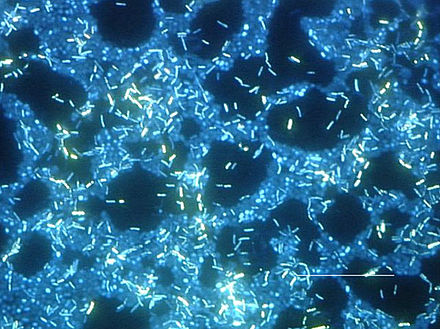
Bakterien mit Daten bekämpfen
Forscher des L3S und der Medizinischen Hochschule Hannover arbeiten im Projekt BacData an der Vermeidung von Implantatinfektionen durch die Analyse von Biofilmen mit Hilfe von Deep-Learning-Methoden.
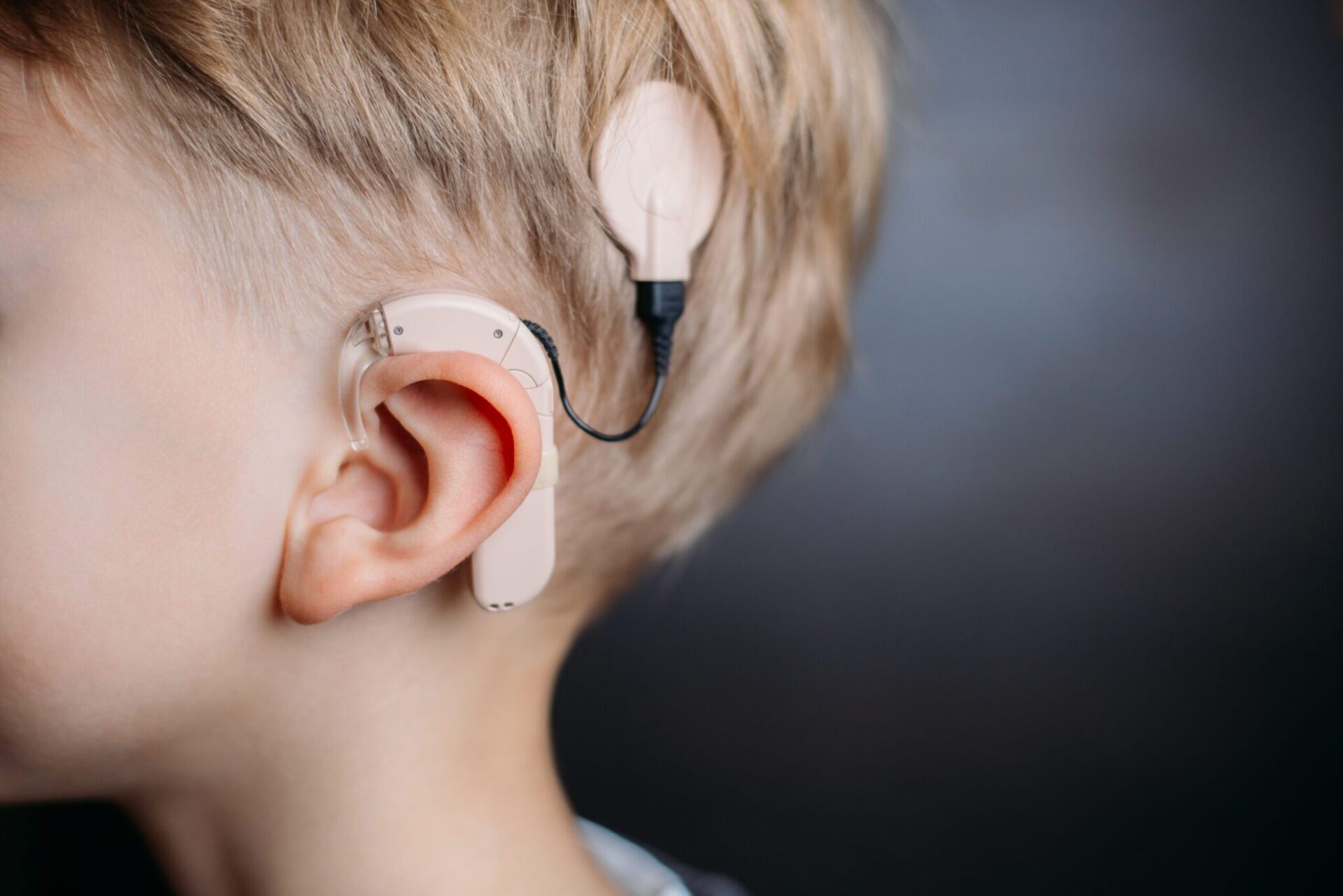
Personalisierte Versorgung von Schwerhörigen
Forschungsprojekt am L3S. Ziel ist es, Big Data und künstliche Intelligenz zu nutzen, um den Erfolg von Cochlea-Implantat-Operationen vorherzusagen, die Patientenversorgung zu personalisieren und die Behandlung zu verbessern.

Fünf Fragen an vier Dokotoranden: Seham Nasr
Interview mit Seham Nasr, Doktorandin am Leibniz AI Lab. Sie spricht über ihre Motivation und ihre Forschung zu erklärbarer KI für klinische Daten in der pädiatrischen Intensivmedizin.
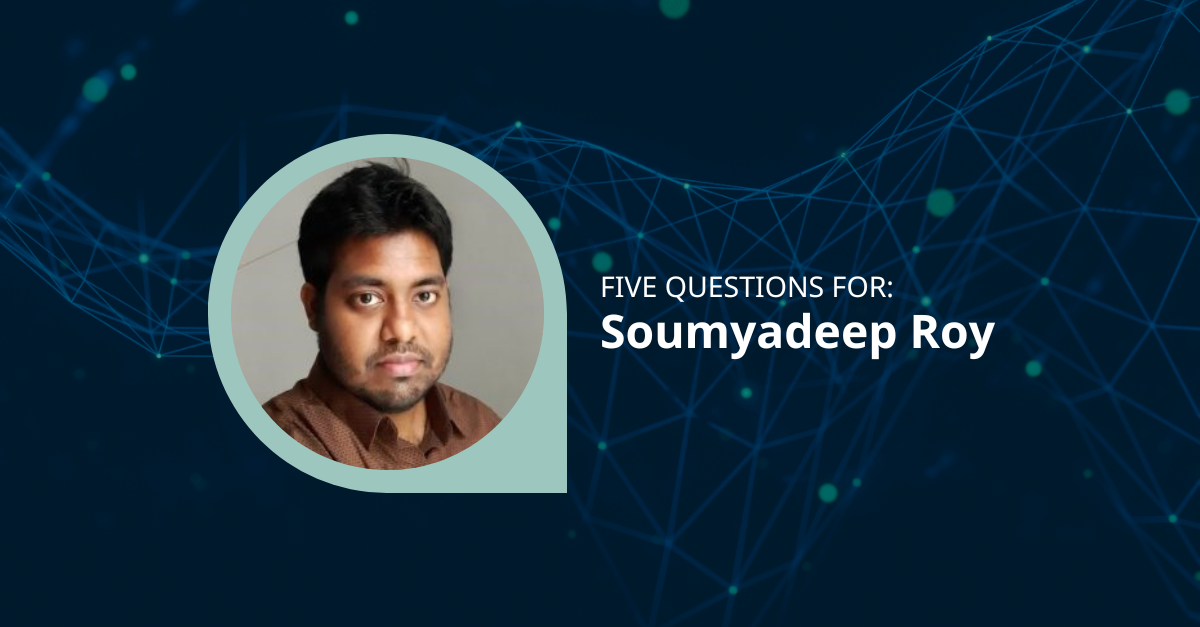
Fünf Fragen an vier Doktoranden: Soumyadeep Roy
Interview mit Soumyadeep Roy, Doktorand am Leibniz AI Lab. Er spricht über seine Motivation und seine Forschungsinteressen in den Bereichen natürliche Sprachverarbeitung und maschinelles Lernen im Gesundheitswesen.
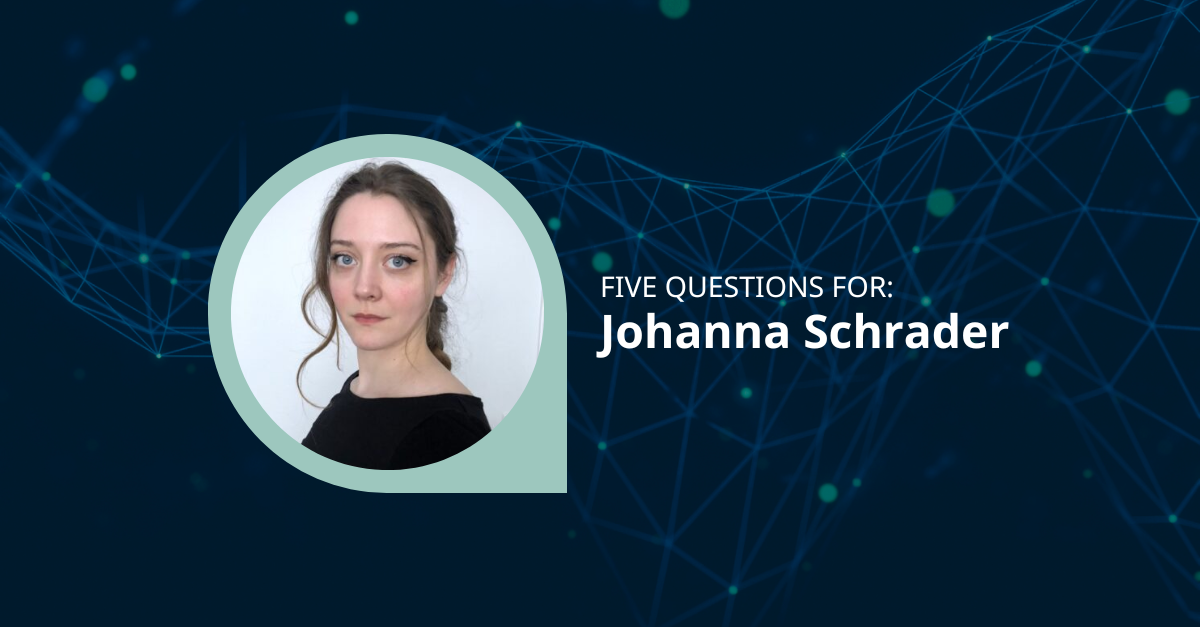
Fünf Fragen an vier Doktoranden: Johanna Schrader
Interview mit Johanna Schrader, Doktorandin am L3S. Sie spricht über ihr aktuelles Projekt, bei dem KI im biomedizinischen Bereich eingesetzt wird, um das Ergebnis einer Cochlea-Implantat-Operation vorherzusagen.
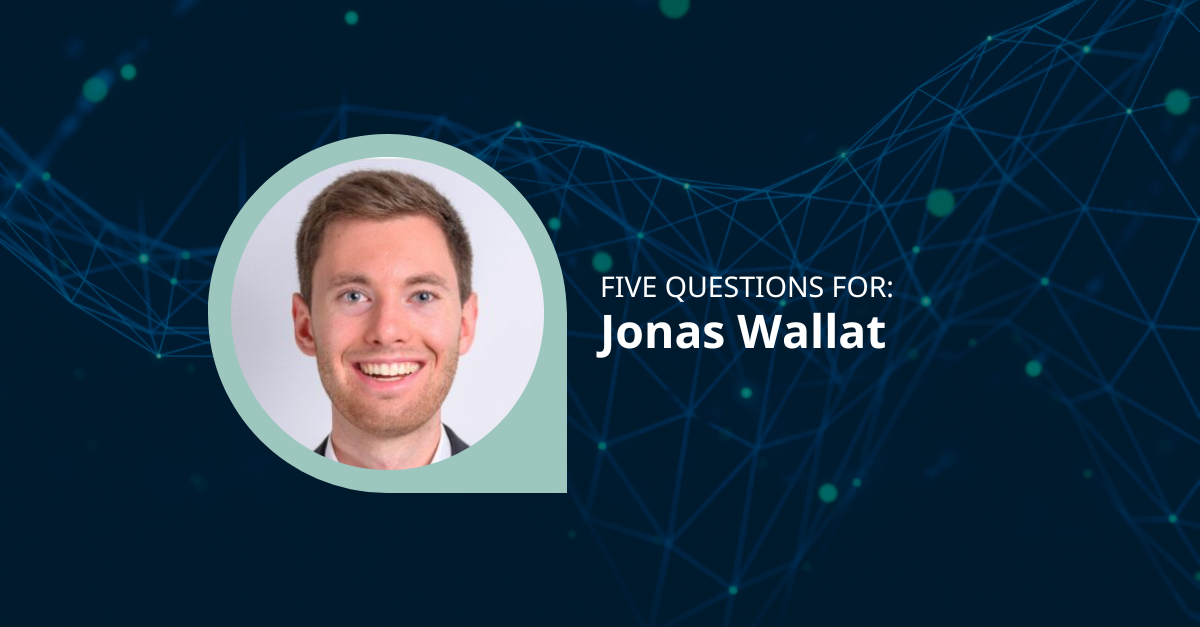
Fünf Fragen an vier Doktoranden: Jonas Wallat
Interview mit Jonas Wallat, Doktorand am Leibniz AI Lab. Er spricht über seine Forschung zu NLP und Gensequenzen, die Arbeit in einem internationalen Team und seine Motivation zu promovieren.
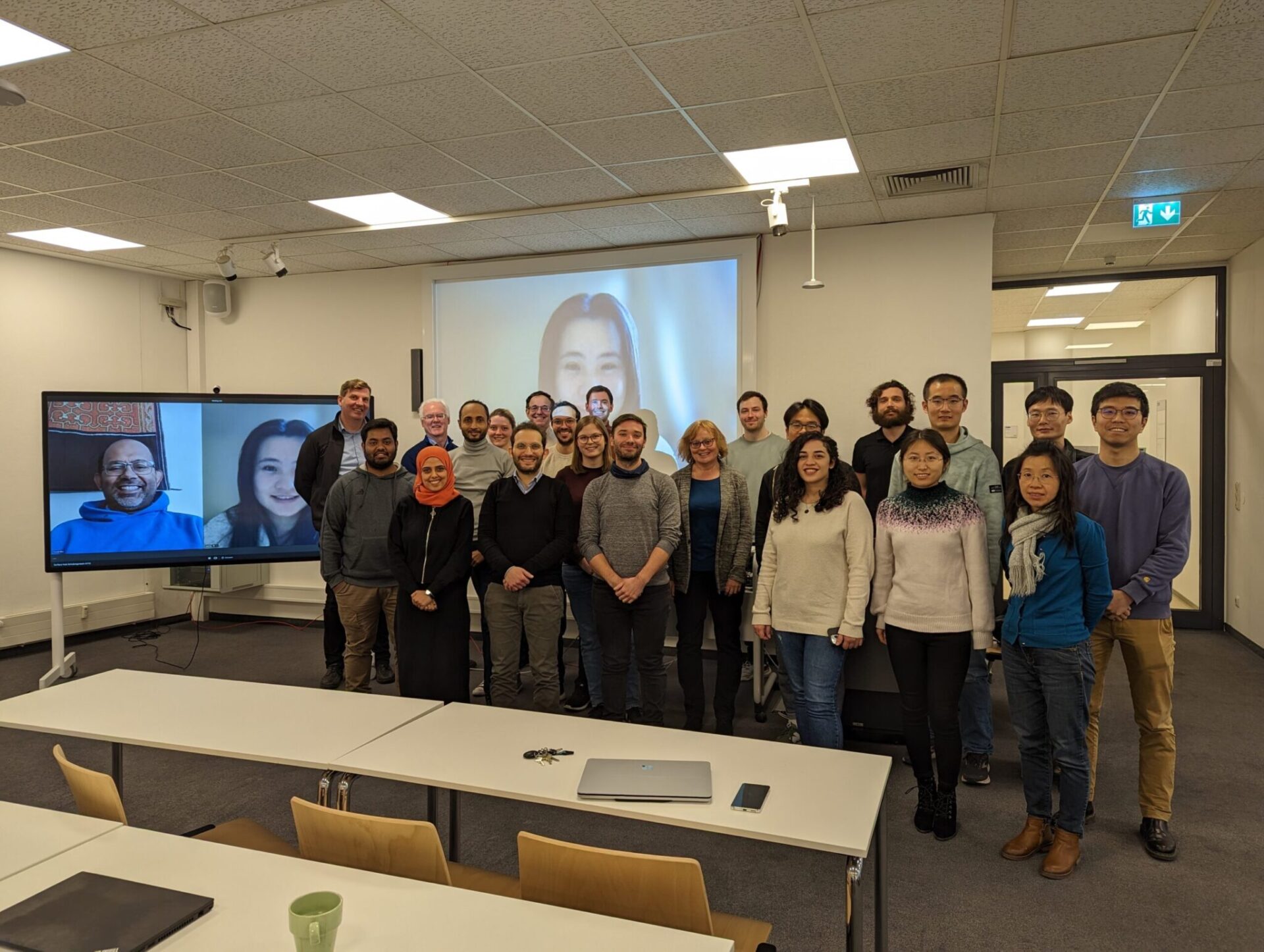
Im Gespräch mit Gastprofessoren
Interviews mit Gastprofessoren des Leibniz AI Labs, die über ihre spannende Forschung zu Themen wie Deep Learning, Wissensgraphen und prädiktive Modellierung sprechen.
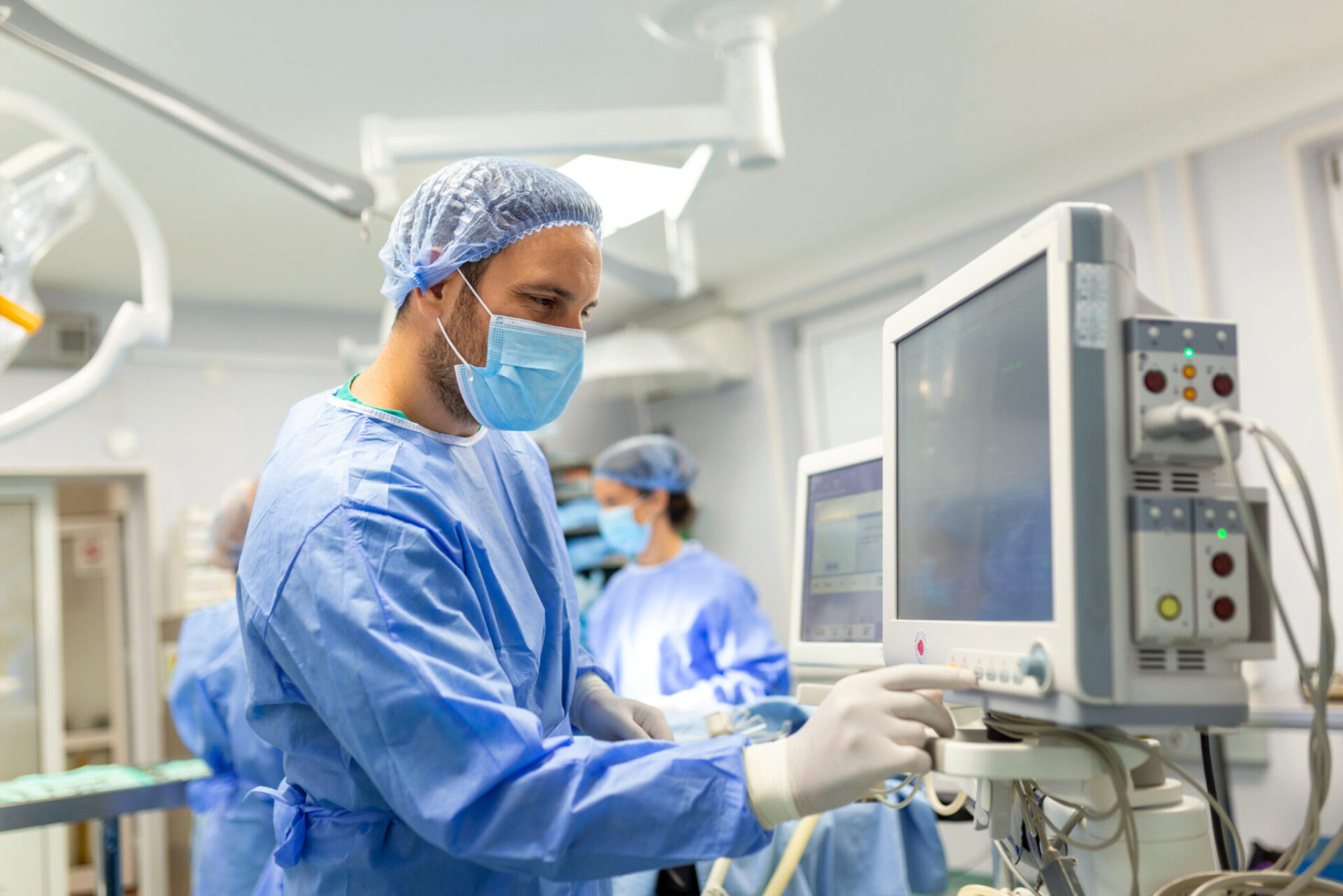
Ärzten bei Entscheidungen helfen
Das Leibniz AI Lab entwickelt eine KI-basierte Entscheidungshilfe zur Verbesserung der Entscheidungsfindung auf pädiatrischen Intensivstationen (PICU).
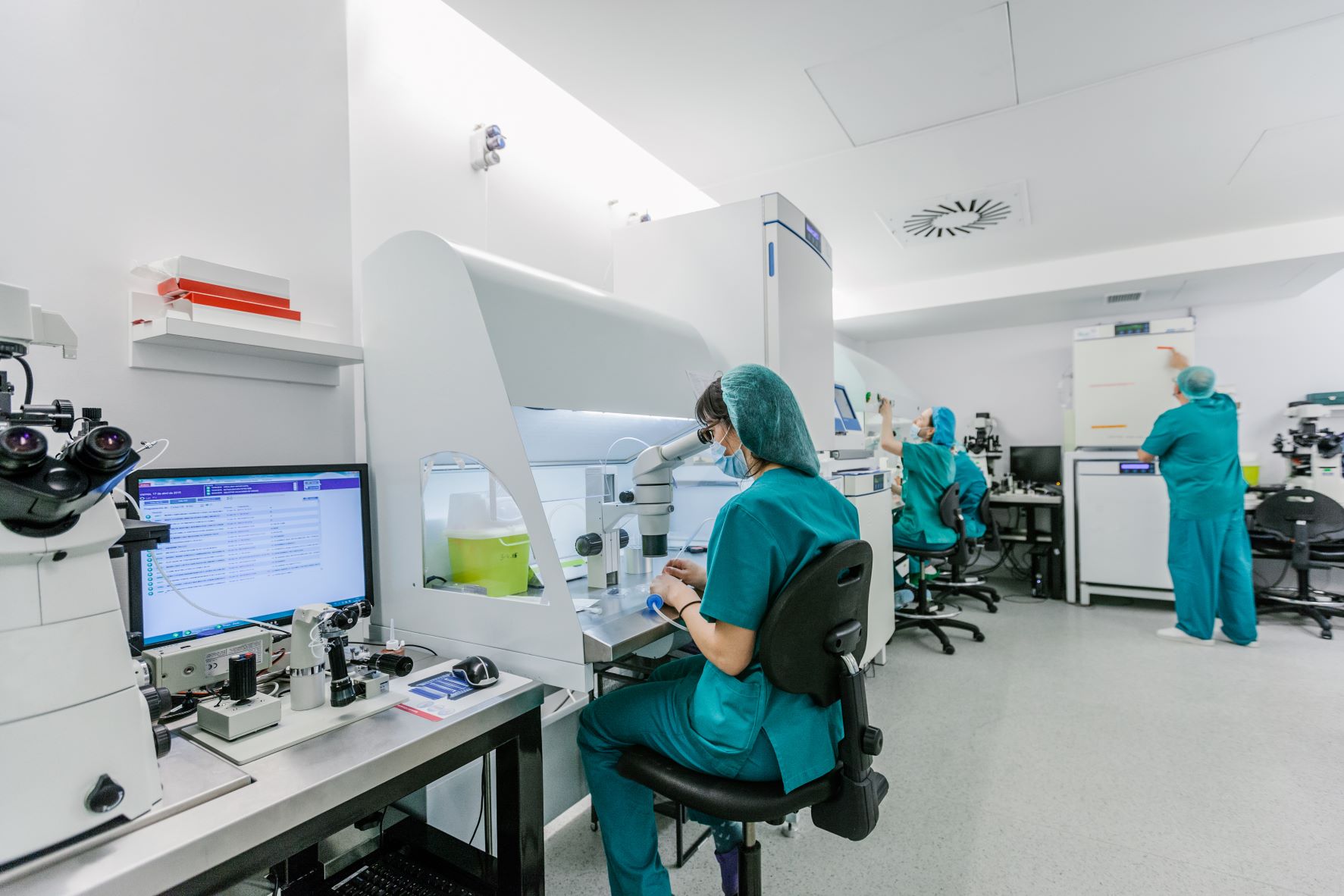
Pandemiebekämpfung mittels Datenanalyse
Datenanalyse hilft im Kampf gegen COVID-19: Die Medizinische Hochschule Hannover und das Leibniz AI Lab entschlüsseln die DNA von Patienten, um die Krankheit besser zu verstehen.
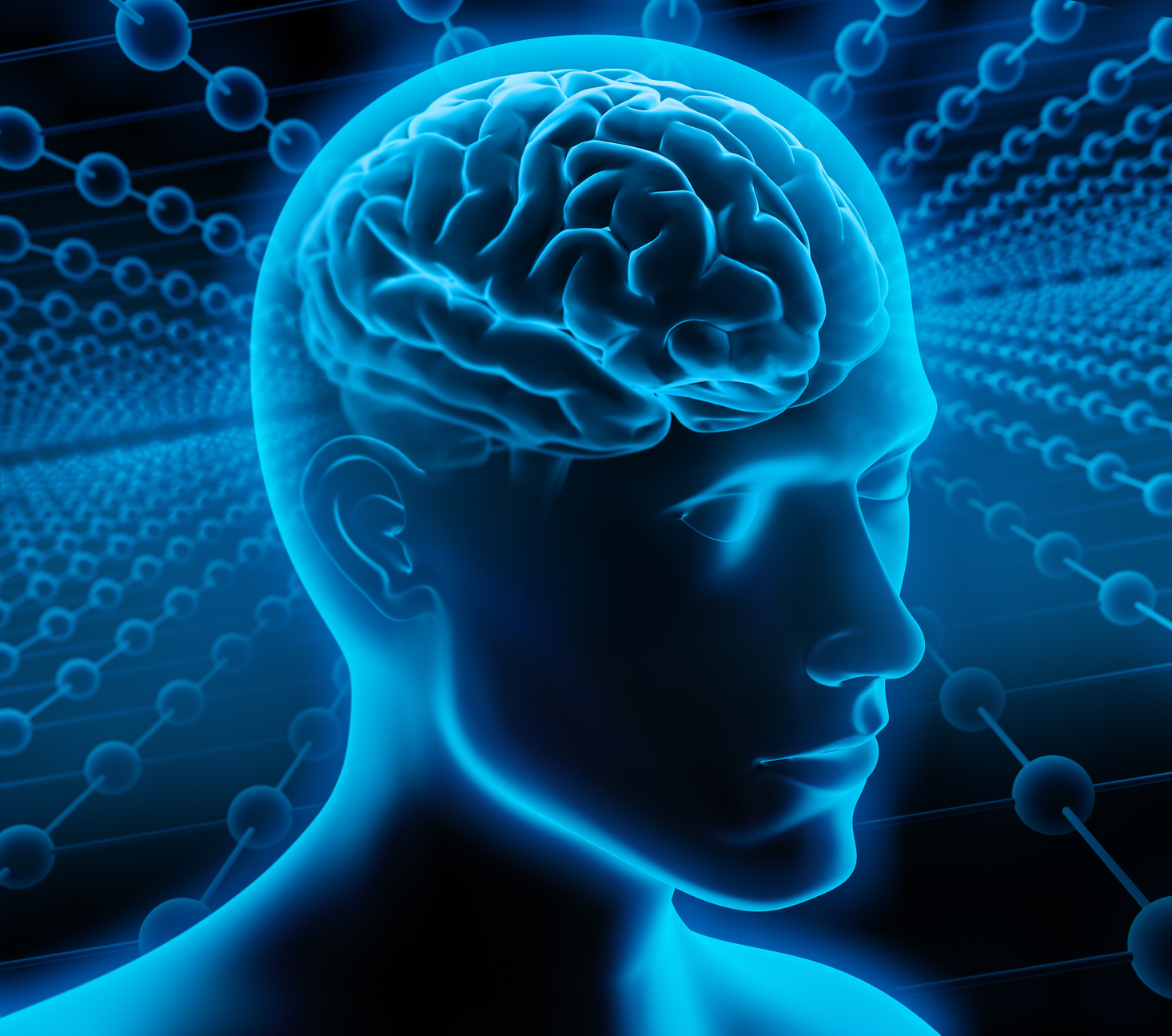
Mehr als nur ein Zittern
Forscher des Leibniz-KI-Labors integrieren klinische und genetische Daten von Parkinson-Patienten, um potenzielle Marker für frühzeitige therapeutische Interventionen zu identifizieren.
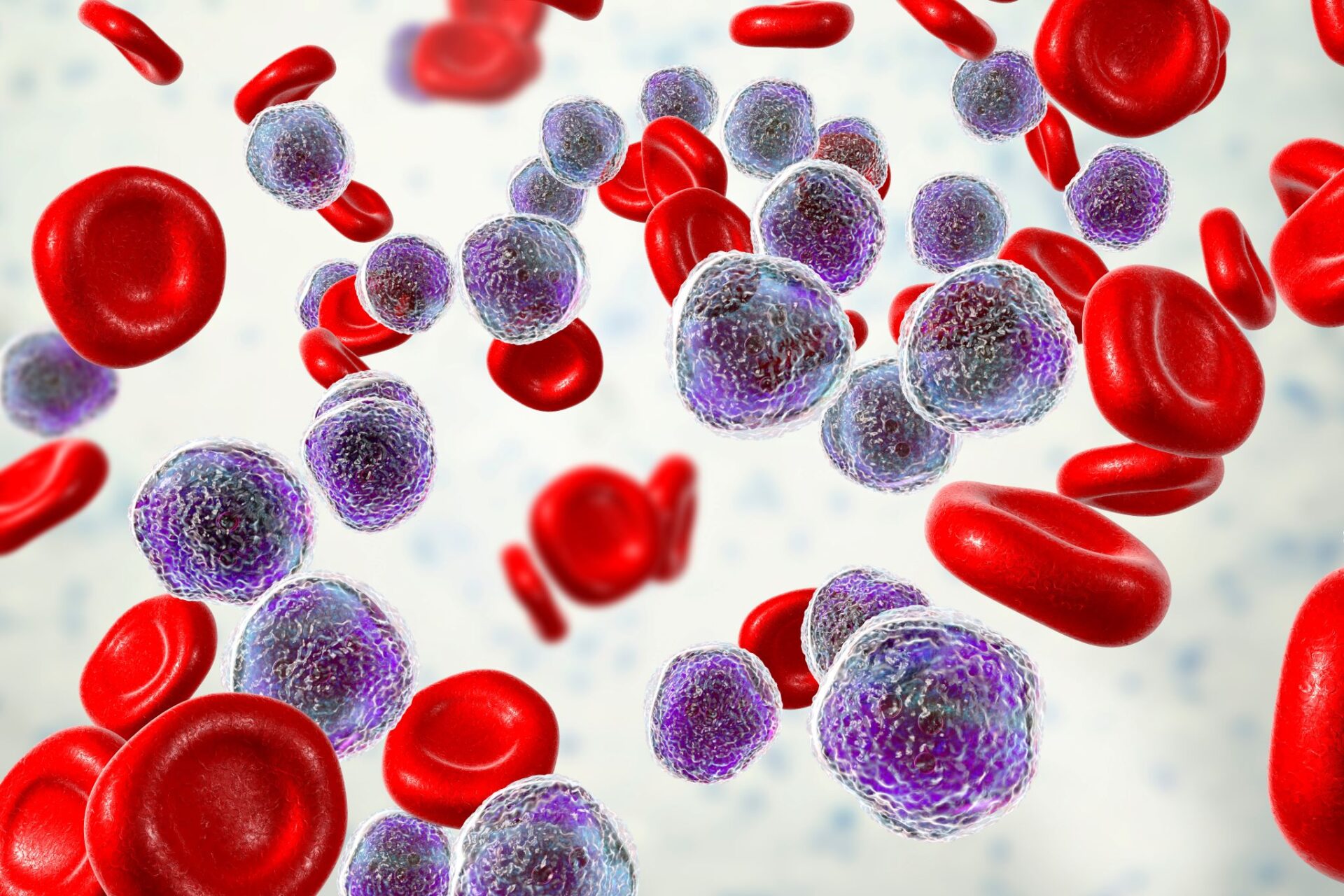
Use Case Leukämie bei Kindern
KI kann eingesetzt werden, um die Diagnose und Behandlung von akuter lymphatischer Leukämie (ALL) bei Kindern zu verbessern. Dr. Bergmann und Dr. Tang leiten am Leibniz AI Lab ein Projekt zur Identifizierung neuer Marker für ALL.
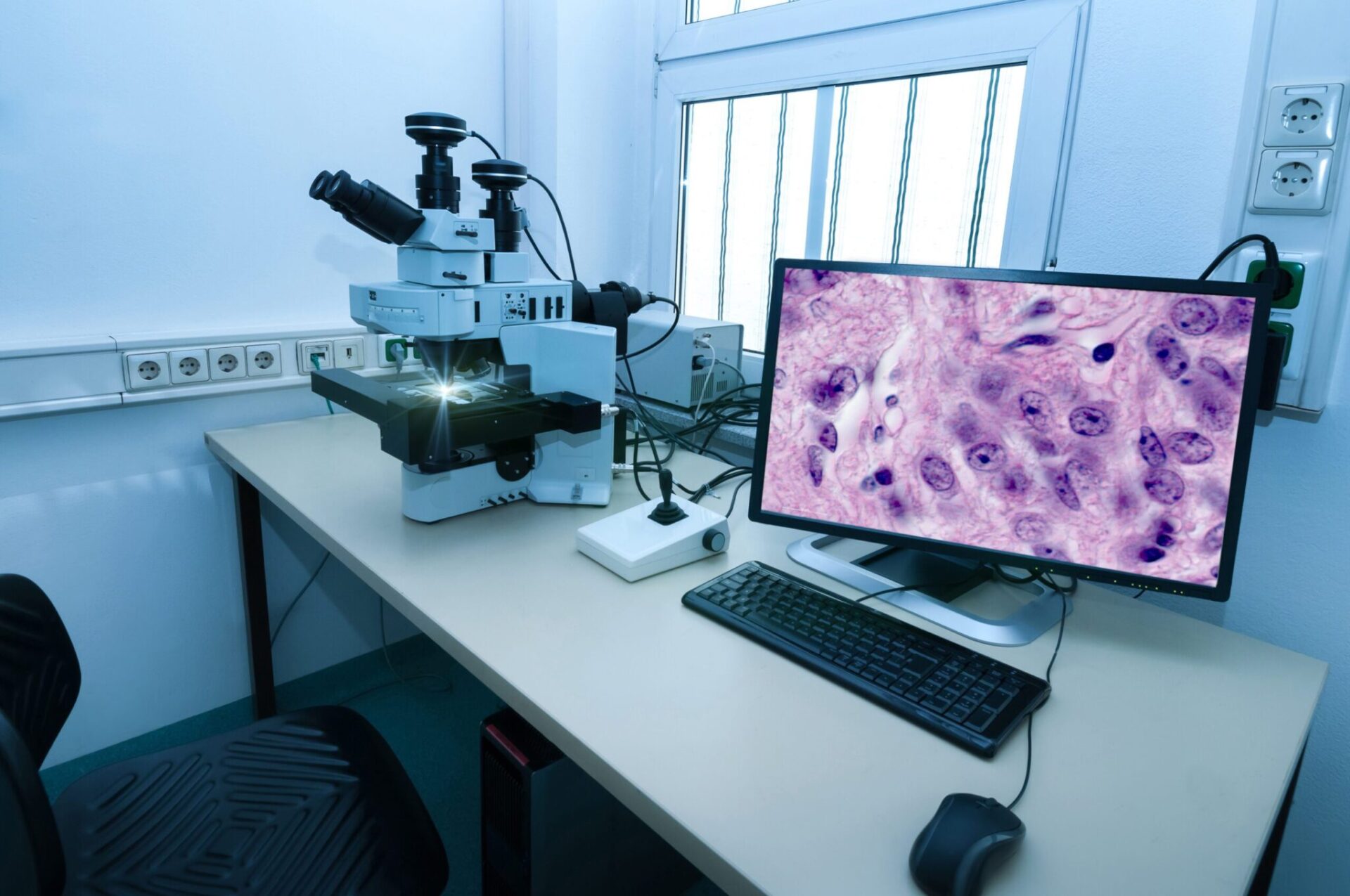
Neue Chancen gegen Brustkrebs
Das Leibniz AI Lab in Deutschland nutzt Patientendaten und KI, um Faktoren für eine erfolgreiche Brustkrebstherapie zu finden.
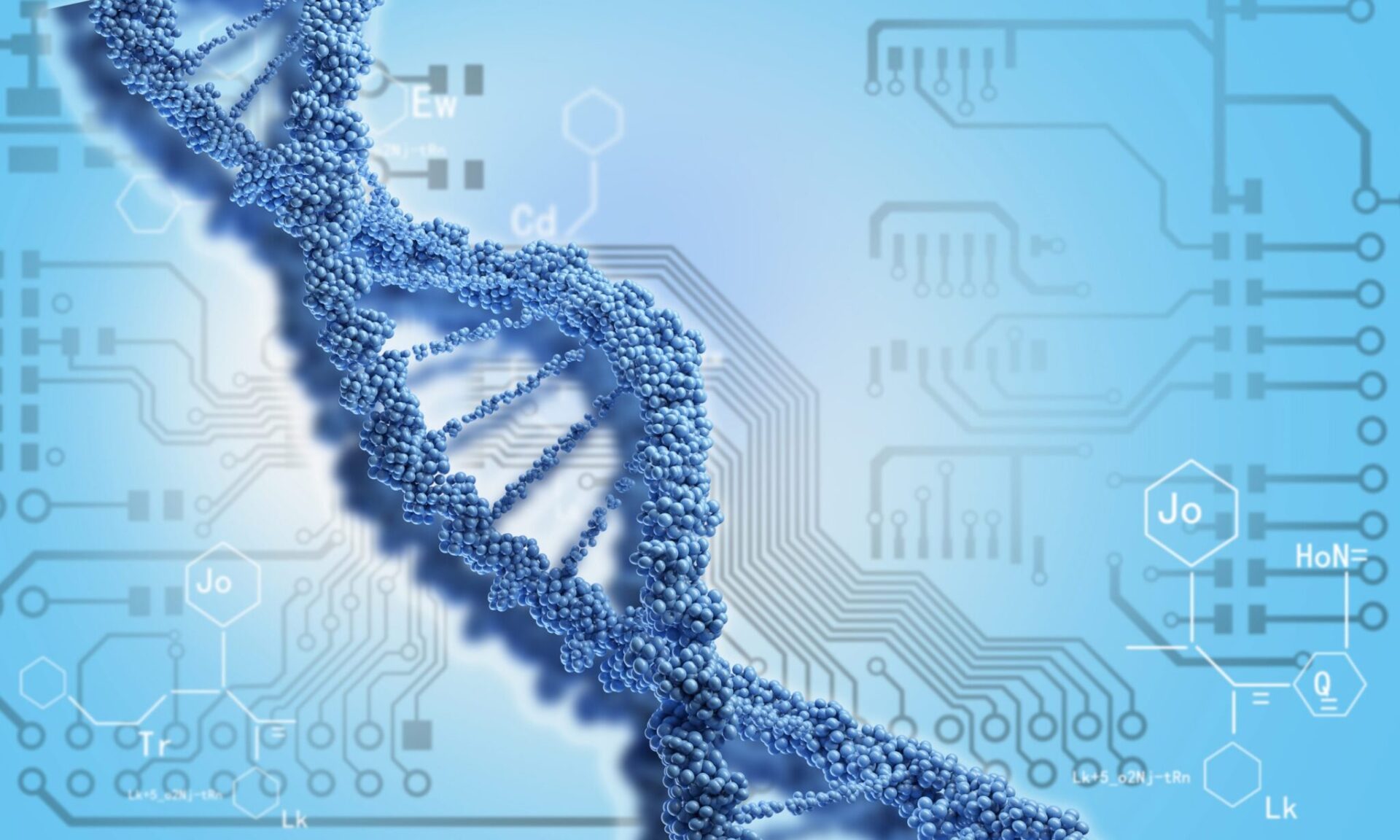
Patientendaten und Künstliche Intelligenz
Nutzen Sie das Potenzial der personalisierten Medizin mit KI und Patientendaten. Arbeiten Sie mit Spitzenforschern im LEIBNIZ AI LAB zusammen, um zuverlässige Lösungen zu entwickeln.
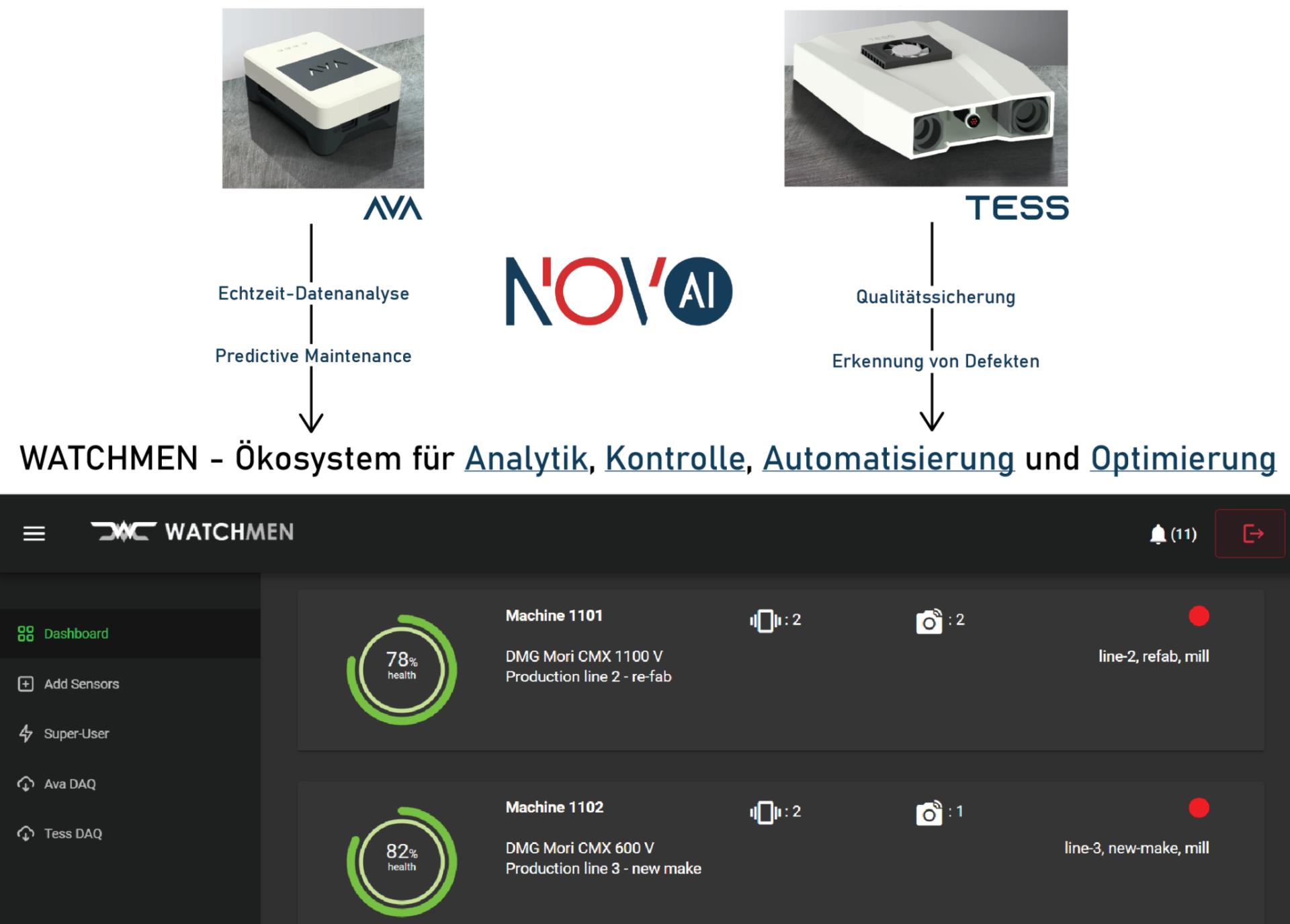
Vier Fragen an Novo AI
Start-ups gelten als Innovationsmotoren. Im Bereich der künstlichen Intelligenz sind es oft Start-ups aus Universitäten, wie Novo AI, die ihr Know-how nutzen, um neue anwendungsorientierte Lösungen zu entwickeln.

Wahrnehmung und Wirklichkeit
Die Gewährleistung der Sicherheit ihrer Bürger ist eine der Kernaufgaben der Europäischen Union. L3S ist zusammen mit seinem Partner Hensoldt Analytics an mehreren Projekten in diesem Bereich beteiligt.

KI für Mobilität und Produktion
L3S arbeitet mit Volkswagen Nutzfahrzeuge in Projekten wie CampaNeo, d-E-mand oder SmashHit zusammen, in denen VW hauptsächlich Daten erhebt und L3S diese für Analysen und Prognosen nutzt.
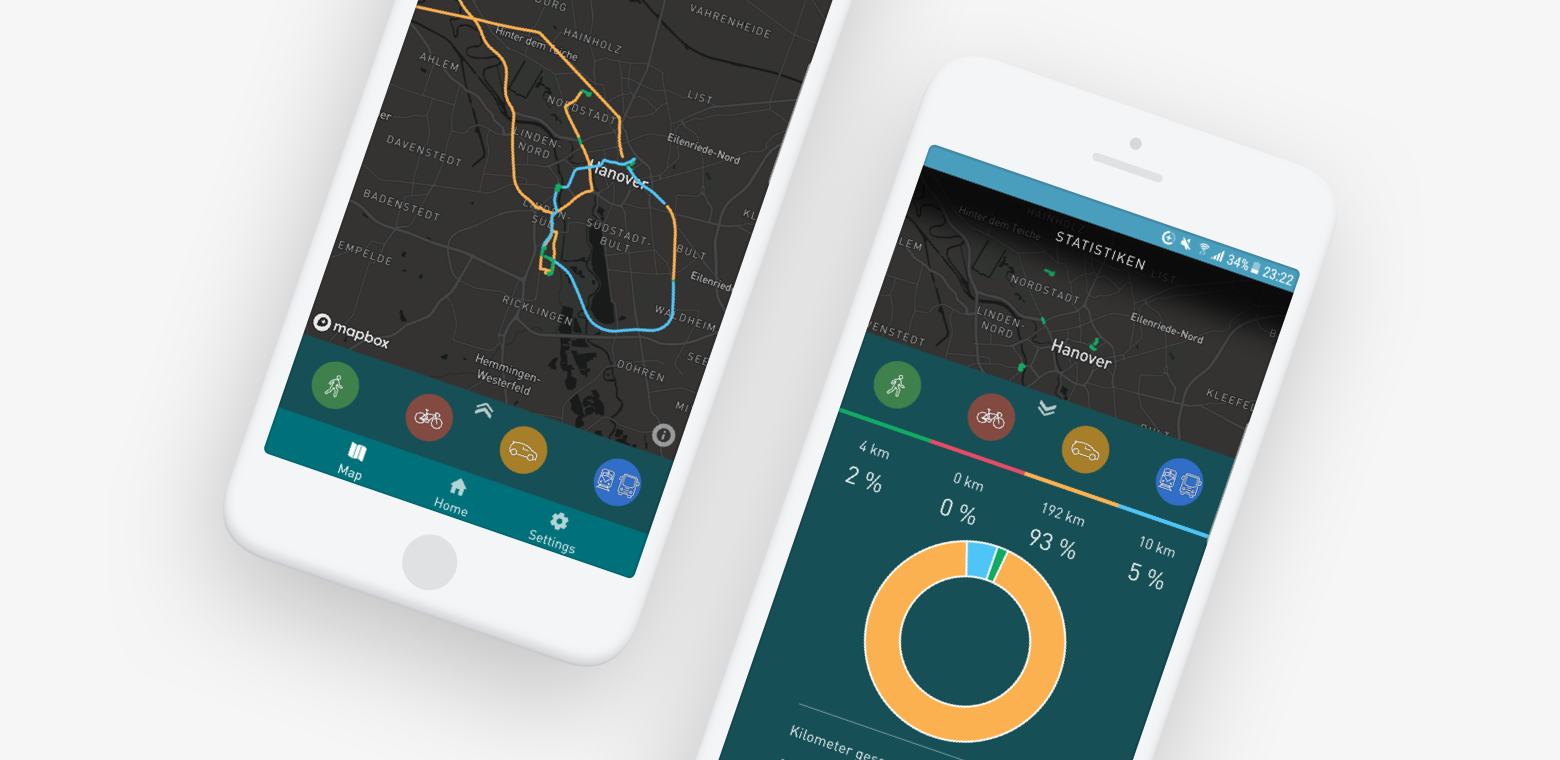
Von der Forschung zur digitalen Mobilität von morgen
Mobilitätslösungen müssen mehr können als nur Dinge oder Personen zu transportieren. L3S arbeitet mit Projektionisten zusammen, um Aufgaben wie das Modellieren, Sammeln und Analysieren von Mobilitätsdaten zu bewältigen.

Optimierte Lieferketten als Wettbewerbsvorteil
Die Pandemie hat gezeigt, wie wichtig funktionierende Lieferketten für die Weltwirtschaft sind. Infineon Technologies ist daher bestrebt, diese kontinuierlich zu verbessern.
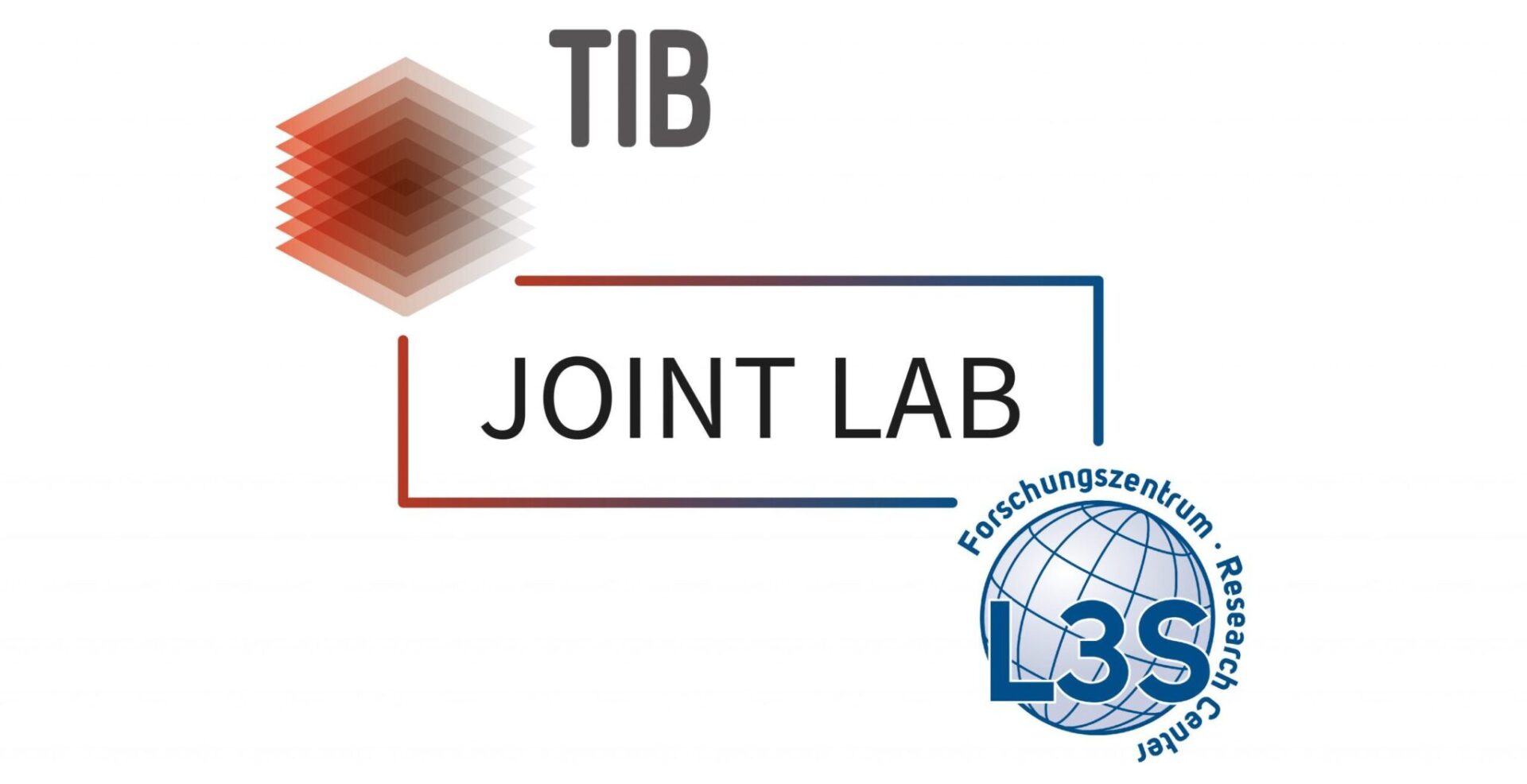
Eng verbundene Partner: L3S und TIB
Wissen und Informationen frei zugänglich zu machen und das kulturelle Erbe zu bewahren: Die TIB versorgt Wissenschaft und Wirtschaft mit Literatur und Informationen.

Fairness statt Vorurteile
Eine Reihe von L3S-Projekten zielt darauf ab, die rechtlichen, sozialen und technischen Herausforderungen von Vorurteilen zu verstehen - und zu vermeiden. Auch NoBIAS beschäftigt sich mit diesem Thema.
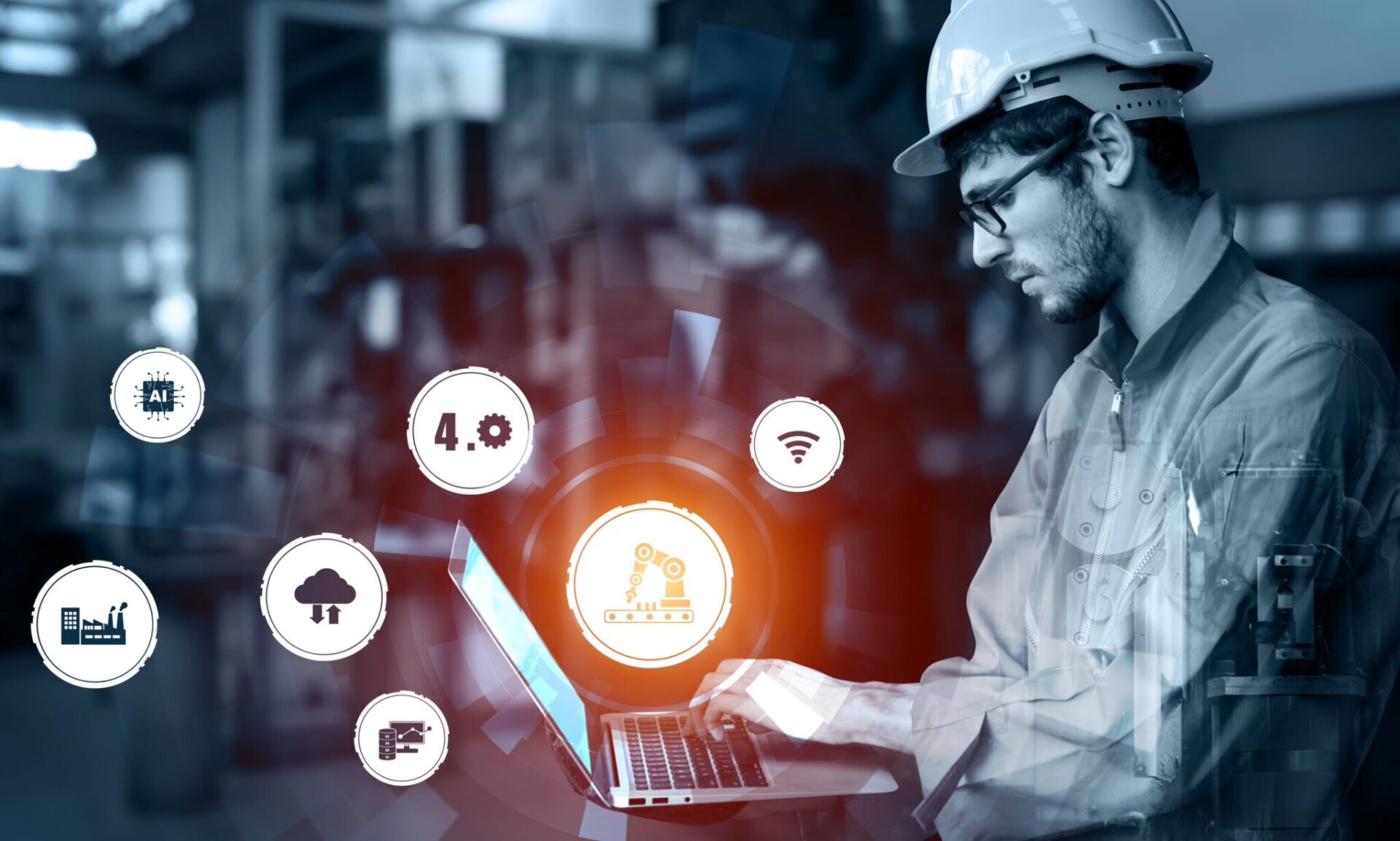
Innovationsschub für den Mittelstand
IIP-Ecosphere baut ein Ökosystem auf, das das Potenzial von KI in der Fertigung demonstriert und den Austausch von Anforderungen und Erfahrungen aktiv fördert.

DIH Partner stellen sich vor: CISPA Helmholtz-Zentrum für Informationssicherheit
Das CISPA widmet sich der Grundlagenforschung, der Ausbildung zukünftiger Cybersicherheitsexperten in Deutschland und dem Technologietransfer in den Bereichen Cybersicherheit und Datenschutz.
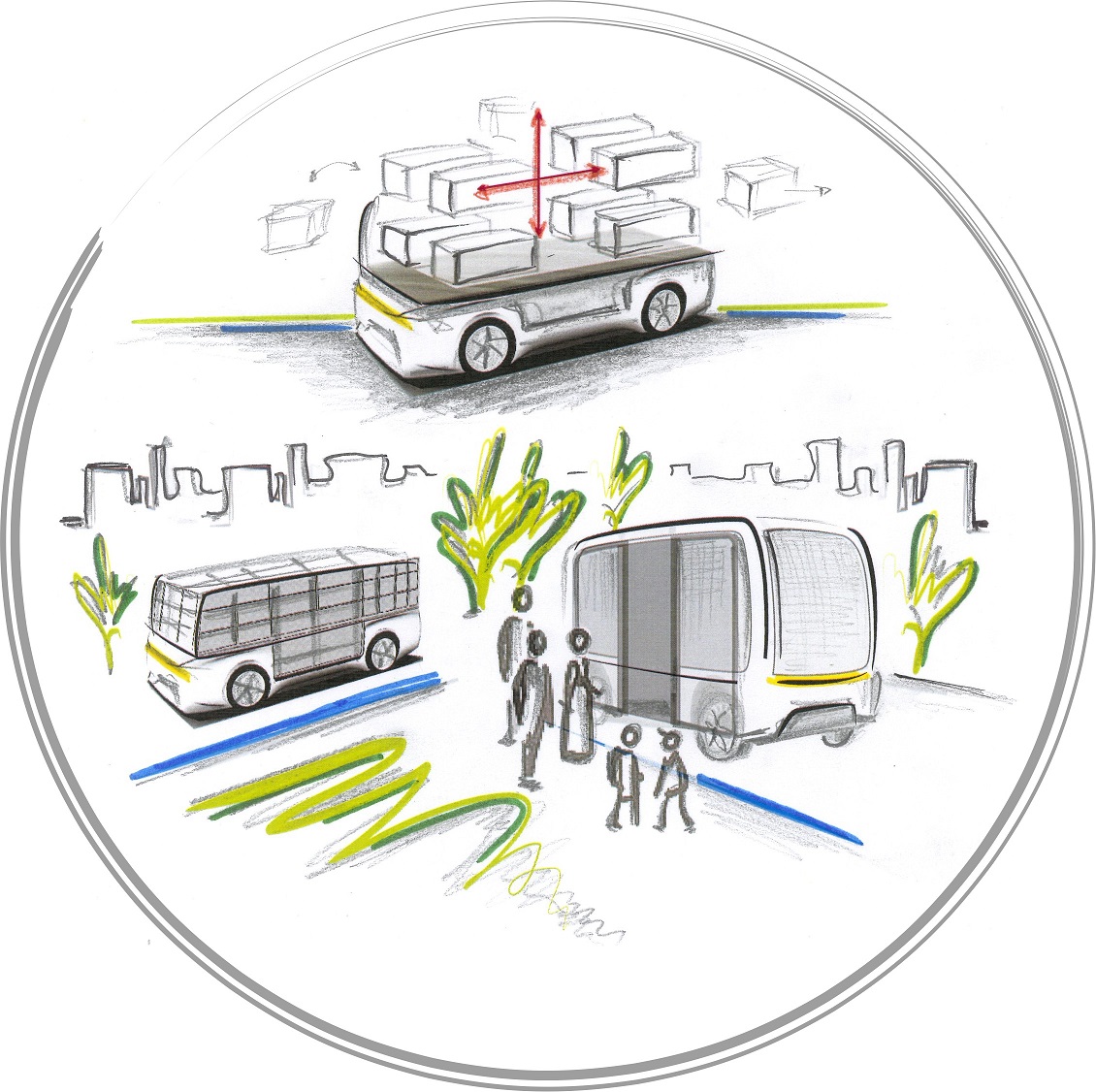
DIH Partner Stellen sich vor: Niedersächsisches Forschungszentrum Fahrzeugtechnik
Autonome Autos und innovative Sharing-Konzepte klingen noch nach Zukunftsvisionen. Damit sie Wirklichkeit werden, sucht die NFF nach guten Lösungen.
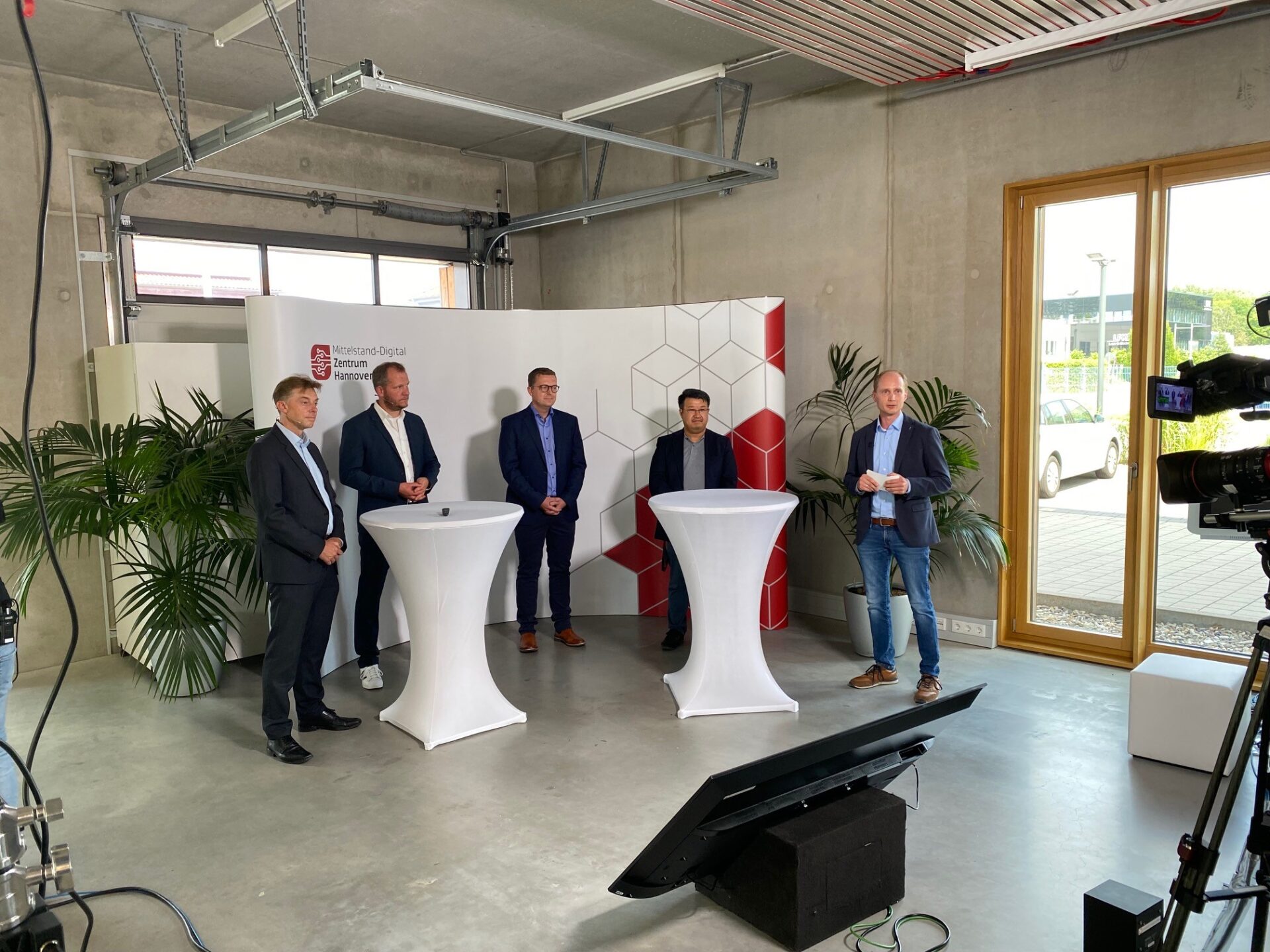
DIH Partner stellen sich vor: Mittelstand-Digital Zentrum Hannover
Am Produktionstechnischen Zentrum der Leibniz Universität Hannover hat Deutschlands erstes Mittelstand-Digital Zentrum Hannover" seine Arbeit aufgenommen.
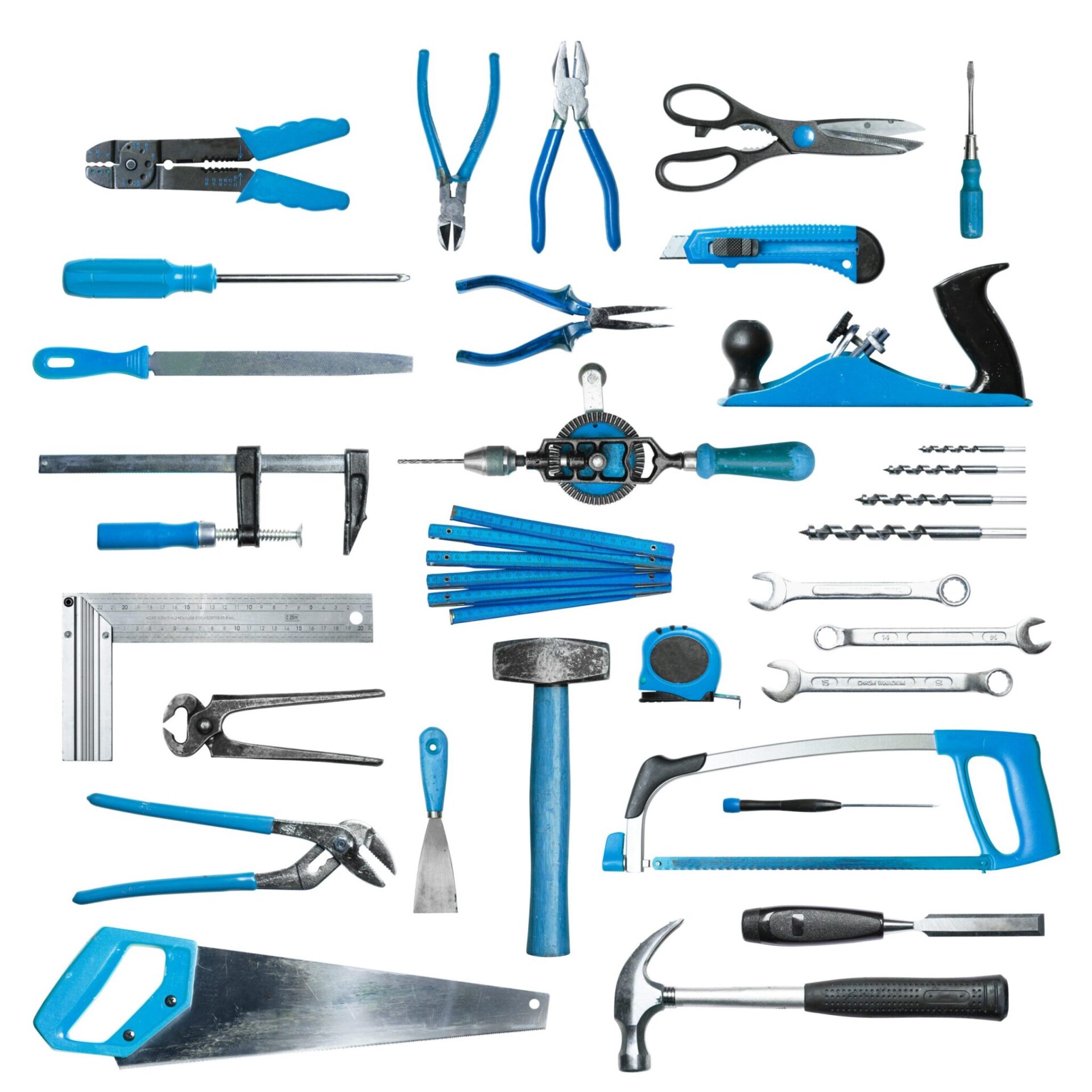
DIH Partner stellen sich vor: Heinz-Piest-Institut für Handwerkstechnik (HPI)
Ein Partner des KomKI-Projekts ist das Heinz-Piest-Institut (HPI) für Handwerkstechnik an der Leibniz Universität Hannover.
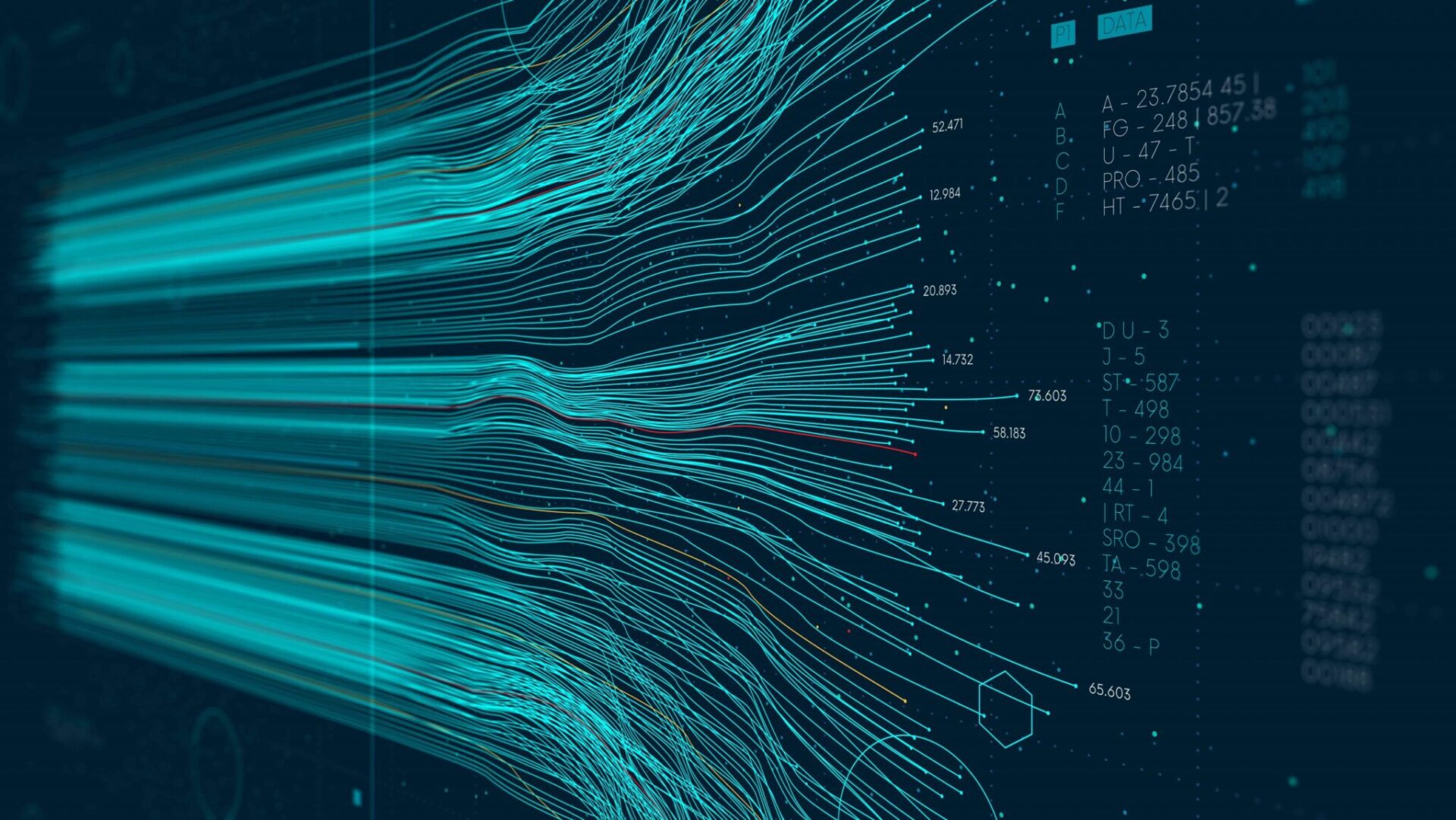
Gemeinsamer Datenraum für Wissenschaft und Wirtschaft
Um den Datentransfer zwischen Wissenschaft und Wirtschaft zu verbessern, fördert das Bundesministerium für Bildung und Forschung das Projekt FAIR Data Space.
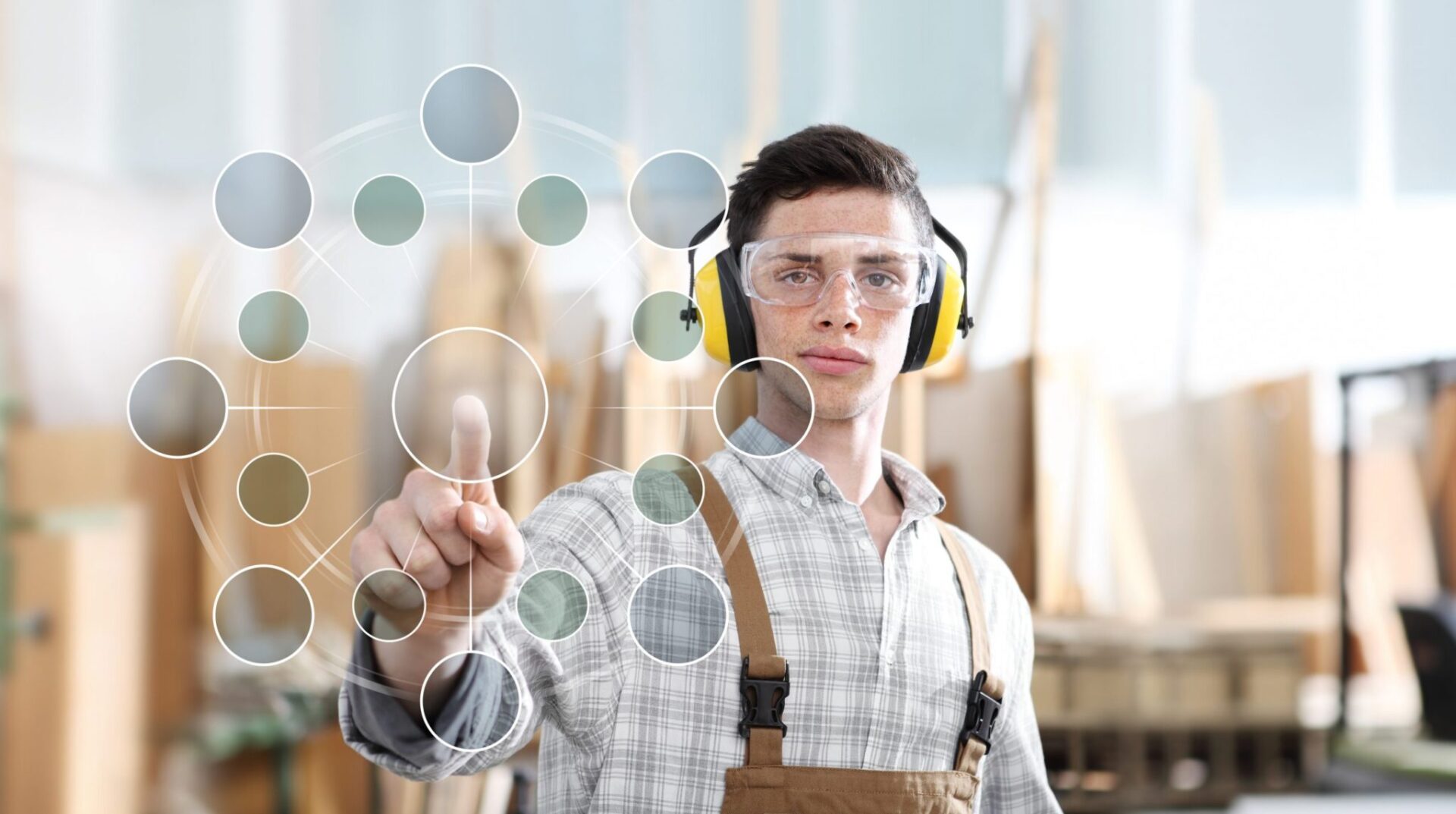
Neuer Knotenpunkt der Digitalisierungsförderung
DAISEC trägt dazu bei, dass niedersächsische Unternehmen einen niedrigschwelligen Zugang zu KI- und Cybersecurity-Technologien erhalten und bietet eine Vielzahl von Dienstleistungen an.
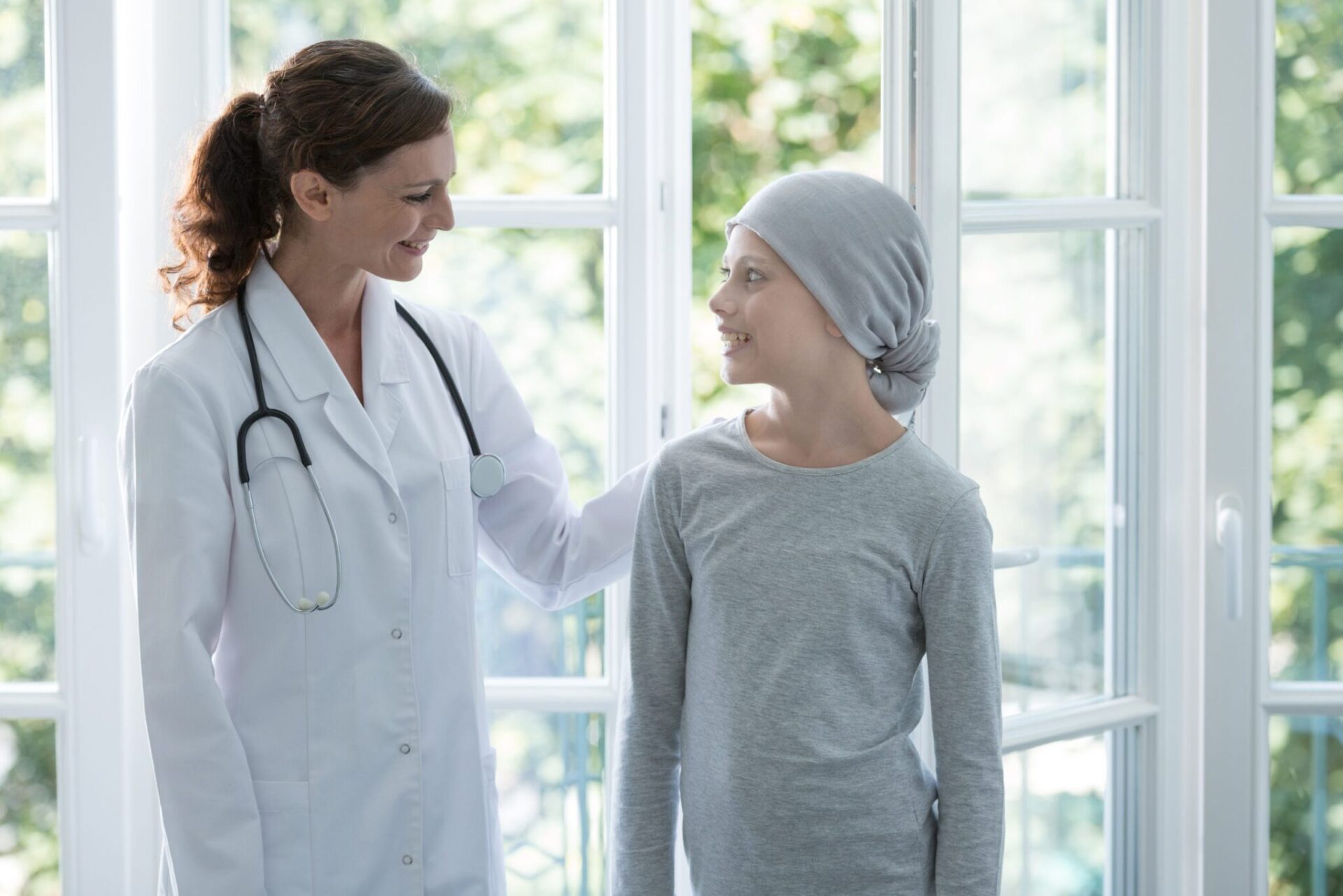
Globale Kooperation auf dem Weg zur personalisierten Medizin
Im LeibnizAILab arbeiten exzellente Forscherinnen und Forscher aus der ganzen Welt daran, intelligente, zuverlässige und verantwortungsvolle Systeme für die personalisierte Medizin zu entwickeln.

Digitale Lehre mit Twillo teilen
Das OER-Portal Twillo bietet Lehrkräften eine zuverlässige Infrastruktur für den Austausch offener Bildungsressourcen mit Kollegen.
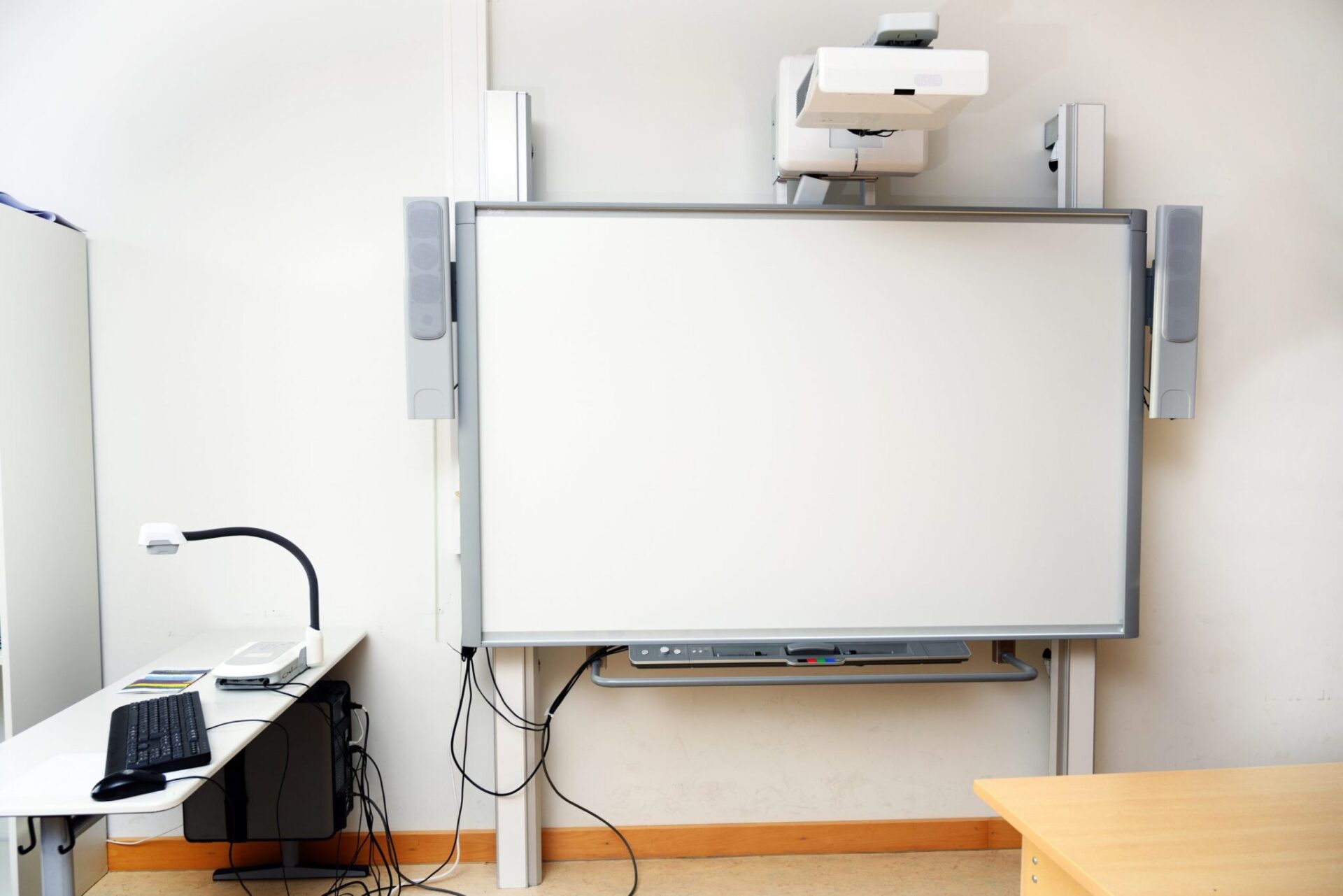
Datengestützter Unterricht in den MINT-Fächern
Further research is needed on teaching formats and how they can interact to enable effective learning.
The doctoral program LernMINT aims to close this gap.

Interview mit Dr. Dominik Rohrmus über Weiterbildung
Interview mit Dr. Dominik Rohrmus über die Aufgaben des Labs Network Industrie 4.0 (LNI), digitale Ausbildung in KMU und welche Rolle die Pandemie dabei spielt.

Wissenstransfer in der Pandemie sichern
Um KI-Systeme entwickeln, anpassen, anwenden und warten zu können, müssen Unternehmen daher ihre Mitarbeiter entsprechend qualifizieren.
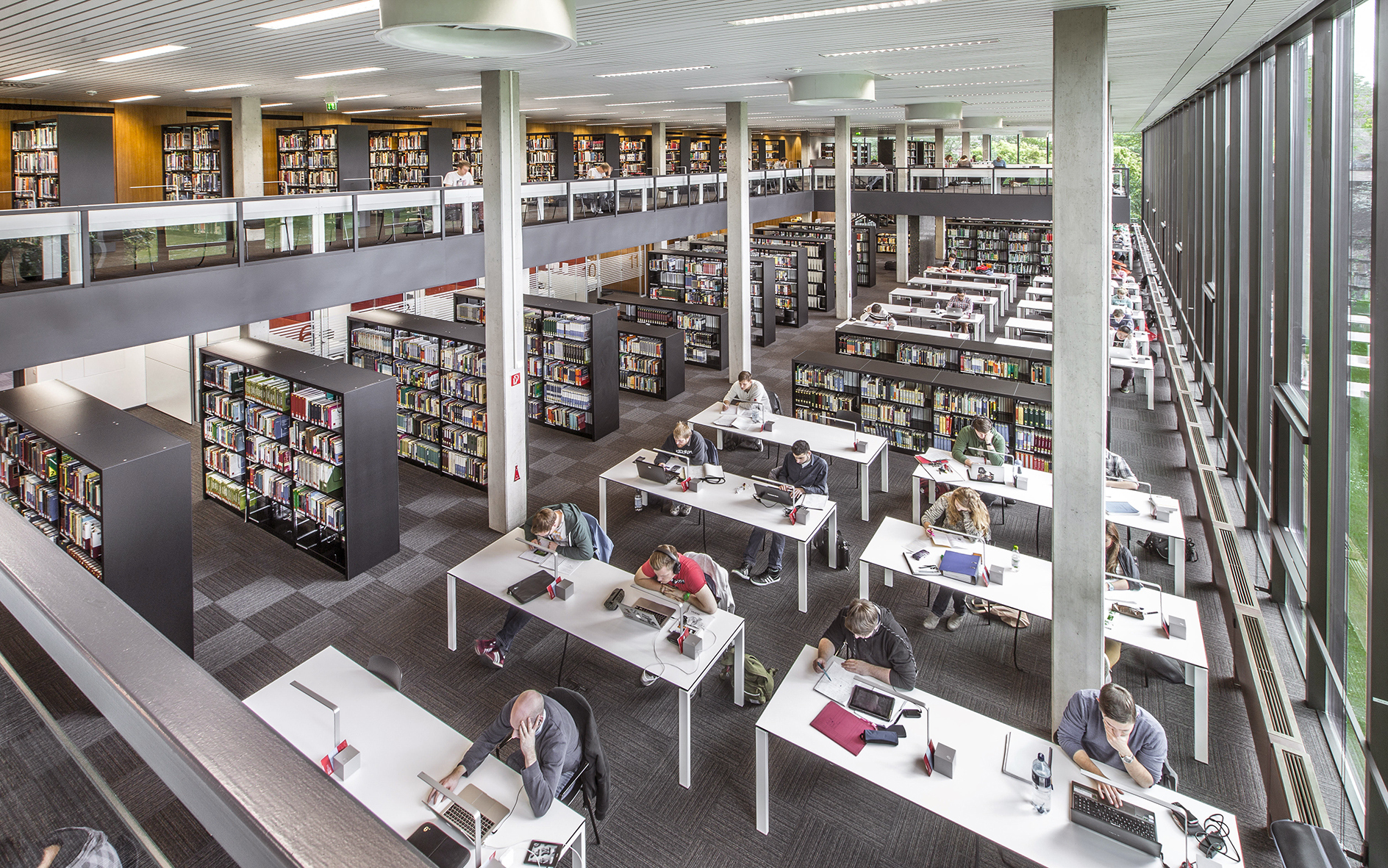
Schneller Zugriff auf Fachwissen
Das Ziel des FID-Programms: Wissenschaftlerinnen und Wissenschaftler können schnell und direkt von überall auf Fachliteratur und forschungsrelevante Informationen zugreifen.
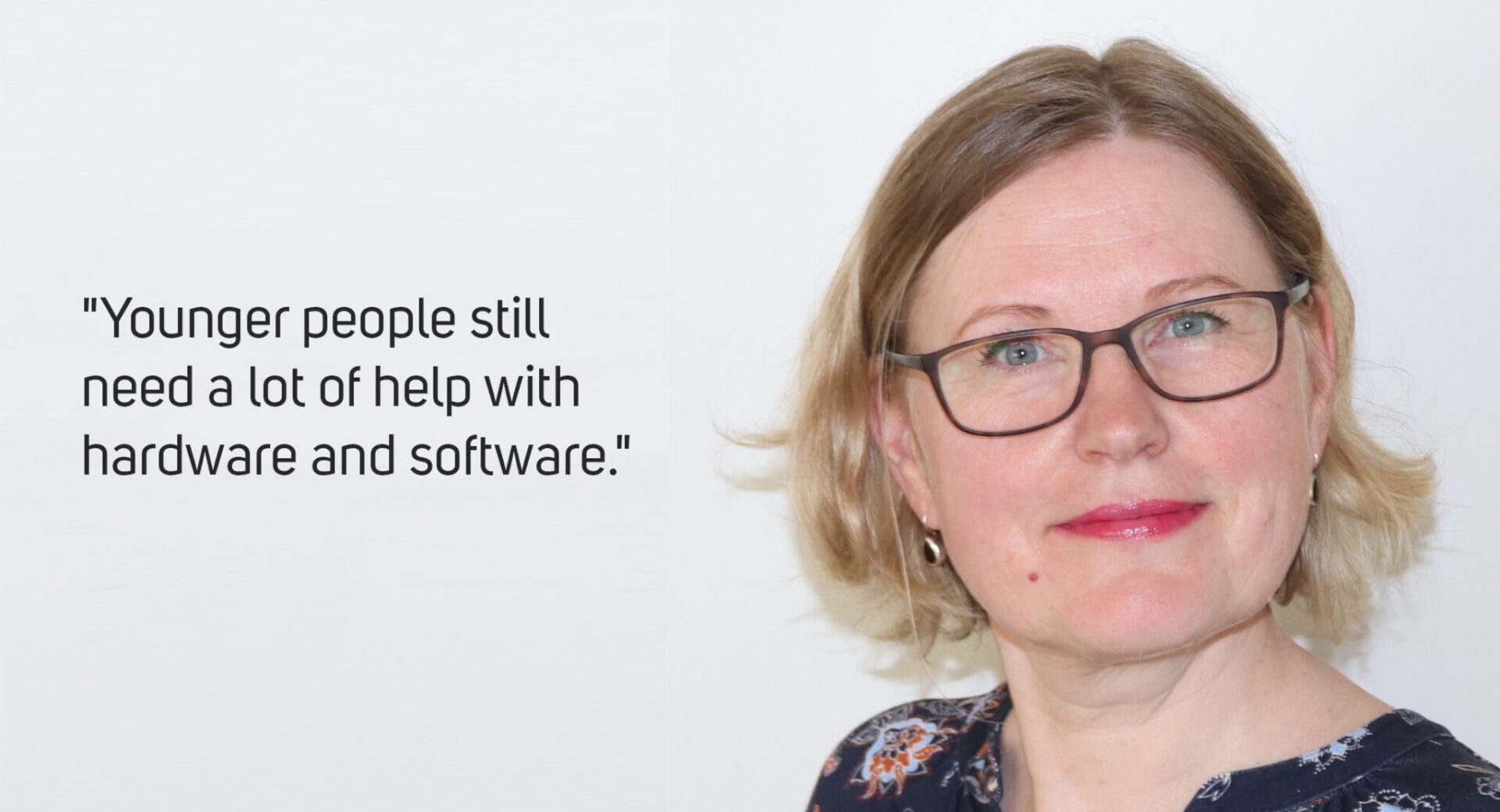
Interview mit Dr. Lea Lensment
Interview mit Dr. Lea Lensment, Lehrerin für Chemie und Physik an der Ricarda-Huch-Schule, über die Digitalisierung von Schulen in der Pandemie und die Schulplattform IServ.

Suchmaschine für Wissenschaftsvideos
Die Wissenschaftler arbeiten daran, das AV-Portal der TIB um eine webbasierte Plattform zur systematischen Film- und Videoanalyse zu erweitern.
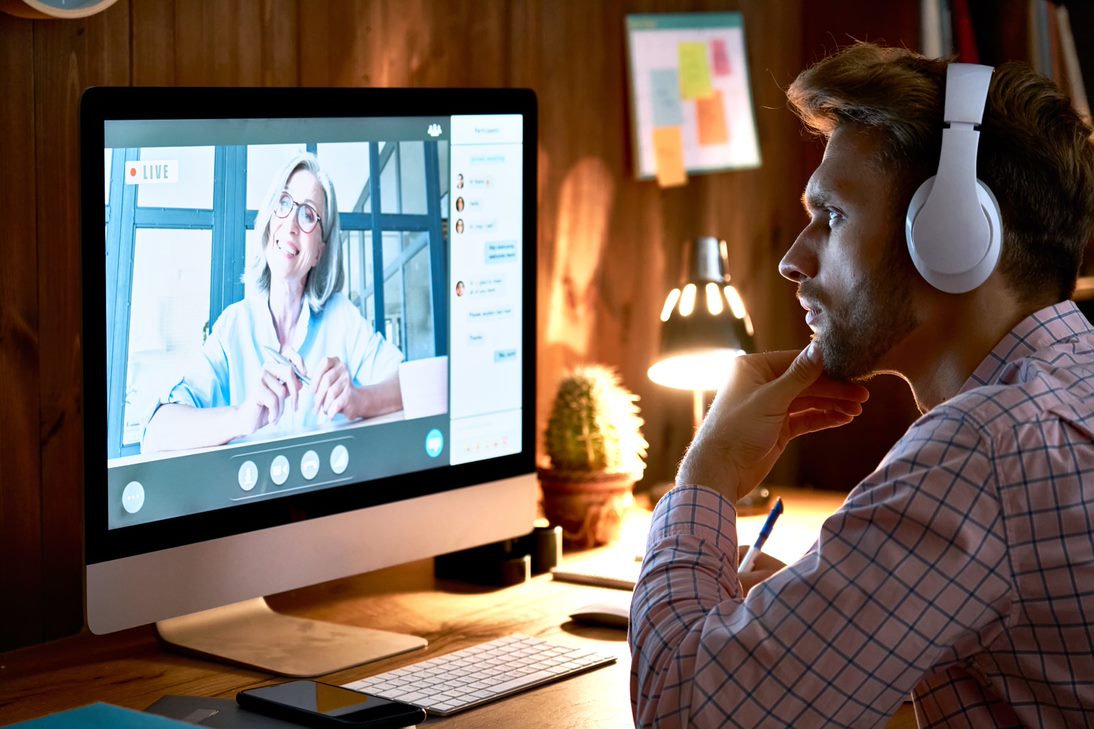
Auf dem Weg zur digitalen Hochschule
Seit vielen Jahren wird über die Digitalisierung der Universitäten gesprochen, aber es ist wenig passiert. Jetzt hat die Pandemie den Prozess beschleunigt.

Digitales Lehren und Lernen gemeinsam meistern
LernenVernetzt hat bestehende Kooperationsstrukturen innerhalb und außerhalb der Hochschule genutzt, um eine Reihe von datenschutz- und technologiebezogenen Fragestellungen unbürokratisch zu lösen.

Interview mit Jörg Ludwig
Jörg Ludwig, Geschäftsführer des Schulplattformanbieters IServ GmbH, über die Digitalisierung der Schule, insbesondere in Zeiten von Corona.
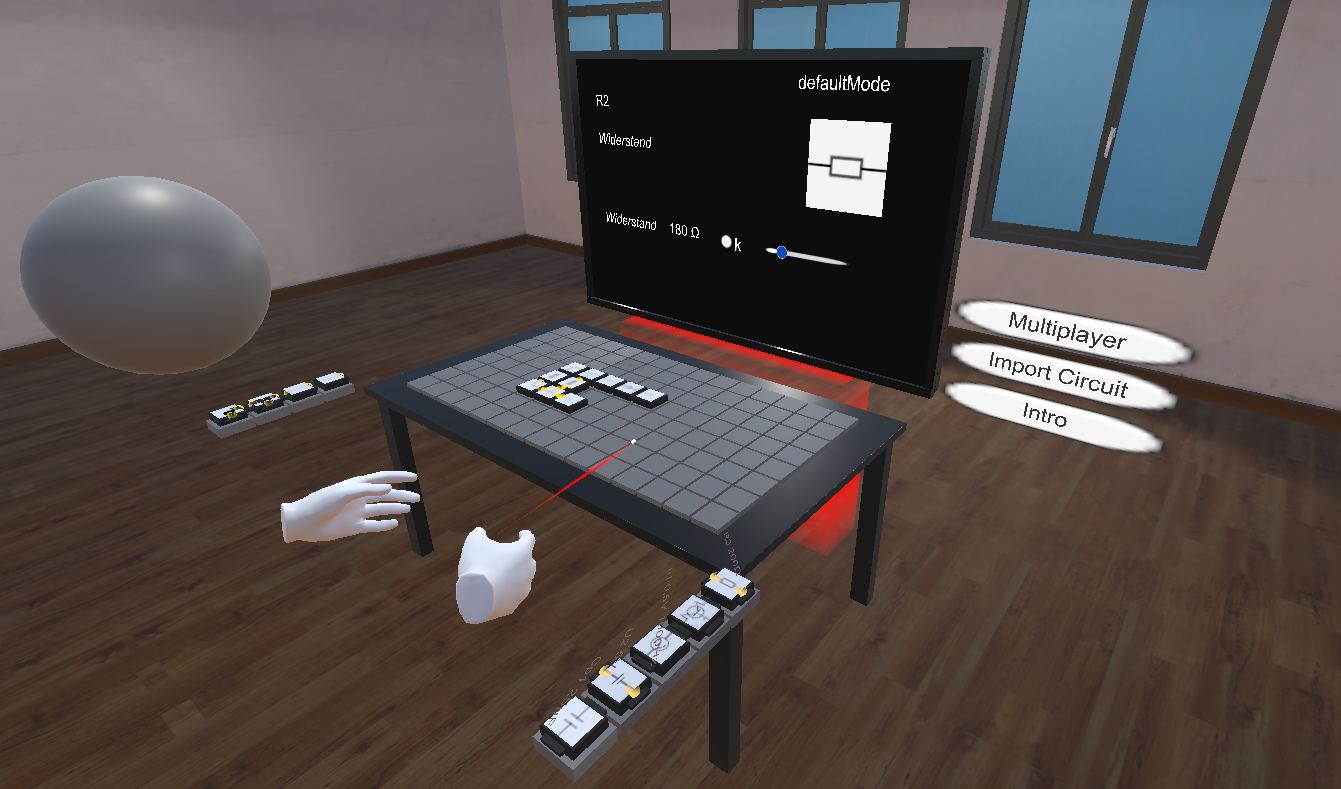
Digitale Technologien für den Unterricht
An Berufsschulen und Universitäten gehört die Elektrotechnik zu den sehr abstrakten Fächern. Das Verstehen der Inhalte ist für viele Lernende eine Herausforderung.
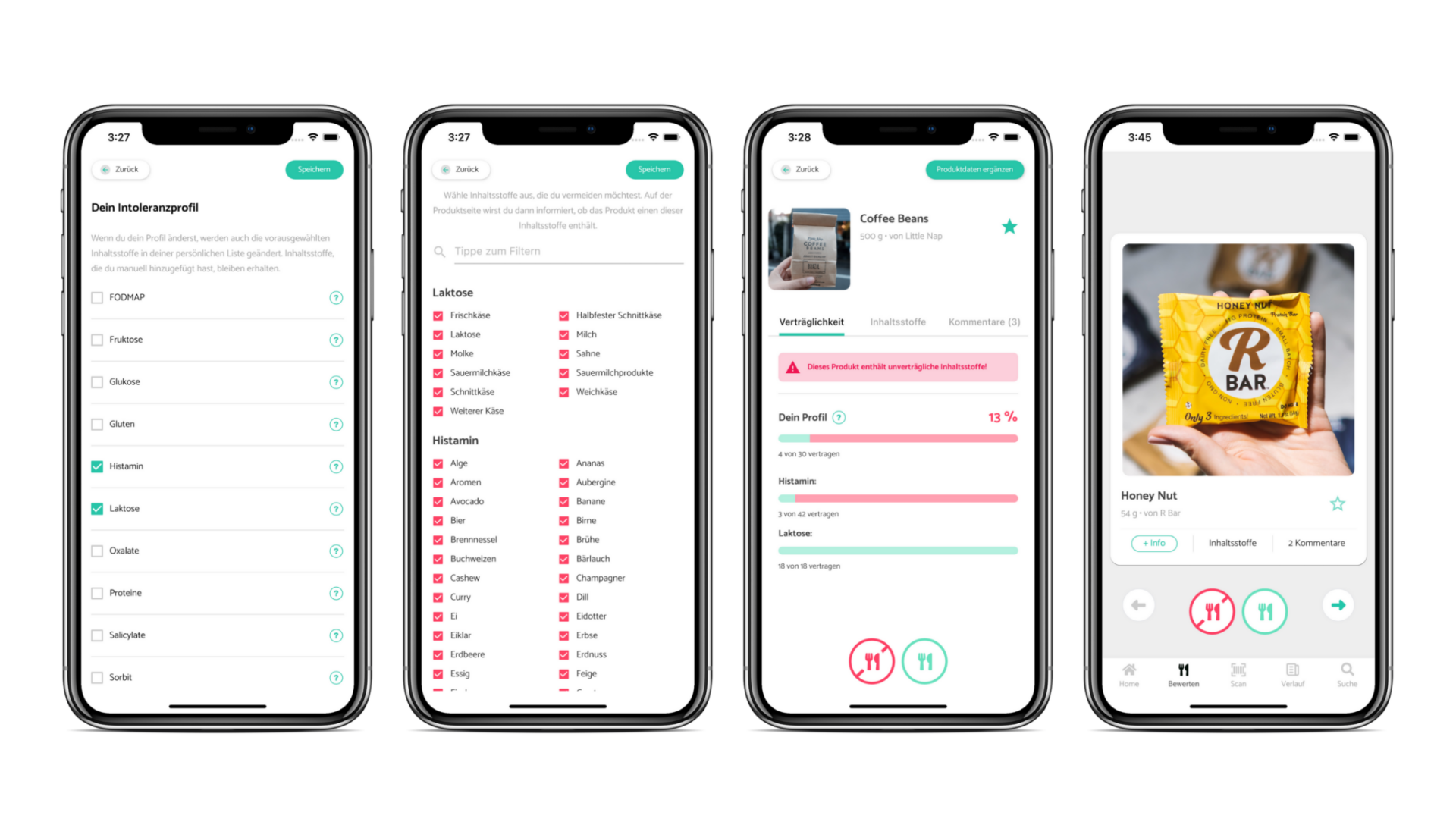
Beschwerdefrei leben mit App
An der Universität Braunschweig hat das Startup TIOLI eine App entwickelt, die das Leben von Betroffenen mit Lebensmittelunverträglichkeiten im Alltag verbessern soll.

Acht Fragen an André Heinke, Bitmotec GmbH
Bitmotec arbeitet an einem einfachen Zugang zu industrietauglichen KI-Lösungen, um die Akzeptanz von KI in produzierenden Unternehmen zu erhöhen. L3S hat Bitmotec-Gründer André Heinke interviewt.
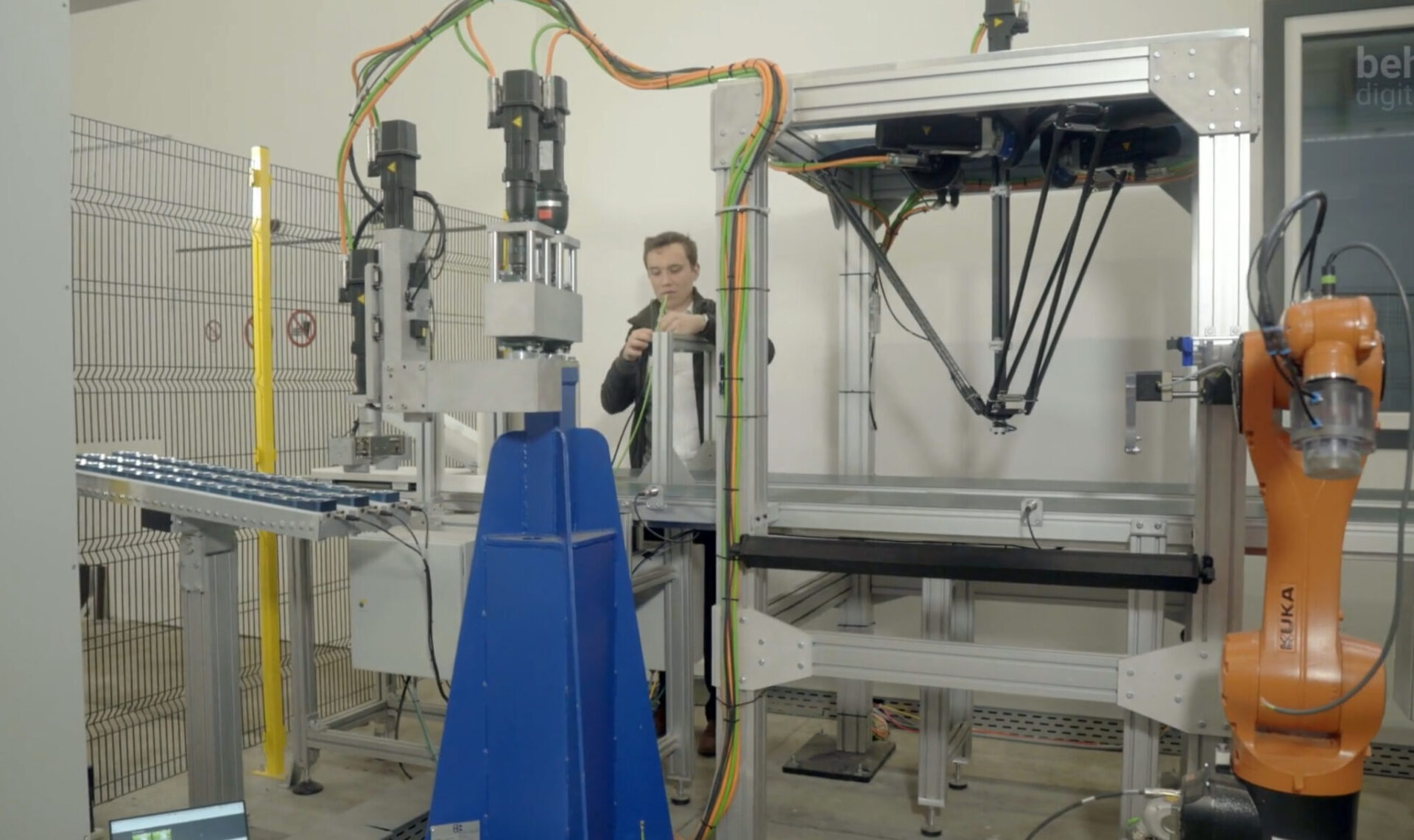
Prozessautomatisierung in Minutenschnelle
Unternehmen helfen, Kosten zu sparen: Das L3S-Spin-off beh.digital hat eine lernende Kamera entwickelt, die industrielle Prozesse und Qualitätskontrollen schnell und einfach automatisieren kann.
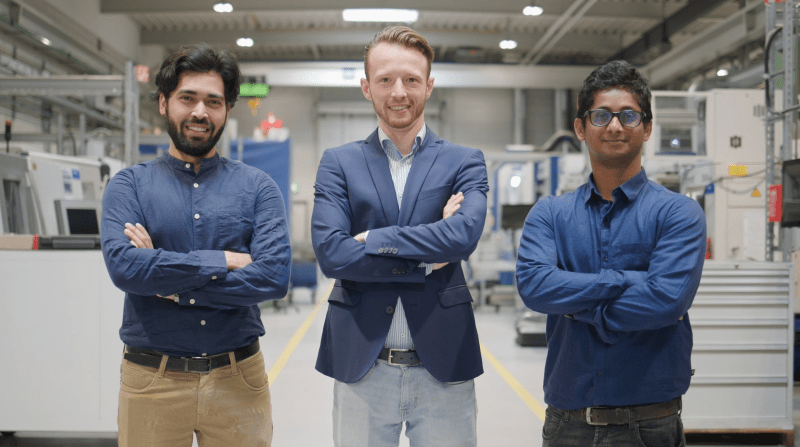
Intelligente Produktion: Lösungen gegen den Datenengpass
NovoAI will vor allem kleinen und mittleren Unternehmen den Einstieg in die digitale Transformation mit Datenbanken für intelligente Maschinen erleichtern.

KI für eine gerechte, friedliche und integrative EU
Die EU hofft, entstehende Risiken früher erkennen und verhindern zu können und sie besser zu bewältigen. Die L3S trägt mit den EU-Projekten MIRROR und ROXANNE dazu bei.
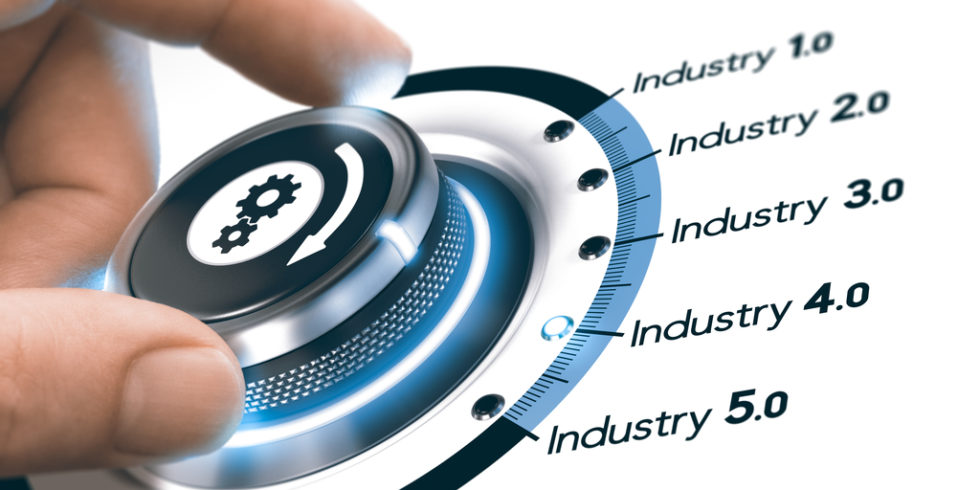
Rechtliche Implikationen der intelligenten Produktion
IIP-Ecosphere arbeitet daran, den Einsatz von KI in der Produktion zu erleichtern. L3S-Wissenschaftler des Instituts für Rechtsinformatik helfen dabei, die rechtlichen Hürden zu überwinden.
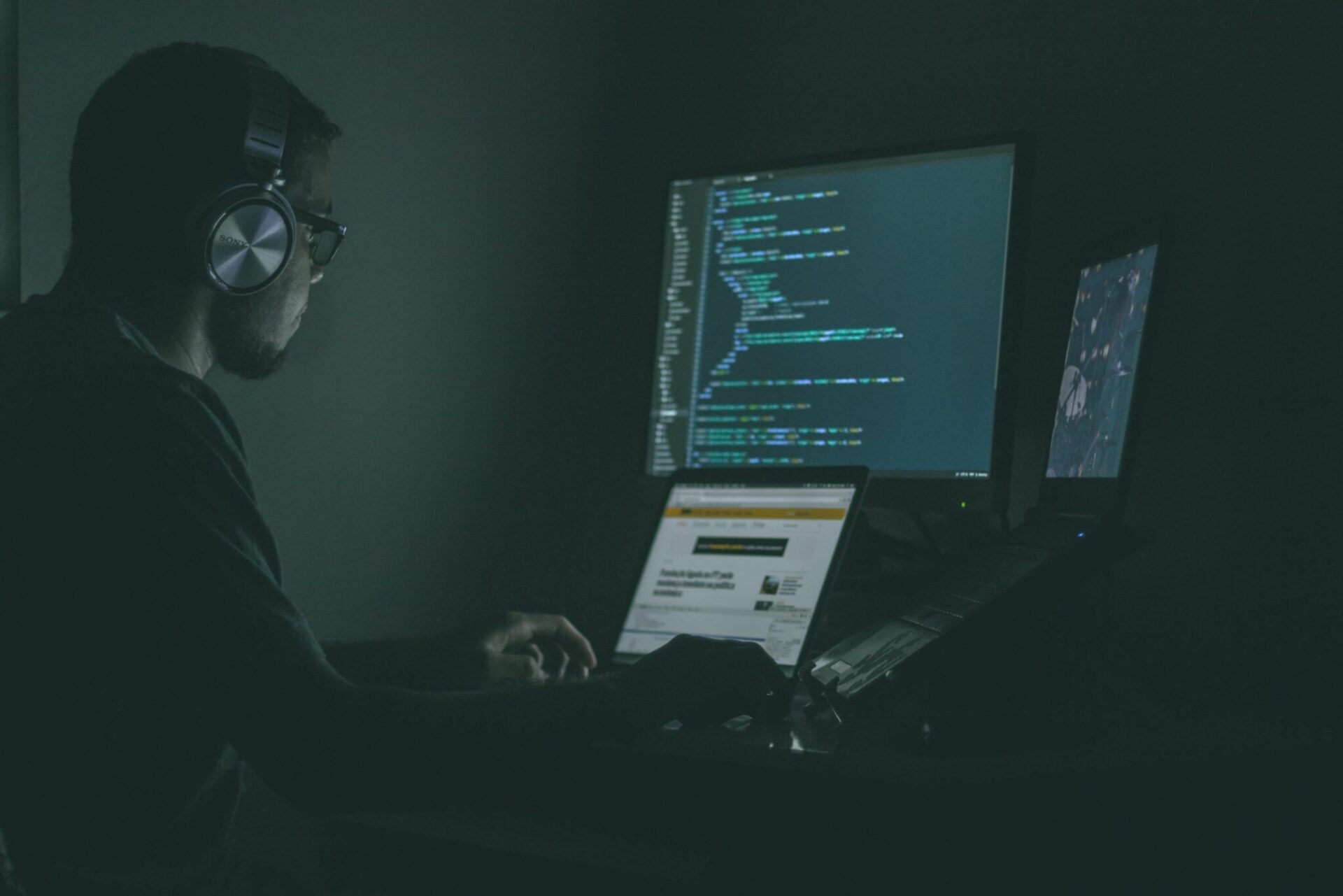
Neue Kooperation zu Cybersicherheitsforschung
Seit seiner Gründung hat sich das CISPA zu einer der weltweit führenden Forschungseinrichtungen für Informationssicherheit und Datenschutz entwickelt.

Partizipative Technikentwicklung für die Pflege 4.0
OPAL fördert modellhaft die partizipative Einführung innovativer Sensorik, um die Situation von Bewohnern und Pflegern in Pflegeheimen zu verbessern.
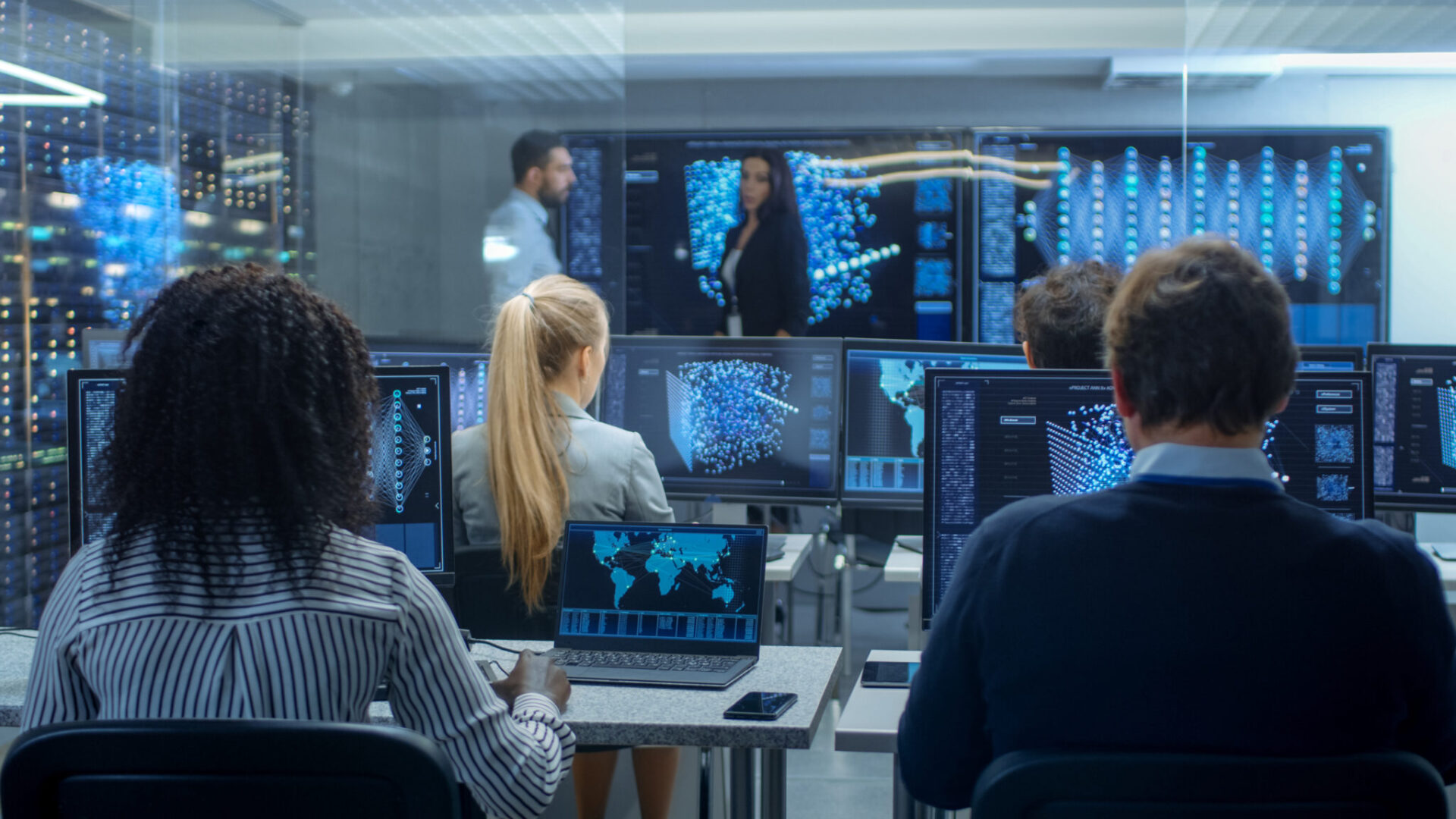
Gewappnet für den Großangriff?
Die digitale Gesellschaft steht vor einer großen Herausforderung: der Cybersicherheit. Viele der heutigen Angriffe kommen von mächtigen Angreifern. CASA zielt darauf ab, nachhaltige Gegenmaßnahmen zu ermöglichen.
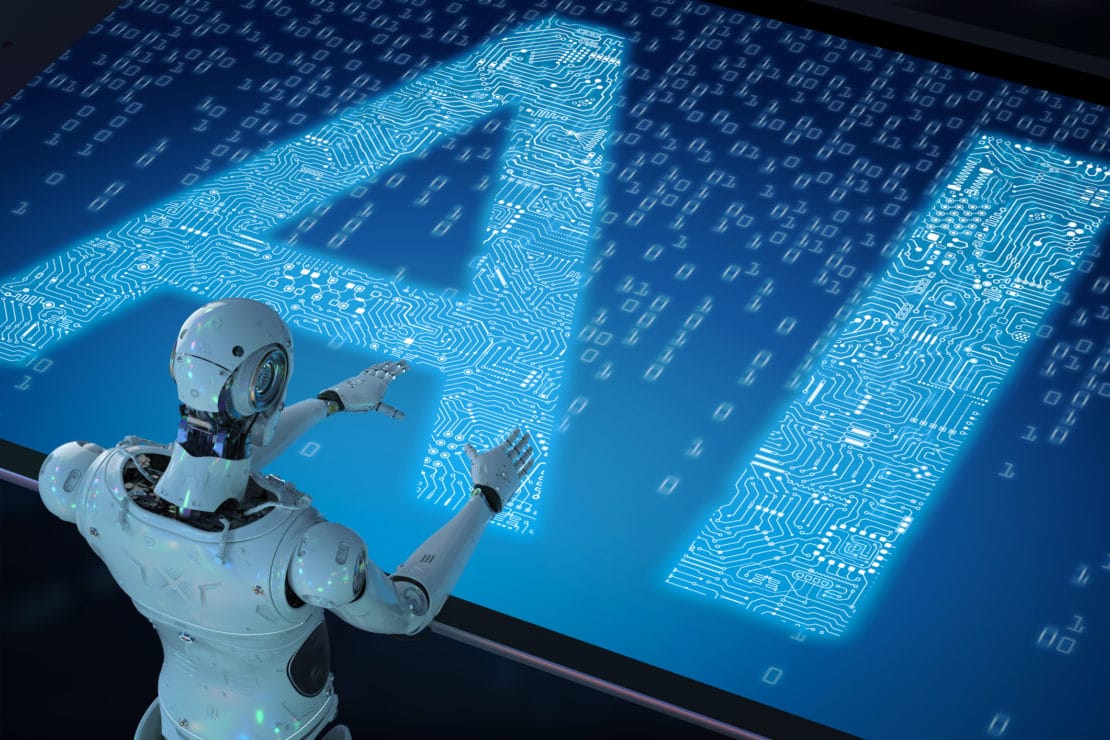
Ethische und rechtliche Standards für künstliche Intelligenz
Wie können Standards für unvoreingenommene Einstellungen und nichtdiskriminierende Praktiken bei der Big-Data-Analyse und algorithmengestützten Entscheidungsfindung aufrechterhalten werden?
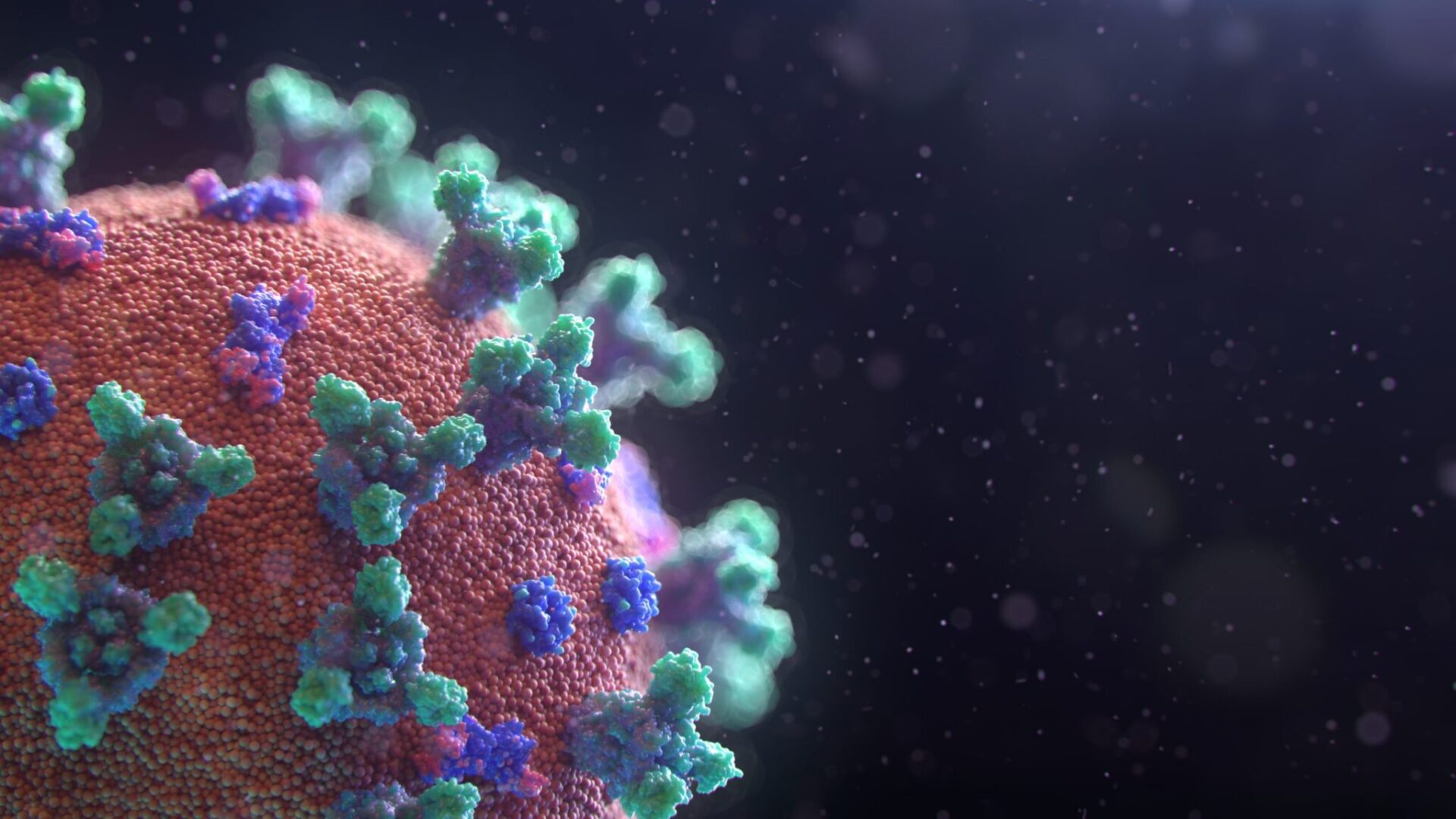
Corona: Daten sammeln für Vorhersagemodelle
SoBigData hat zahlreiche Aktivitäten gestartet, um kürzlich veröffentlichte Daten über die Epidemie zu sammeln und zu analysieren - darunter Nachrichten, Tweets und öffentlich verfügbare Datensätze.

Corona: Analyse von Twitter-Daten
Der öffentliche Diskurs auf Twitter spiegelt die Wahrnehmung und die sozialen Auswirkungen der Pandemie wider. Stefan Dietze und sein Team stellen diese Daten für die interdisziplinäre Forschung zur Verfügung.
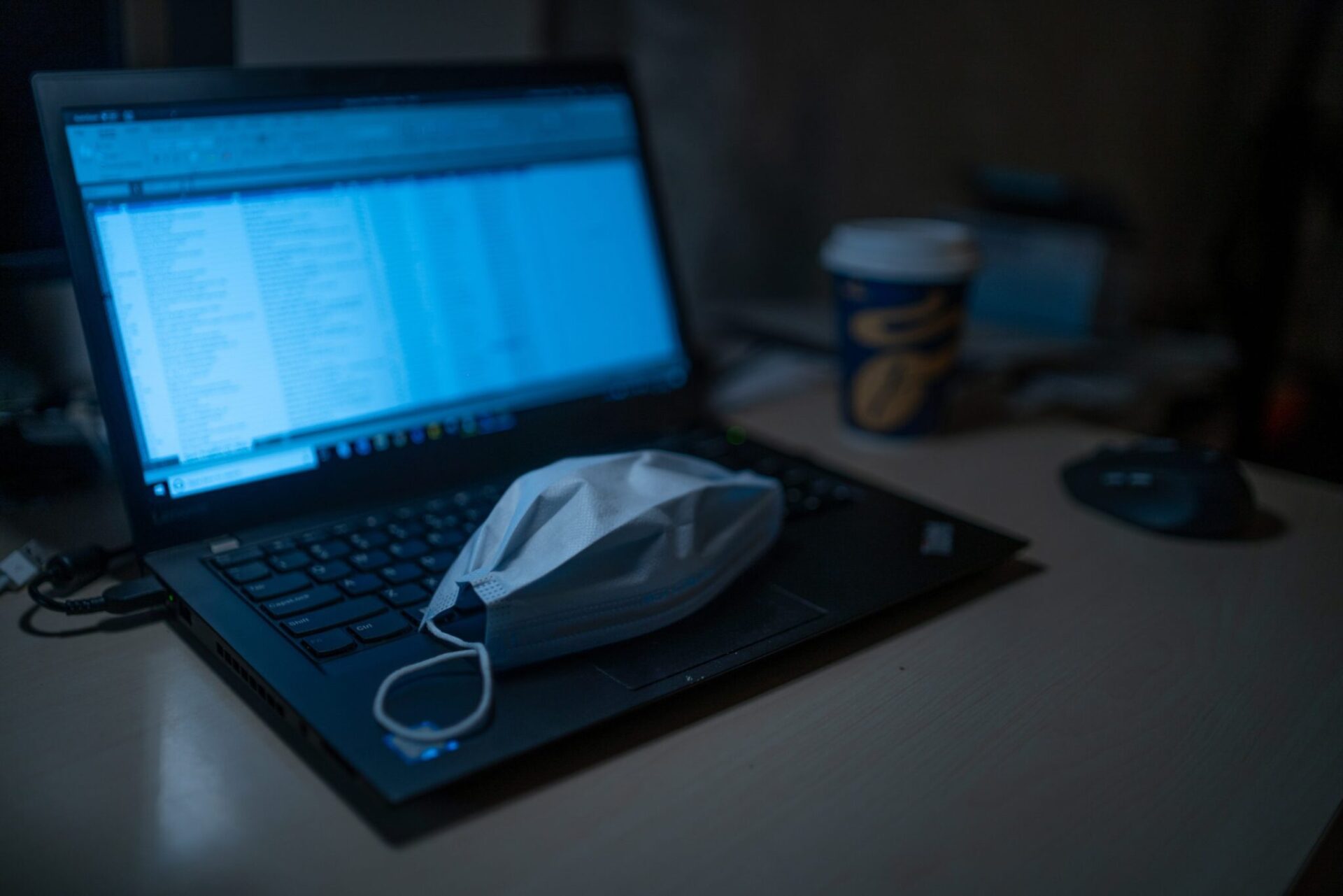
Corona: Automatisierte Genomanalysen für SARS-Cov2
Ein Forscherteam will Biologen bei der Interpretation der zunehmenden Informationen über SARS-Cov-2 mit einer Datenbanksprache für genomische Daten unterstützen: der GMQL.
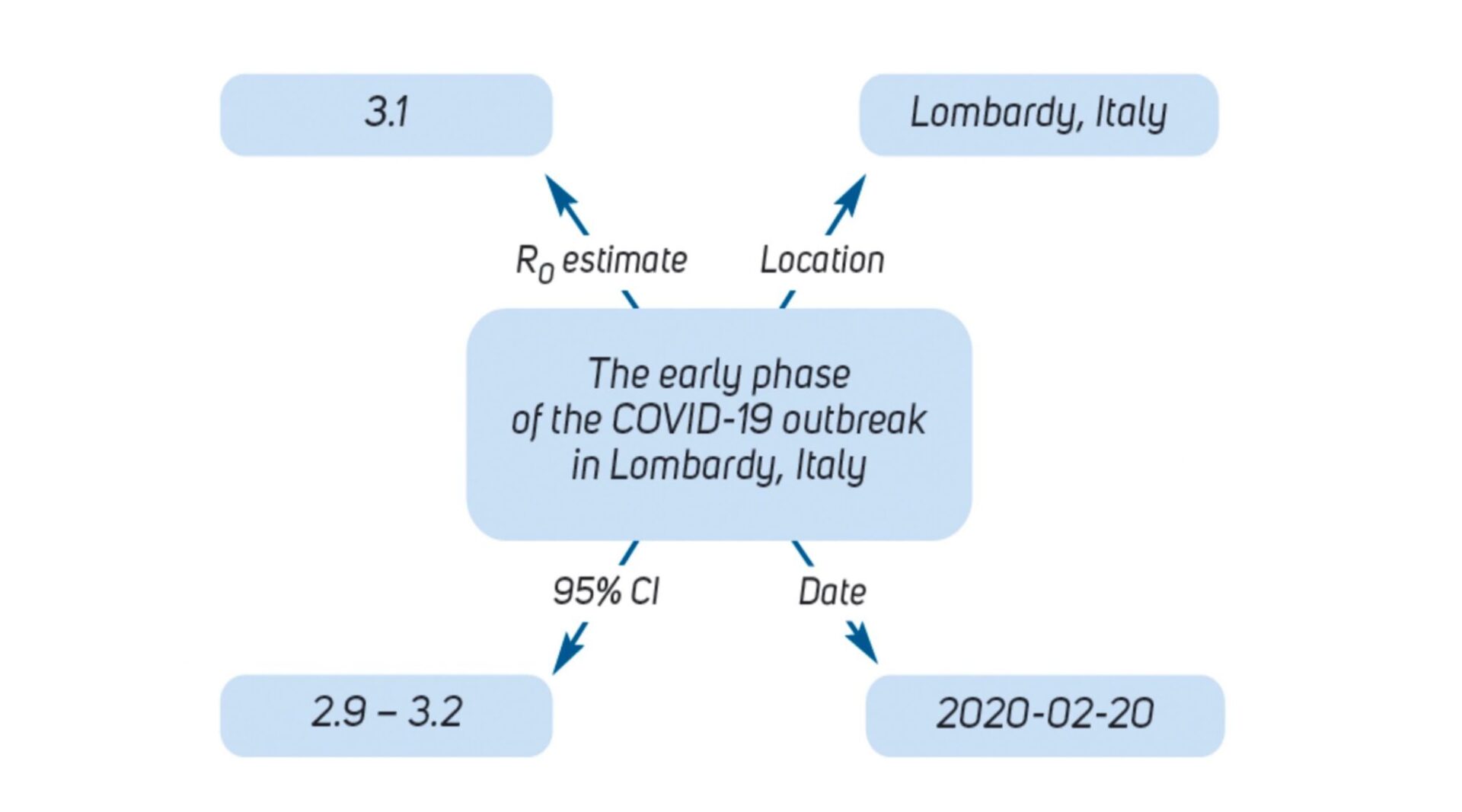
Corona: Alles im Blick mit dem ORKG
Das Joint Lab von L3S und TIB will den Open Research Knowledge Graph (ORKG) nutzen, um die Organisation von wissenschaftlichem Wissen effizienter zu gestalten.

Corona: Online Geschichten erzählen
Eine der jüngsten Entwicklungen bei YELL/TELL ist die SIG, die sich auf die Bedeutung des Geschichtenerzählens für einen frühen Zugang zu Englisch als Fremdsprache konzentriert.
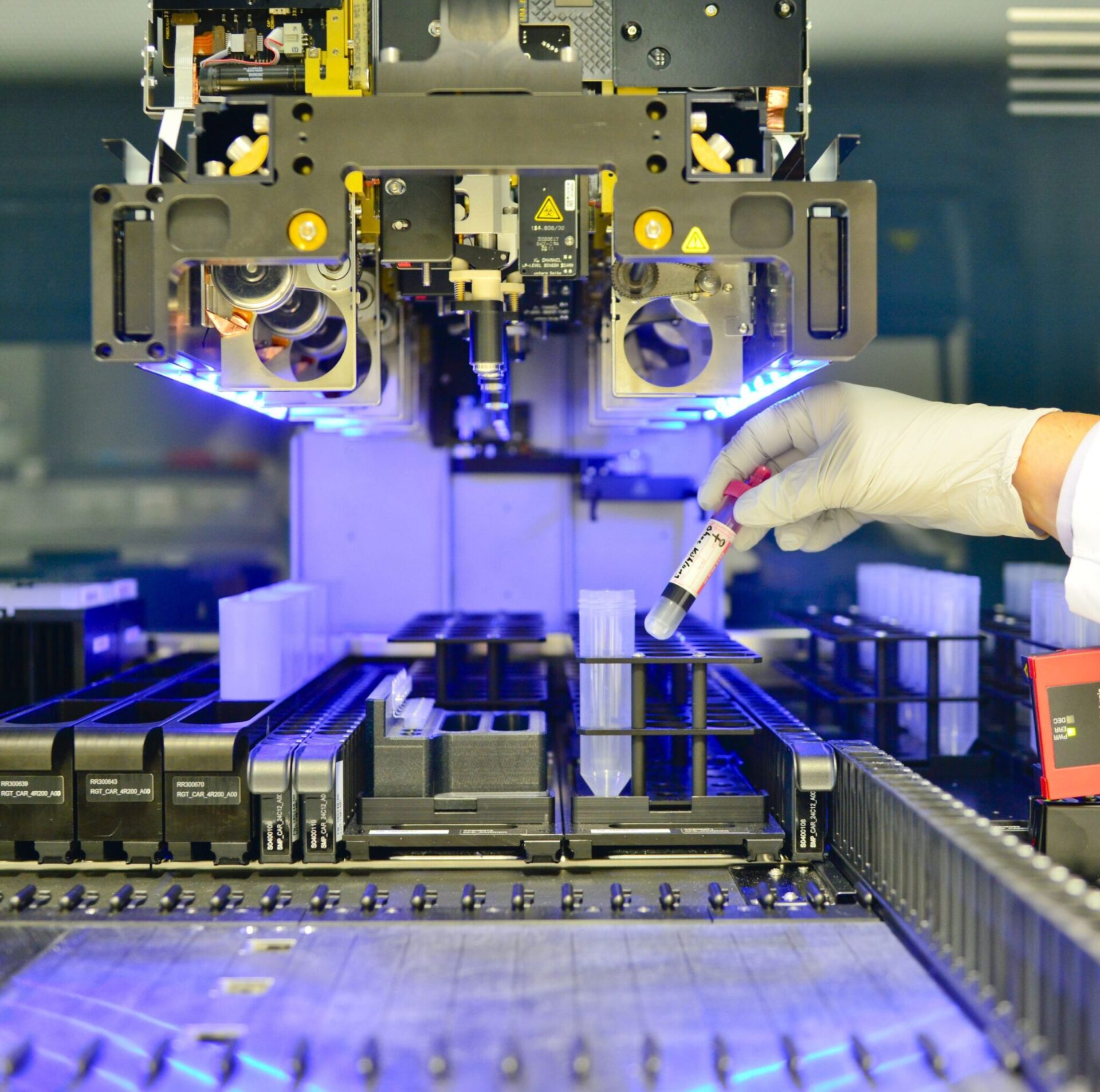
Corona: Das Maßnahmenpaket der MHH
Das Niedersächsische Ministerium für Wissenschaft und Kultur stellt der MHH 8 Millionen Euro für die Erforschung und Bekämpfung von SARS-CoV-2 und COVID-19 zur Verfügung.
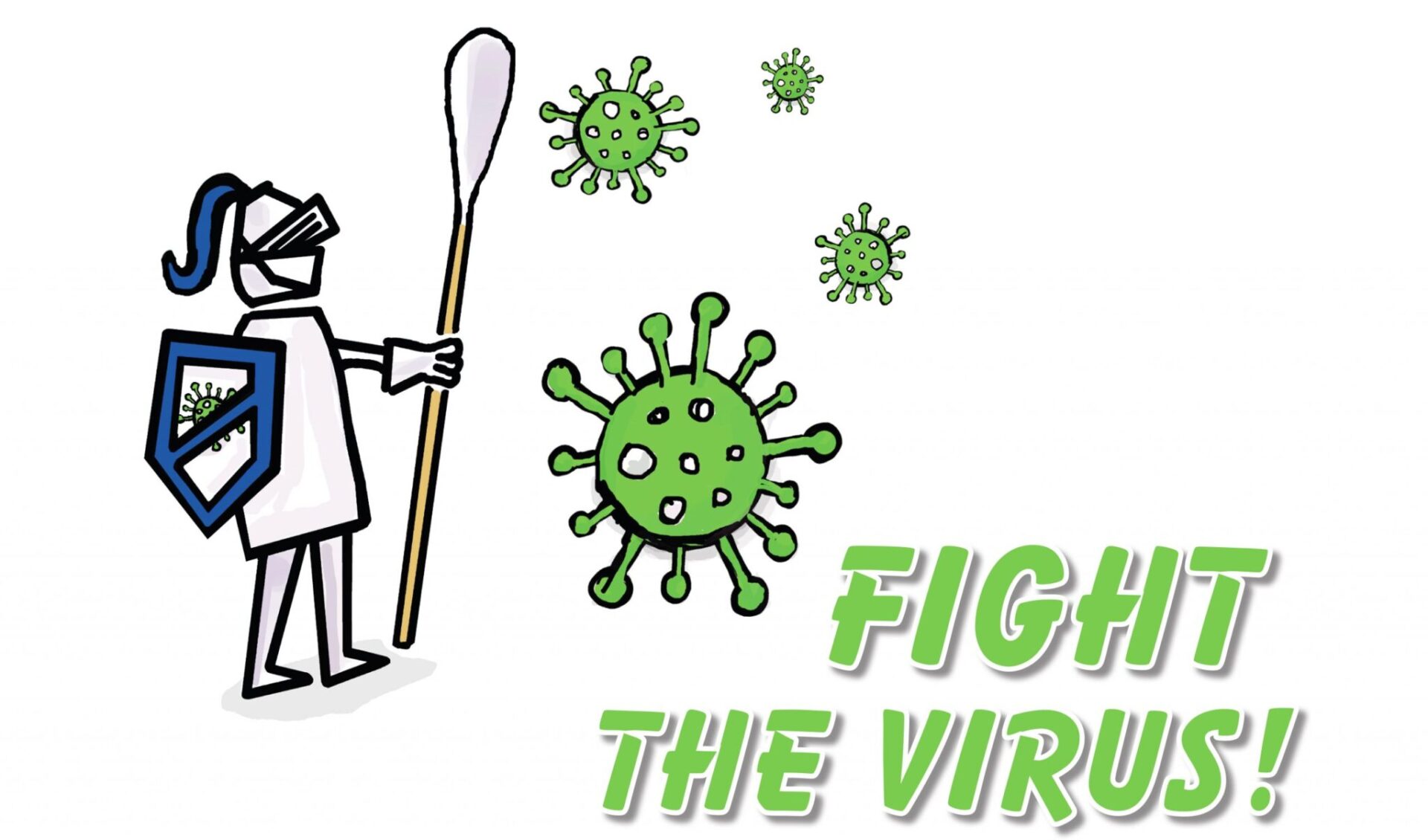
Corona: Schnell, zuverlässig und effizient testen
Um das Virus weiter einzudämmen, wollen Forscher aus Hannover ein effizientes und kostengünstiges Testsystem etablieren: die mobile Corona-Analyse (MCA).
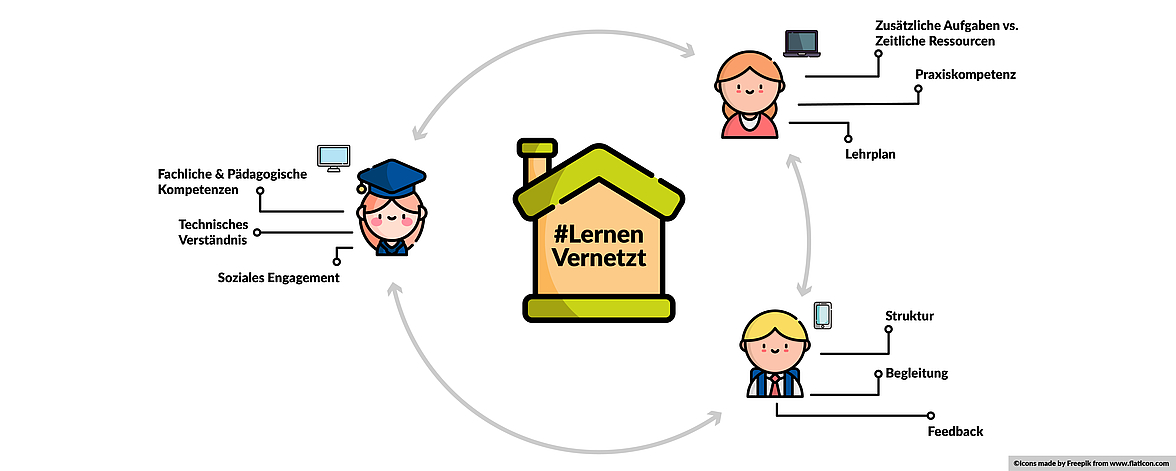
Corona: Hilfe beim Fernunterricht
Das Projekt #LernenVernetzt der Leibniz School of Education bringt Lehrer und Schüler zum Zweck des Online-Lernens zusammen.
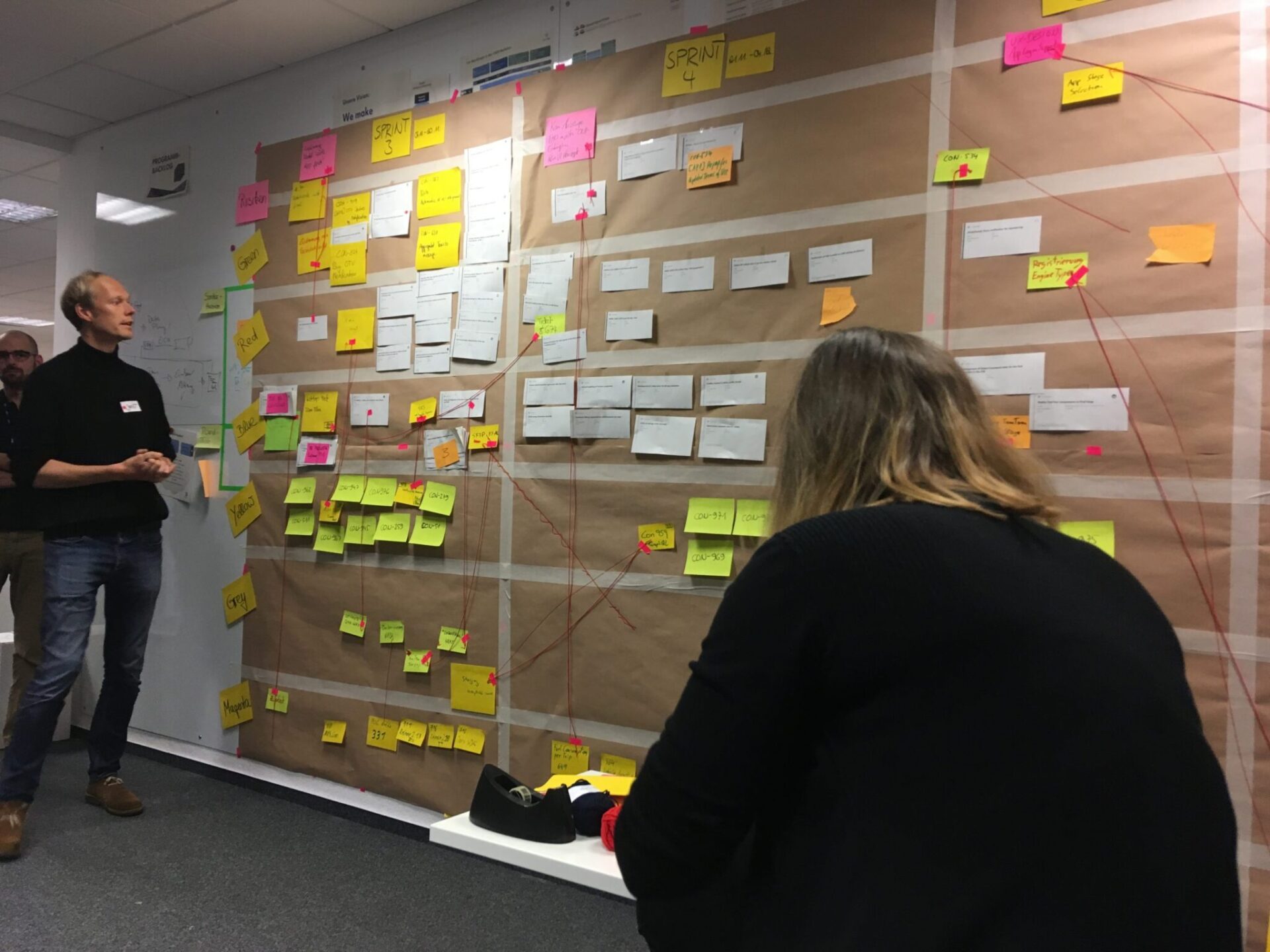
Innovationen in Fluss bringen
Volkswagen Nutzfahrzeuge hat sich zum Ziel gesetzt, der beste Transportdienstleister der Welt zu werden - auch dank der so genannten Mobile Online Services.
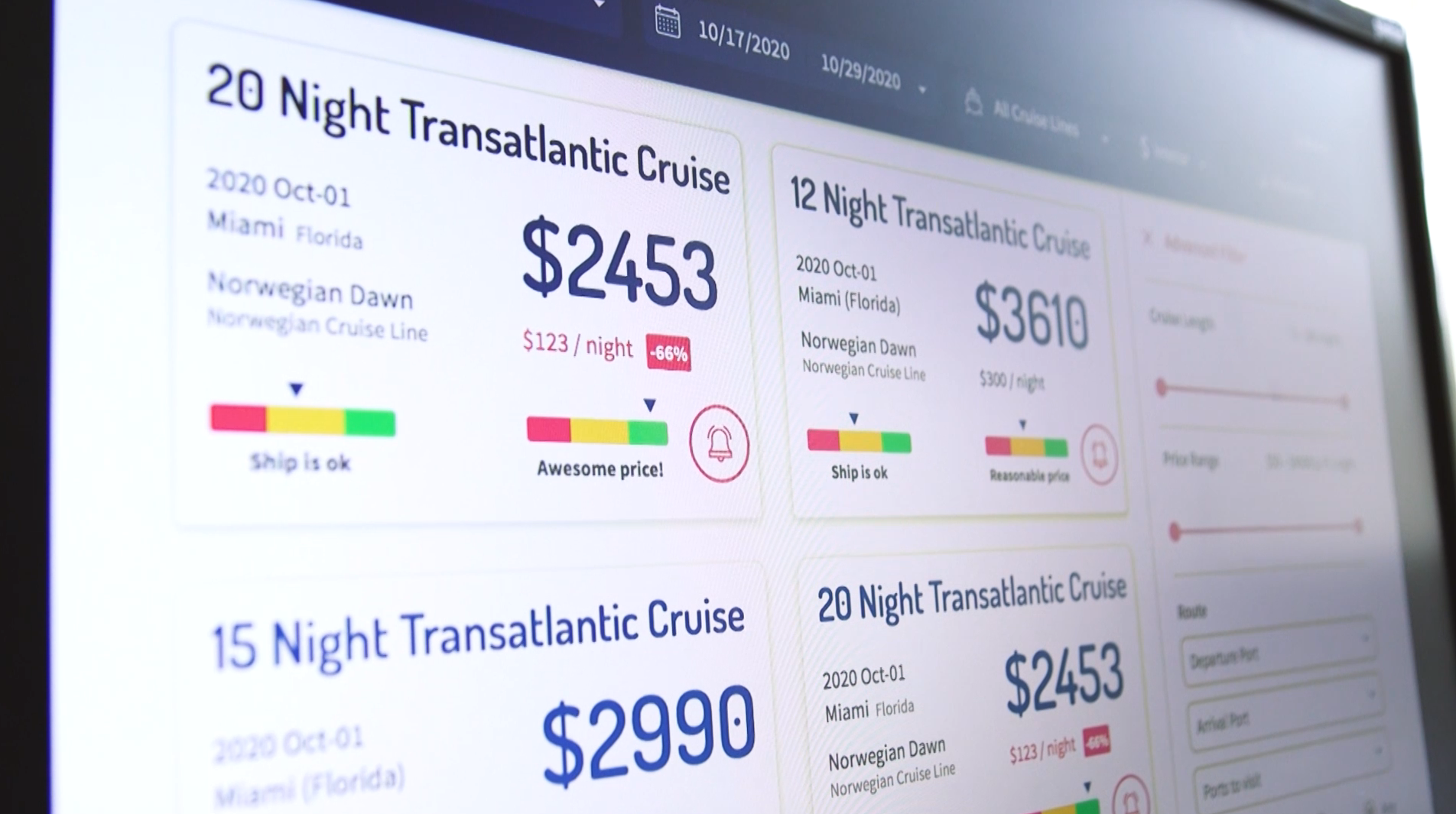
KI für Kreuzfahrer
Ein Team von L3S und dem hannoverschen Start-up Cruisewatch wird die Spuren von Kunden verfolgen, die ihre Kreuzfahrt online buchen, und dabei die Mechanismen von KI-gesteuerten Systemen nutzen.
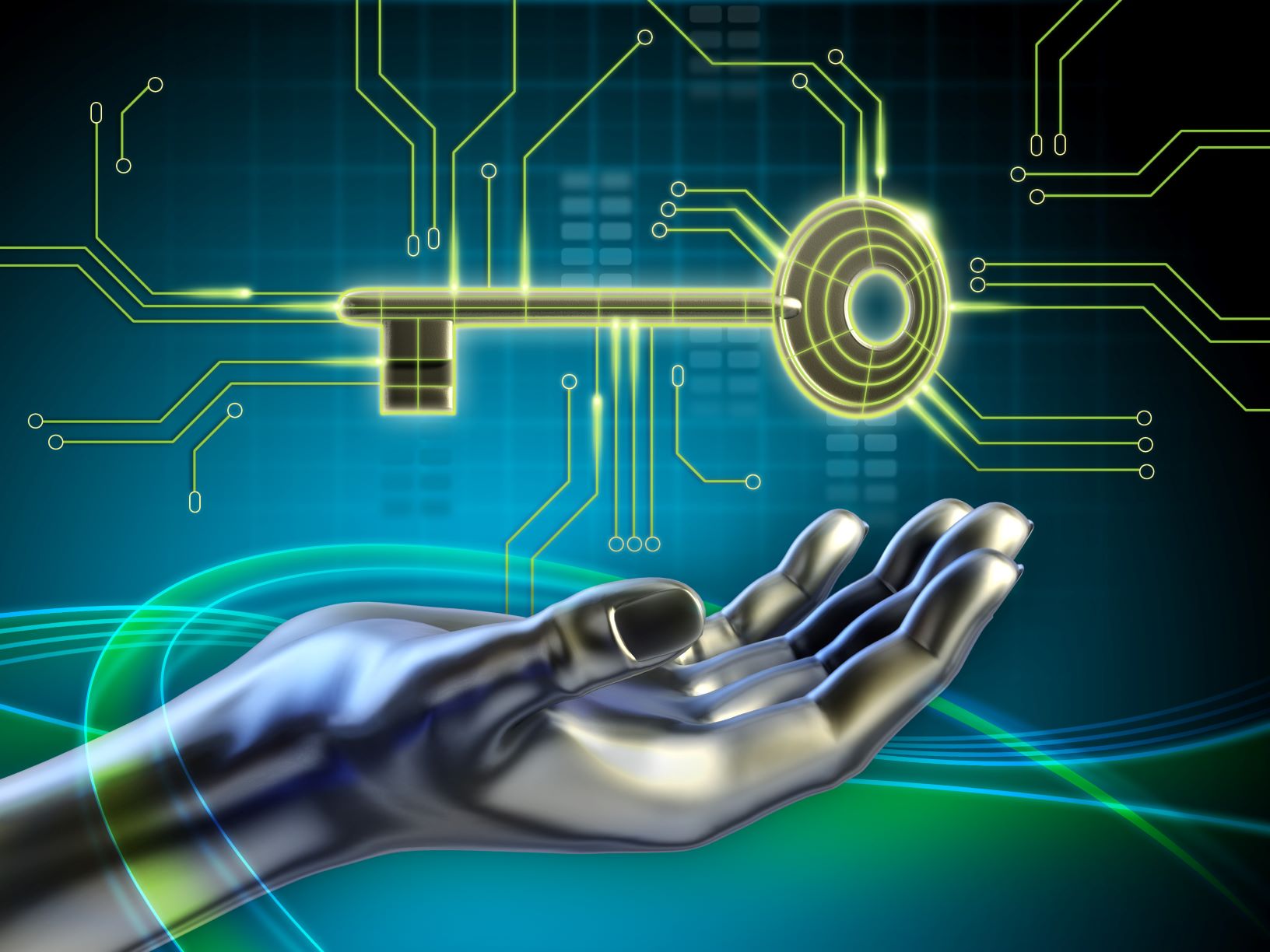
Post-Quanten-Kryptographie für E-Mails
Die NBank unterstützt das Kooperationsprojekt "PQmail - Entwicklung einer Post-Quantum-Verschlüsselung für sichere E-Mail-Kommunikation" mit Mitteln der EU.
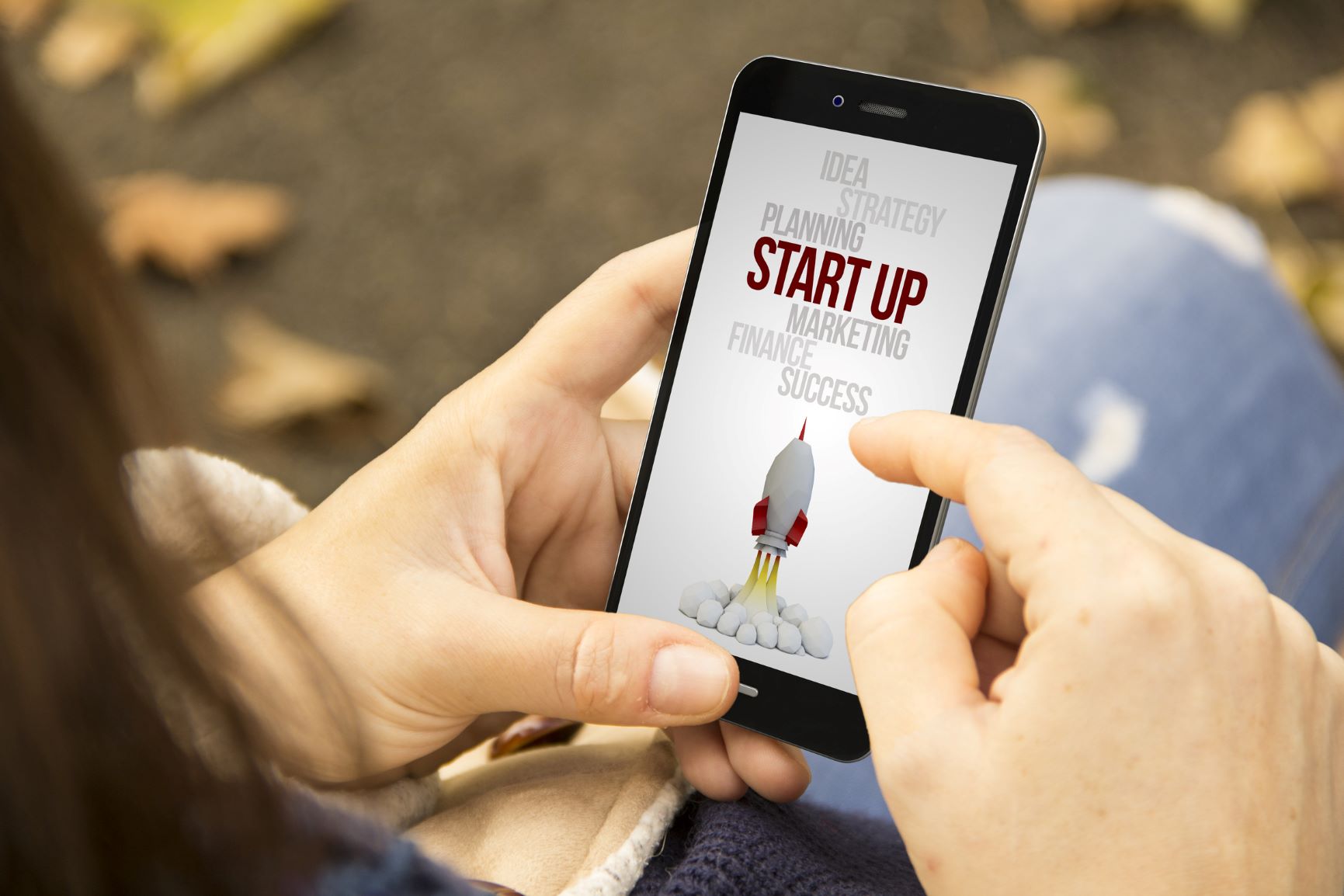
Chancen für innovative Geschäftsideen in Niedersachsen
Der Gründungszuschuss des Niedersächsischen Wirtschaftsministeriums stellt Gründerteams die finanziellen Mittel zur Verfügung, um ihre Idee der Selbstständigkeit für 8 Monate zu realisieren.

ETN CLEOPATRA: Die Highlights der letzten zwölf Monate
Die Doktoranden des ETN CLEOPATRA haben sich zum Ziel gesetzt, die sprachübergreifende Verarbeitung von textlichen und visuellen Informationen zu wichtigen aktuellen Ereignissen deutlich zu erleichtern

Mensch vs. Maschine: Wer erkennt den Aufnahmeort eines Fotos
Bei der Geolocation Estimation treten Mensch und Maschine gegeneinander an und schätzen, wo das Foto aufgenommen wurde. In den meisten Fällen gewinnt der Computer - dank der KI.

Open Research Knowledge Graph: Wissen neu gedacht
Der Open Research Knowledge Graph, in dem Ideen, Ansätze und Methoden in maschinenlesbarer Form dargestellt werden. Die Beta-Version des ORKG ist bereits online.
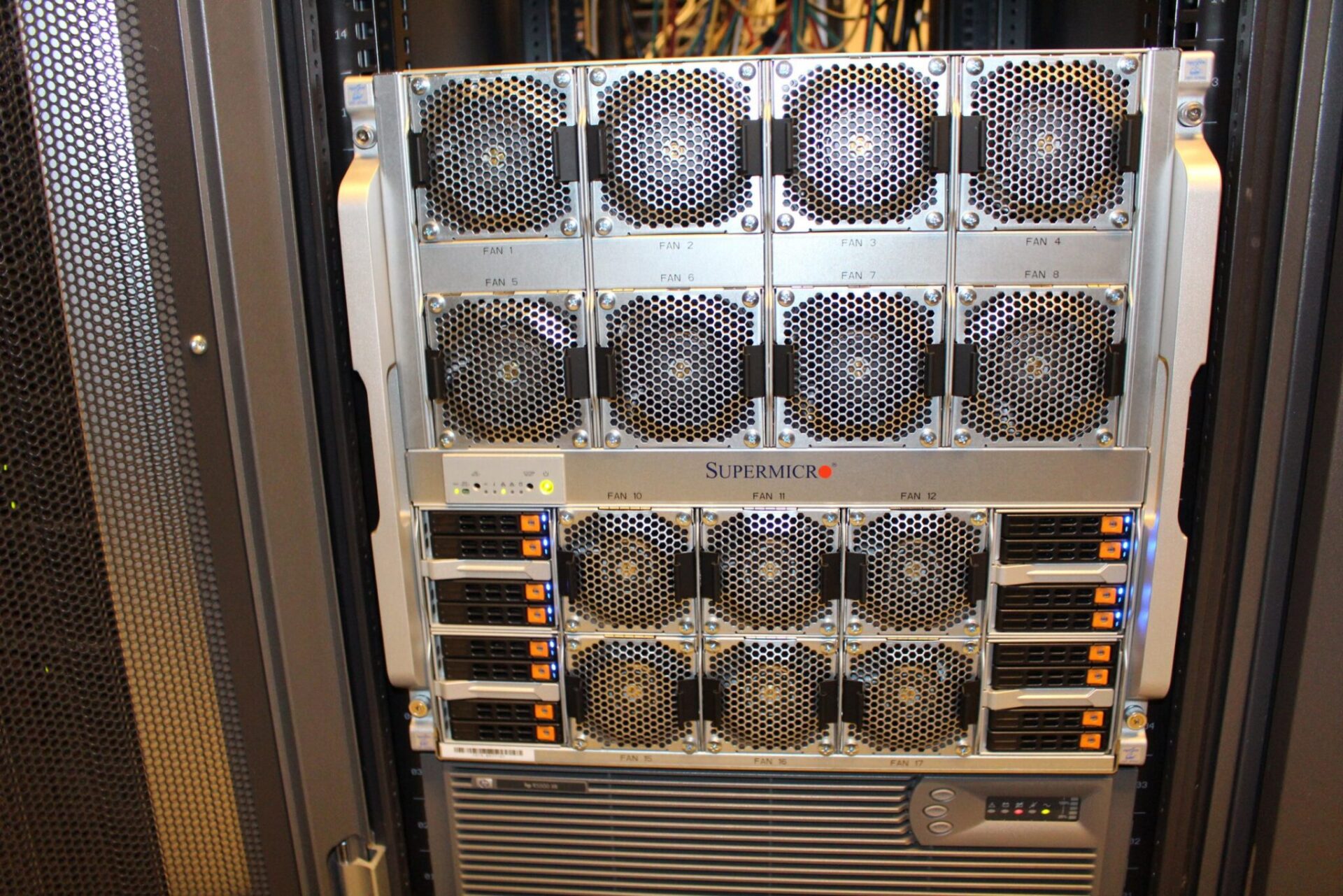
KI-Hardwarebeschleunigung
Das KI-Qualifizierungsprojekt HAISEM-Lab wird ab 2020 ein- oder zweitägige Kurse speziell für Mitarbeiter kleiner und mittlerer Unternehmen anbieten.
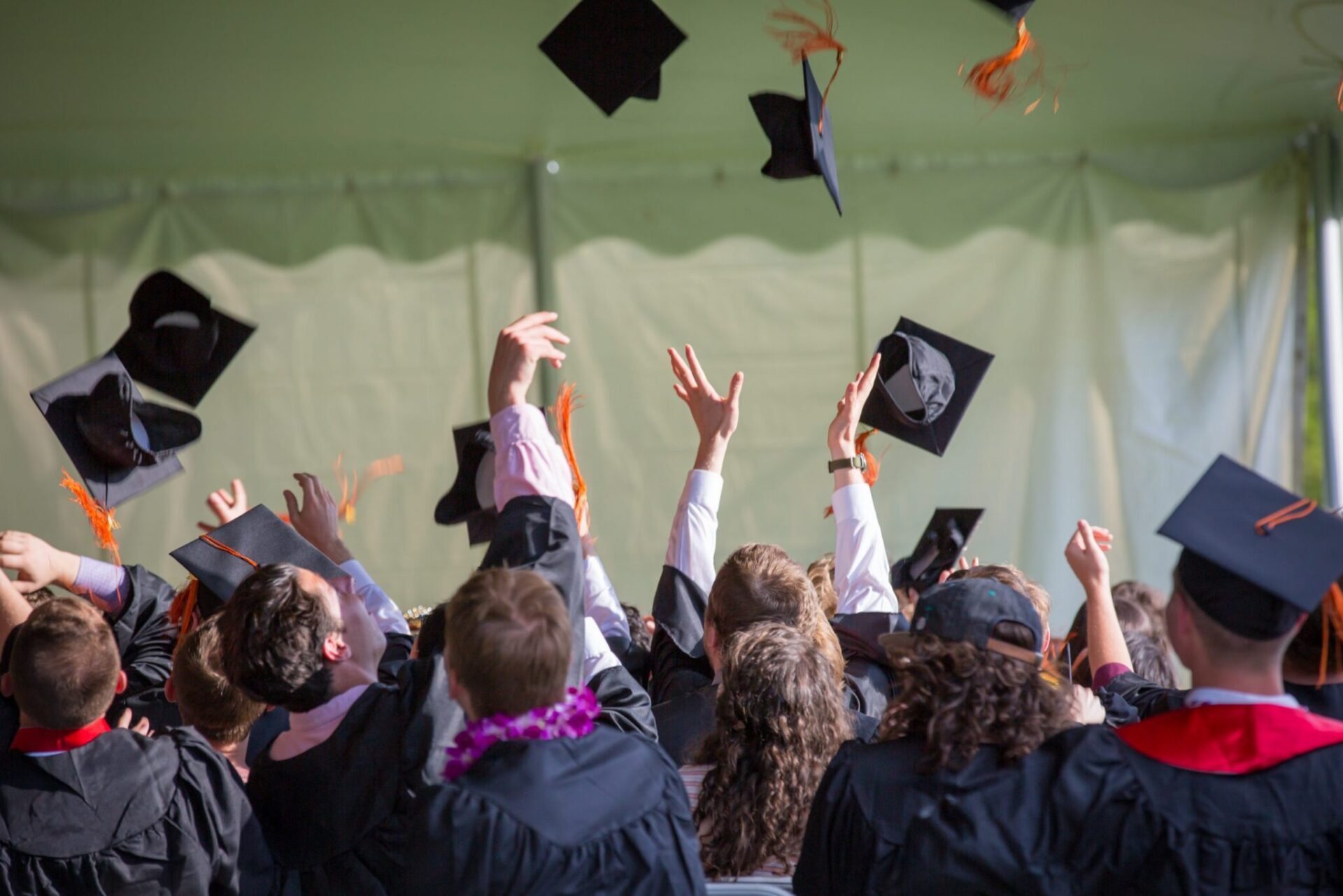
Europäische Promotionsprogramme zu KI
Doing a doctorate internationally, interdisciplinarily and across sectors – that is what the European Training Networks, funded by the EU Commission, offer.
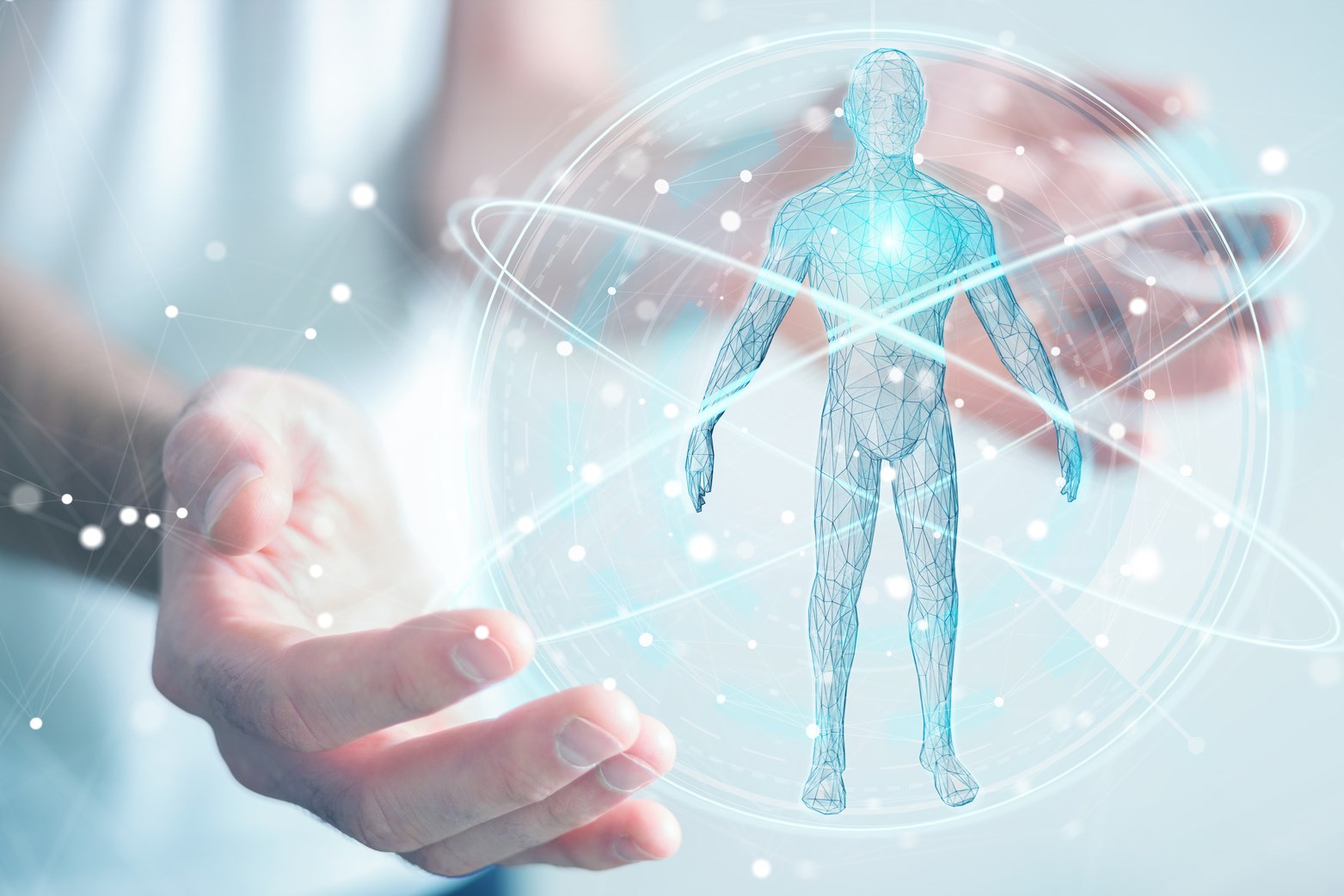
Zukunftslabor: Künstliche Intelligenz – weltweit vernetzt
Die Forschung des am L3S angesiedelten Future Laboratory konzentriert sich auf neue Ansätze und Algorithmen für intelligente, zuverlässige und verantwortungsvolle Systeme.
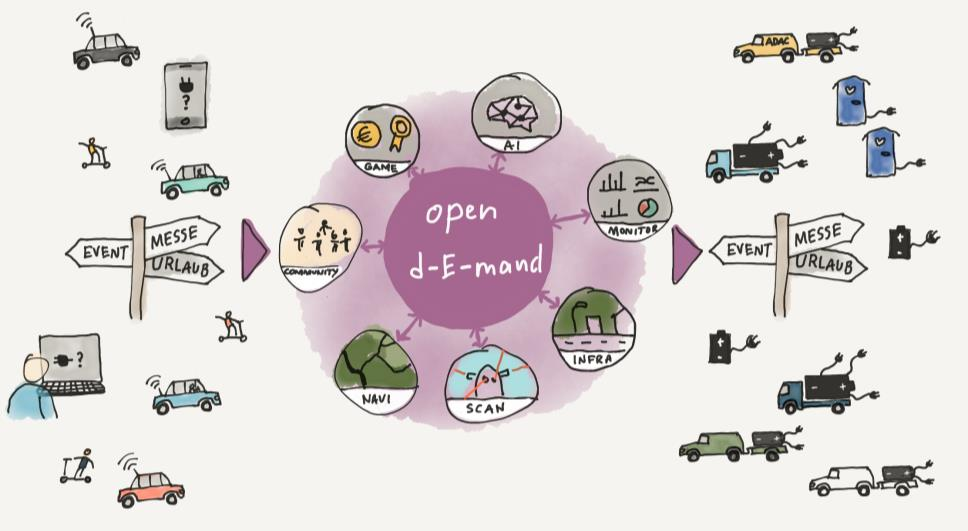
Verantwortungsvolle Algorithmen für intelligente Mobilität
Im Rahmen des Projekts CampaNeo entwickeln die Partner eine offene Plattform, die Unternehmen für die Erfassung und Analyse von Fahrzeugdaten in Echtzeit nutzen können.
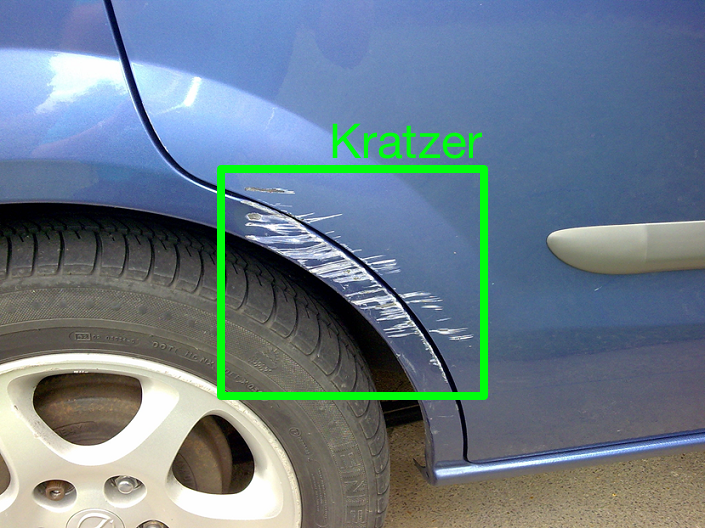
Automatische Schadenserkennung
Gemeinsam mit dem Startup ClaimBuddy arbeiten Prof. Rosenhahn und Schubert an einem Förderprojekt, um den Anforderungen an eine automatisierte Schadenerkennung gerecht zu werden.
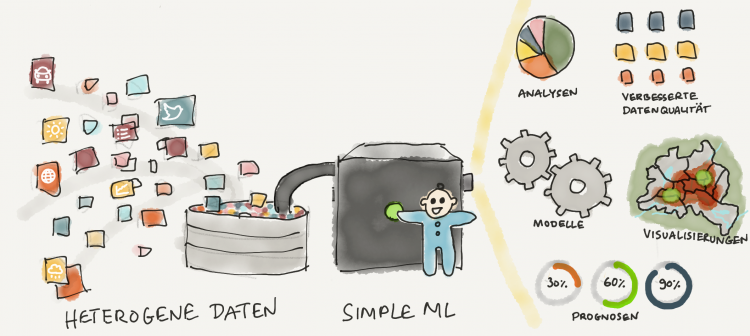
Machine-Learning-Workflows leicht gemacht
Im Projekt Simple-ML arbeitet das L3S mit Partnern daran, ML-Verfahren für eine breite Nutzergruppe leichter zugänglich zu machen.

Sicherer Datenaustausch
Seit 2016 entwickelt die gemeinnützige IDSA mit ihren Mitgliedern aus Wirtschaft und Wissenschaft eine Referenzarchitektur für einen sicheren Datenraum.
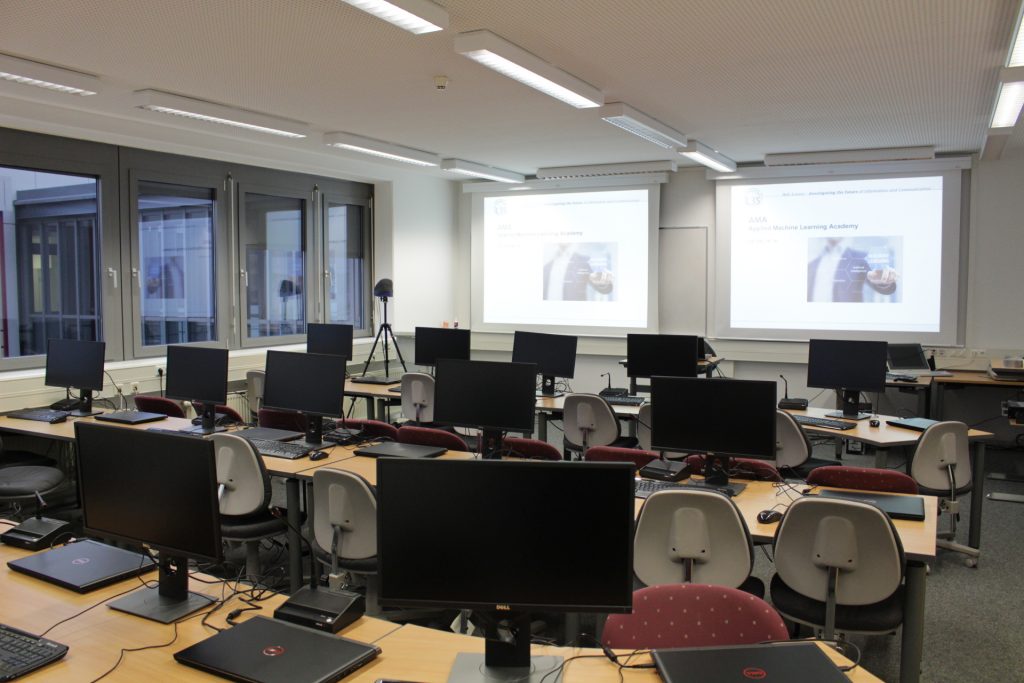
KI-Qualifikation: Fit für die Zukunft
Abhilfe schafft das L3S seit 2018 mit dem KI-Qualifizierungsprogramm AMA, einem gemeinsamen Projekt mit dem IFW der Leibniz Universität Hannover.
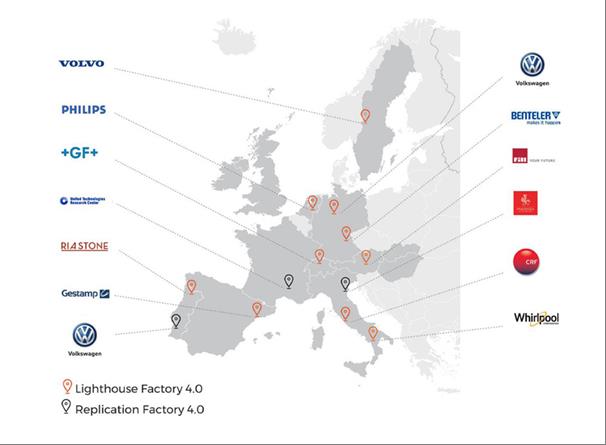
Boost4.0 - Big Data für Fabriken
Das Projekt BOOST 4.0 baut einen EU-Industriedatenraum auf, um Produktionsdaten interoperabel zu machen und so die Wettbewerbsfähigkeit der EU-Industrie zu verbessern.

Europas Datenmarktplatz
TRUSTS baut auf den Plattformen International Data Spaces und Data Market Austria auf und erweitert diese um neue Funktionalitäten und Services.
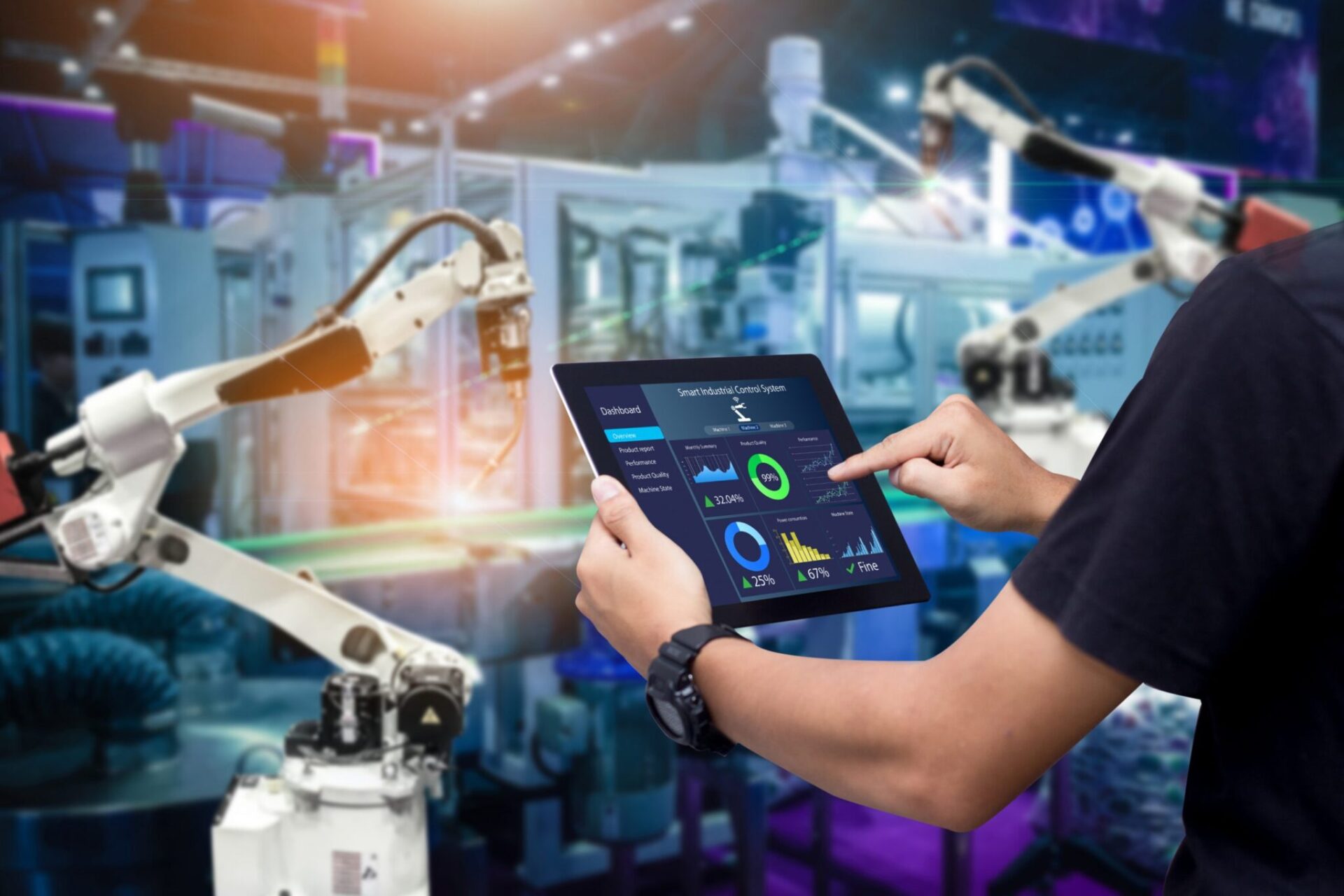
So kommt KI in die Unternehmen
Das Ziel von IIP-Ecosphere: höhere Produktivität, Flexibilität, Robustheit und Effizienz - und damit der Erhalt der Wettbewerbsfähigkeit der deutschen Industrie.
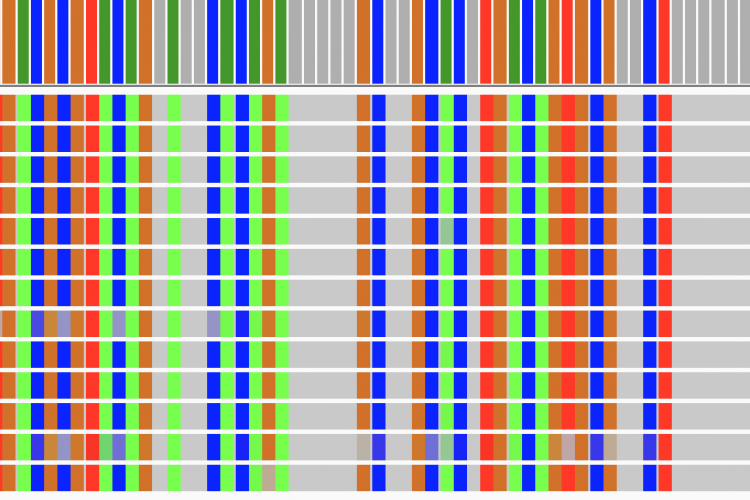
Streaming für die Genomforschung
Grund genug für die Moving Picture Experts Group (MPEG), an einem neuen Standard für die Komprimierung, Speicherung und Übertragung von Sequenzdaten zu arbeiten: MPEG-G.
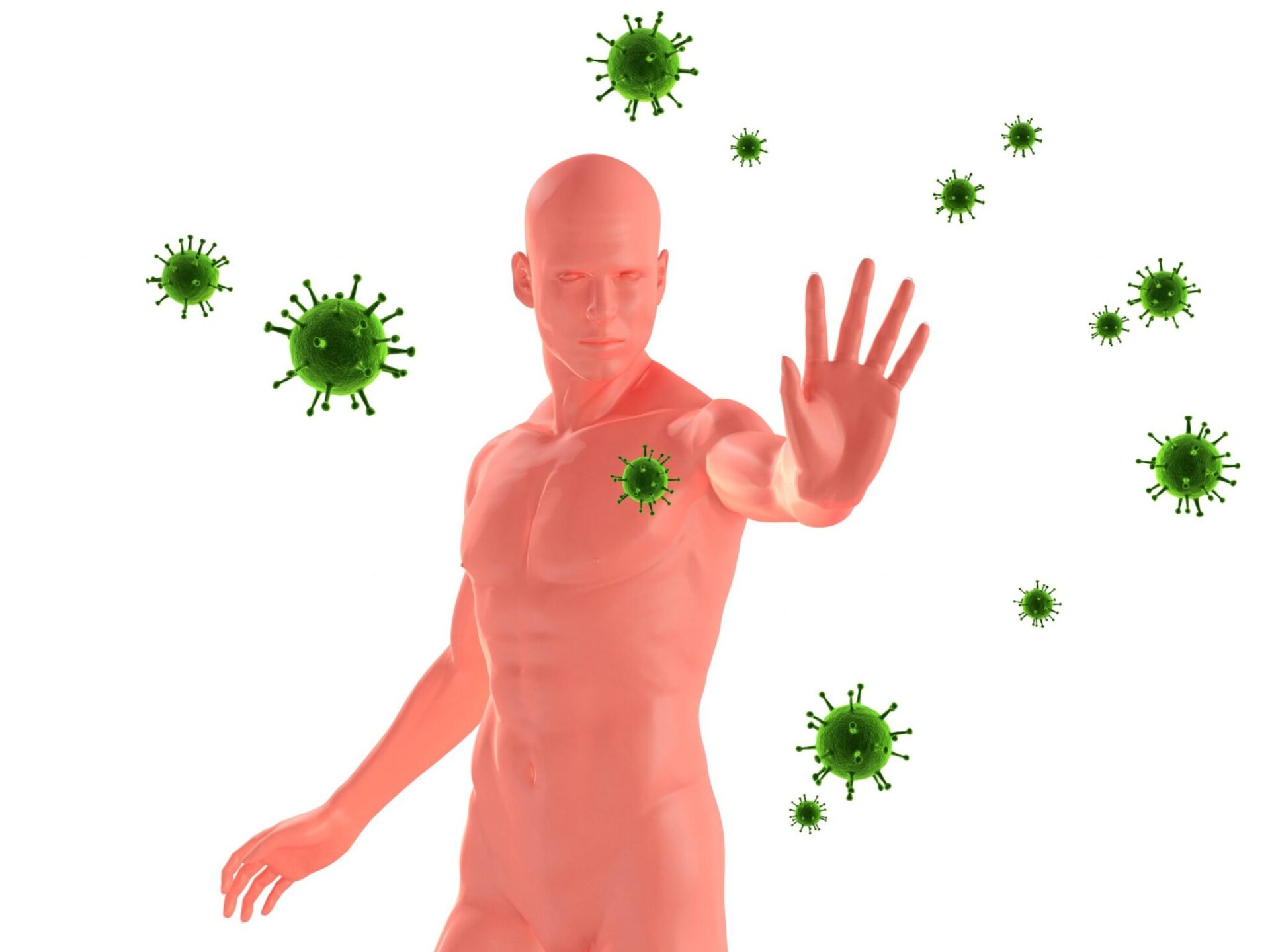
Big Data gegen das Norovirus
PRESENT-Forscher werten Patientenakten aus und nutzen Big Data-Analysen, um kritische Faktoren für die Entwicklung von Komplikationen bei Norovirus-Infektionen aufzudecken
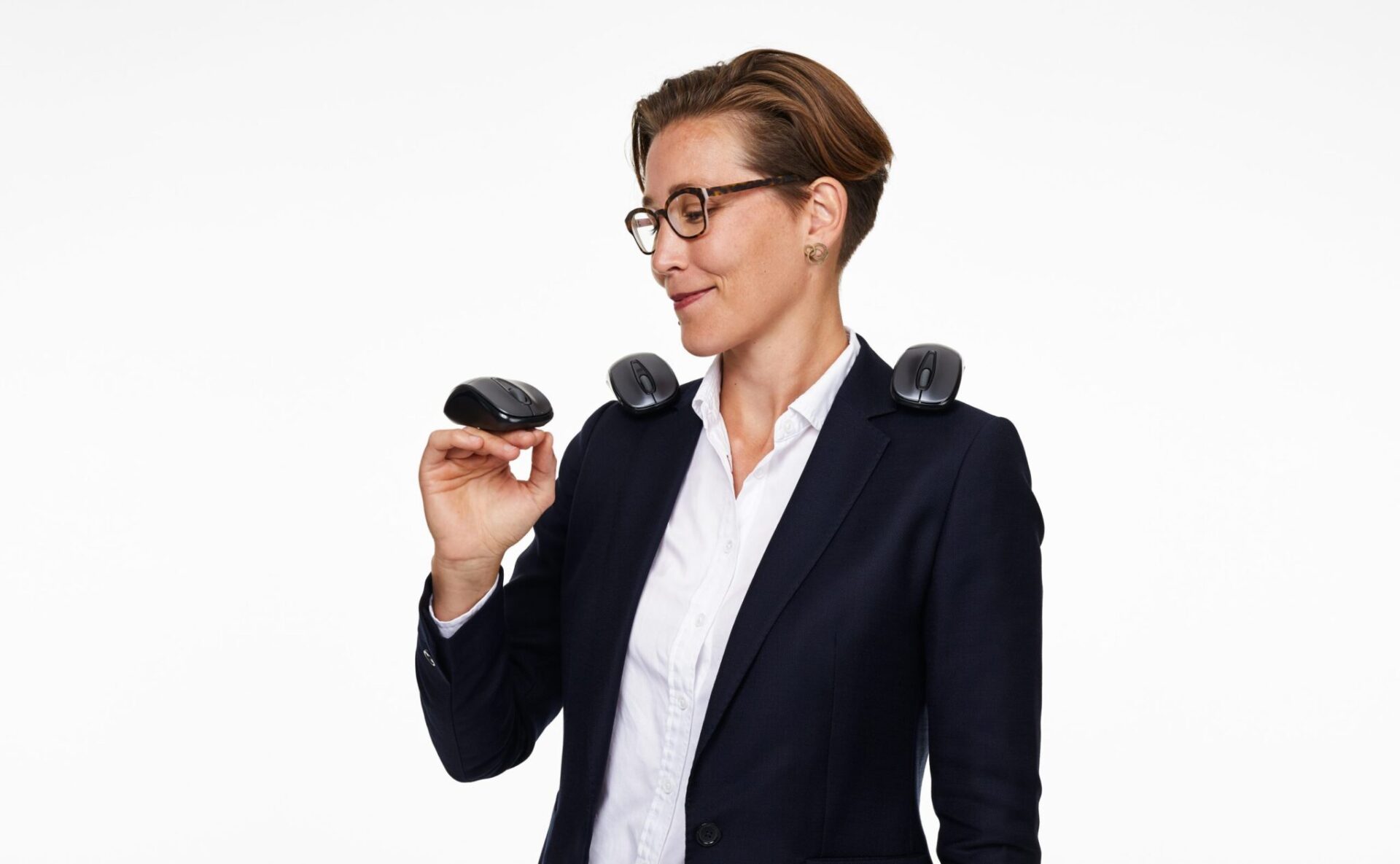
Fallmanagementsysteme: Werkzeug oder schon Akteur?
An der Schnittstelle von Soziologie, Naturwissenschaft, Technik und Informatik lernen die Mitglieder, wie komplexe digitale Infrastrukturen den Arbeitsalltag in Organisationen prägen.

Autoimmunerkrankungen besser verstehen und behandeln
HarmonicSS führt die bereits vorhandenen Daten von gut charakterisierten Kohorten von pSS-Patienten in einer integrativen Kohortenstruktur zusammen und harmonisiert sie.
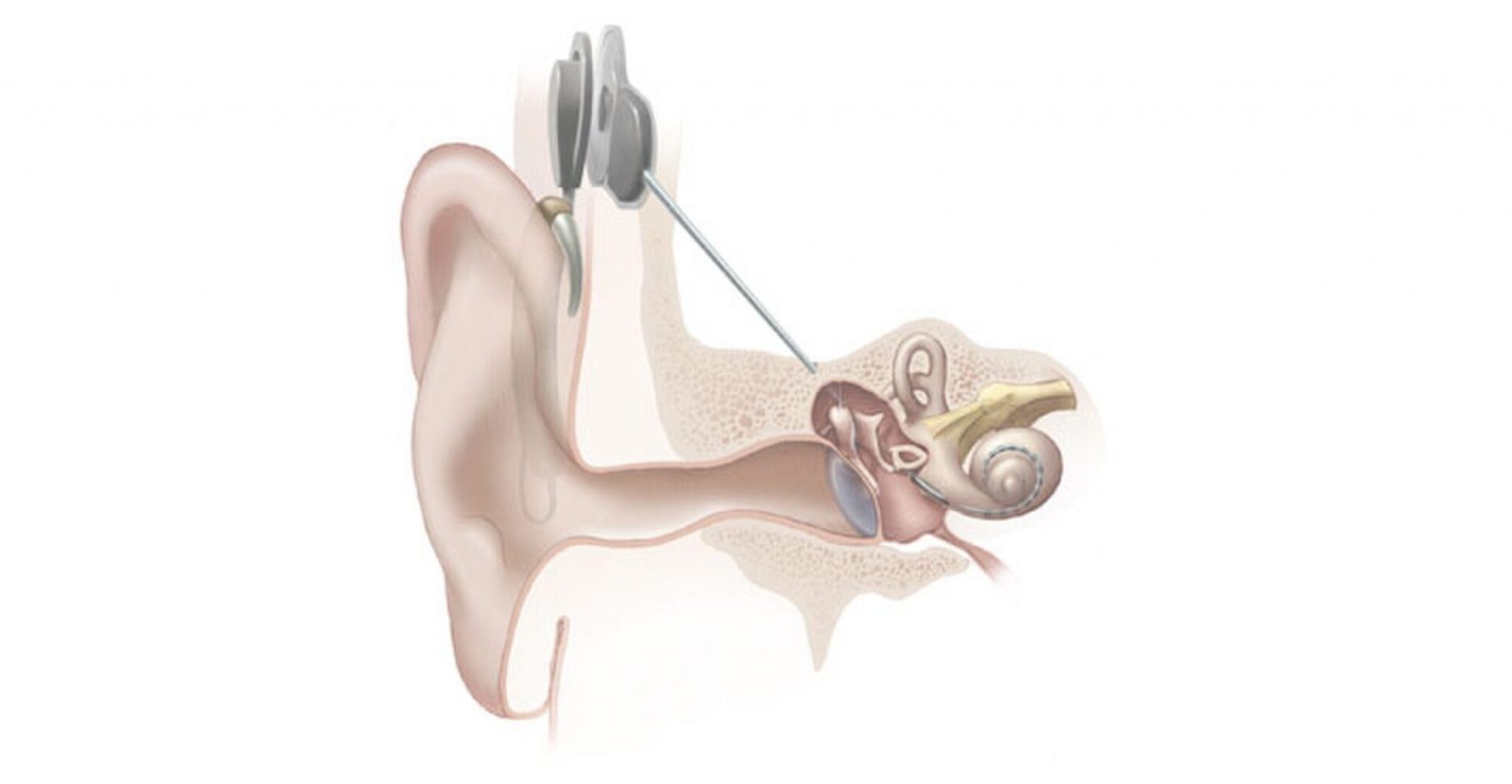
Big Data für besseres Hören
Warum das so ist, wollen Wissenschaftler der Medizinischen Hochschule Hannover (MHH) und des L3S nun mit aktuellen Methoden der künstlichen Intelligenz herausfinden.
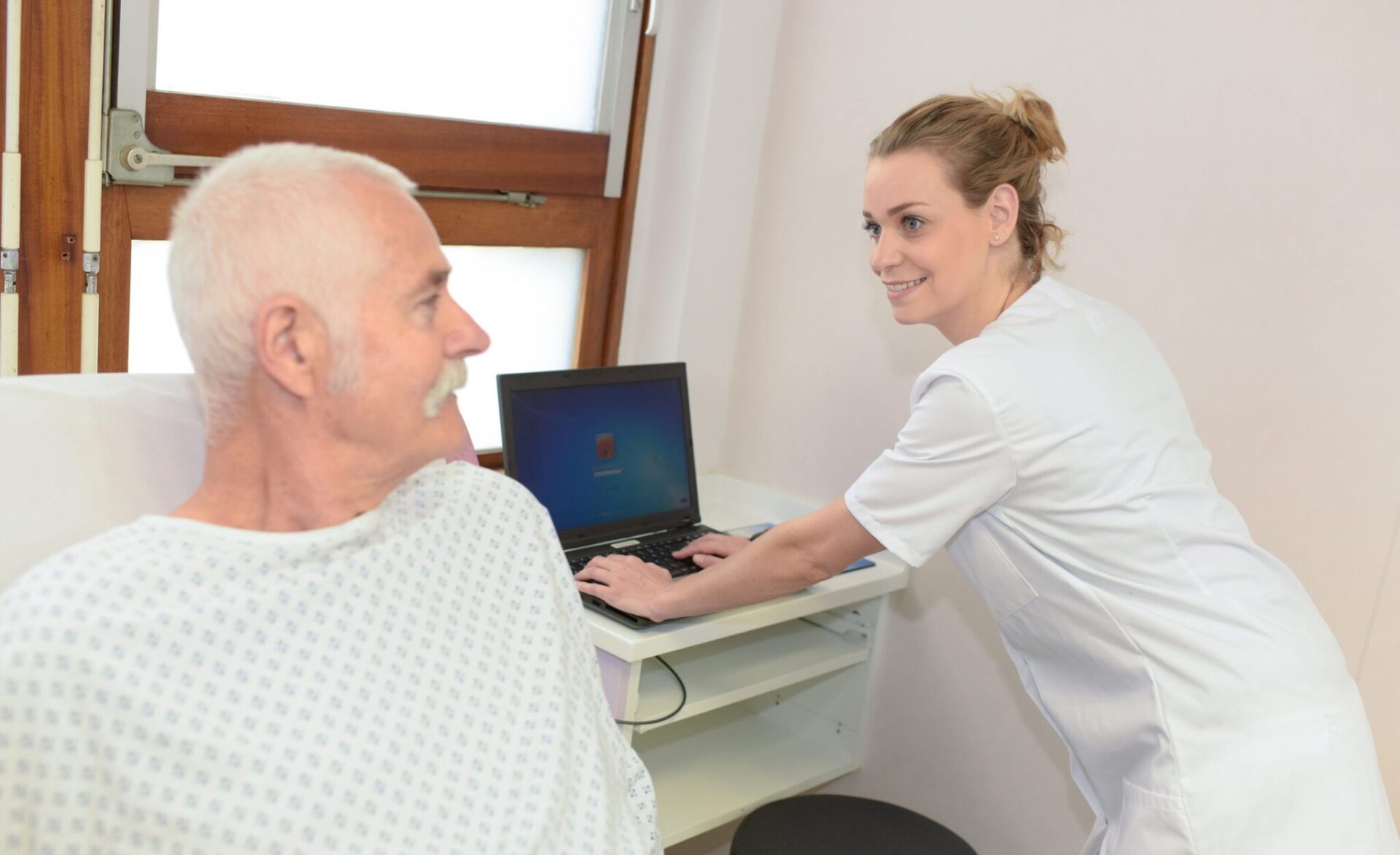
Sprachassistenten für Krankenhäuser
Ein sprachgesteuertes Dialogsystem, das nicht von der eigentlichen Aufgabe ablenkt, wäre daher besser als ein klassischer Computerarbeitsplatz.

Auf dem Weg zur individuellen Therapie
In den Projekten iASiS und BigMedilytics arbeiten Wissenschaftler zusammen, um aus Daten Erkenntnisse für die Präzisionsmedizin zu gewinnen und die Gesundheitsversorgung in der EU zu verbessern.

Biofilme verstehen, Infektionen vorbeugen
Im Rahmen des BacData-Projekts arbeiten Wissenschaftler zusammen, um die Biologie und Dynamik klinisch relevanter Biofilme zu verstehen und deren Resistenzmechanismen zu entschlüsseln.

Mobilität gestalten
Als eine von drei Forschungslinien der Allianz befasst sich MOBILISE mit verschiedenen Aspekten der Mobilität: von der Luftfahrt über Fahrzeuge bis hin zur Digitalisierung.
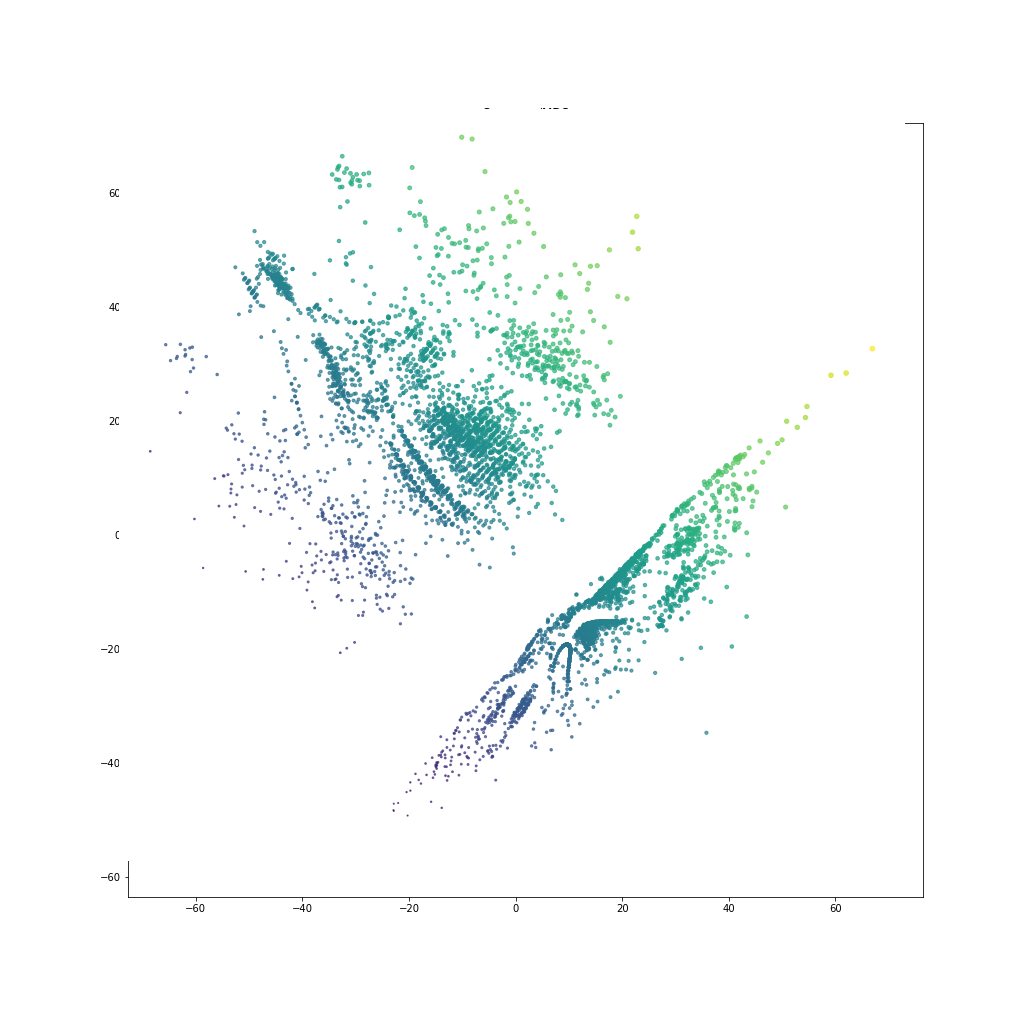
Indoor-Navigation
Im Projekt topikos erforschen Wissenschaftler Methoden, um Nutzer innerhalb von Gebäuden zu orten und die Mobilität vieler Menschen zu visualisieren.

Hardwareplattformen für Fahrerassistenzsysteme
Algorithmen aus dem Bereich der künstlichen Intelligenz (Convolutional Neural Networks) erreichen bei bestimmten Aufgaben sogar bessere Erkennungsraten als der Mensch.

Autonomes Fahren unter widrigen Bedingungen
Im ifuse-Projekt erforschen Prof. Dr. Blume und sein Team Datenstrukturen, Algorithmen und Architekturen für eine effiziente Fusion von Sensor-Rohdaten.

Einblick in die Datenanalyse
Im Forschungsprojekt Data4UrbanMobility entwickeln L3S-Wissenschaftler und Projektpartner Werkzeuge, die einen ereignisbasierten Überblick über Mobilitätsinformationen bieten
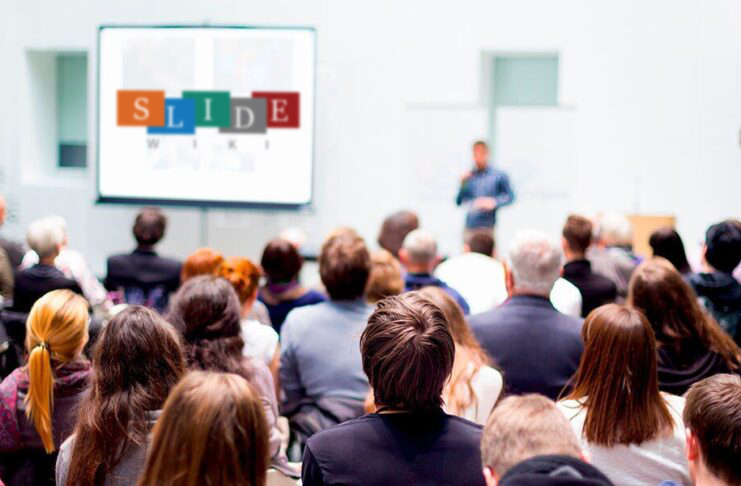
SlideWiki - Online Präsentationen erstellen und teilen
Das SlideWiki-Projekt bietet eine Online-Plattform, die das Wissen, die Kreativität und die Produktivität seiner Nutzerinnen und Nutzer zur Erstellung hochwertiger Bildungsinhalte kombiniert.
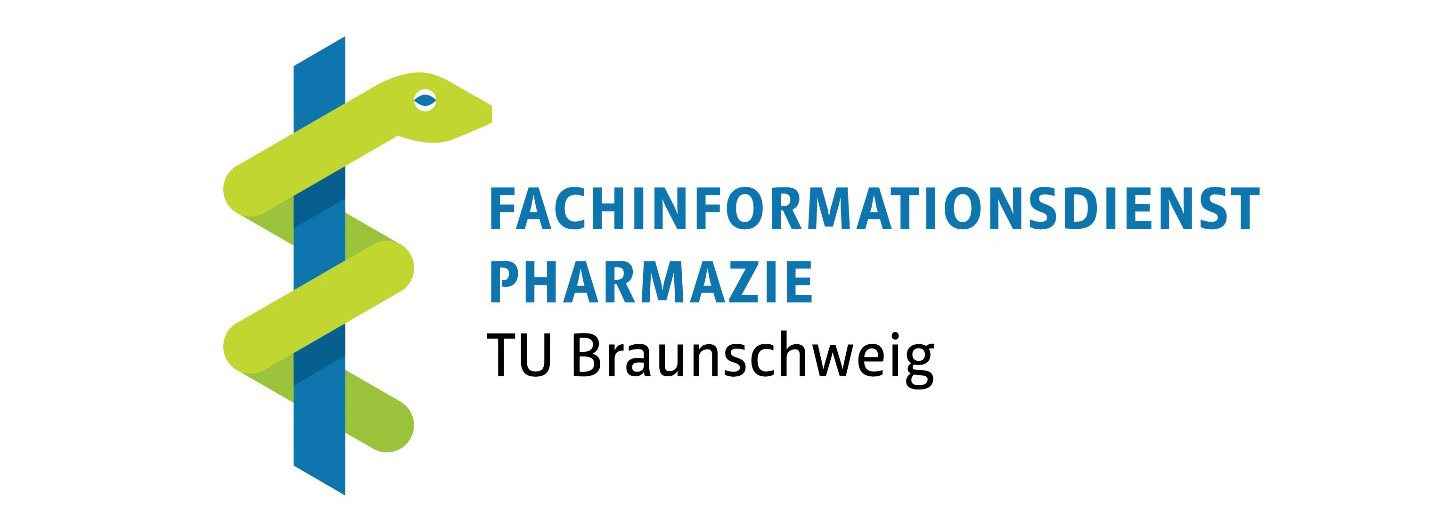
Maßgeschneiderte Informationsversorgung
Ein Schritt in diese Richtung ist der FID, der die Sondersammelgebiete der Hochschulbibliotheken ablöst, eines der ältesten Förderprogramme der DFG (2011).

Inklusion im Internet
Das Ziel des Inclusive Open Course Ware (InclusiveOCW) Projekts ist es, dass auch blinde und sehbehinderte Menschen SlideWiki nutzen können.

Geisteswissenschaften digital
Das DESIR-Projekt zielt darauf ab, den Wissensaustausch in den digitalen Geisteswissenschaften zu verbessern, Expertengruppen zu etablieren und diese mit einer nachhaltigen Infrastruktur zu unterstützen.
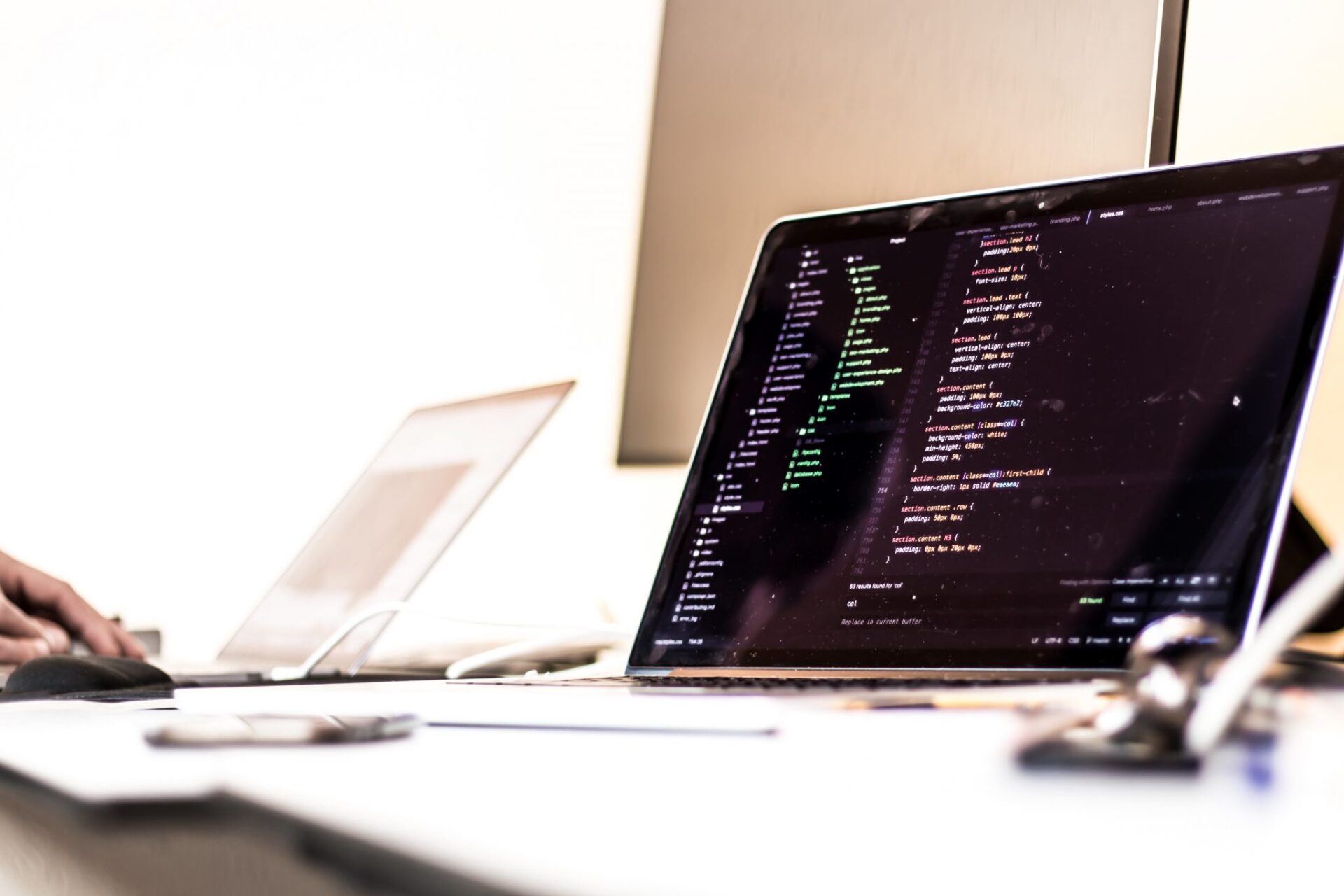
Gemeinsam lernen im Netz
Im Projekt LearnWeb haben Wissenschaftler des L3S eine neue kollaborative Lernumgebung mit erweiterten Such- und Social-Media-Funktionen entwickelt.

Wie kann das Web beim Lernen helfen?
Die Forschungsprojekte AFEL und SALIENT wollen dieses Problem lösen - mit einem datengetriebenen Ansatz und innovativen Methoden der künstlichen Intelligenz.

Im Netz der Meinungen
In OSCAR entwickeln wir Methoden für das Meinungsstrom-Mining, die mit Veränderungen umgehen und die Stimmungsmodelle kontinuierlich an die sich verändernde Grundgesamtheit anpassen.

Datenschutz, Transparenz und Verantwortung
Algorithmen können auf der Grundlage großer Datenmengen erfolgreich Muster erkennen und so ihr „Wissen“ erweitern.

Bloß nicht die Orientierung verlieren
Fluchtpunkte können verwendet werden, um Informationen aus Bildern zu extrahieren, die für komplexe Anwendungen wie die Steuerung autonomer Fahrzeuge erforderlich sind.
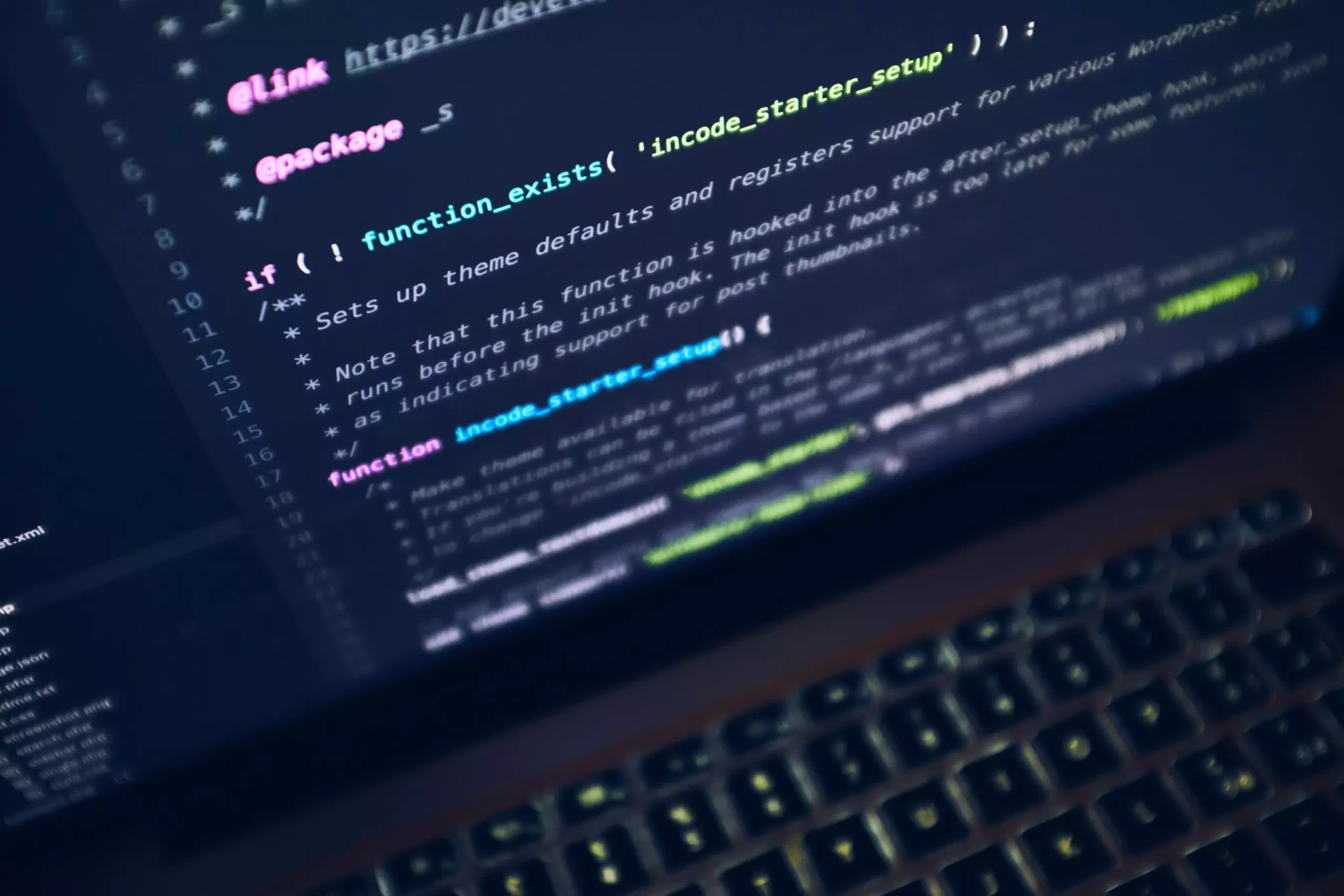
Wie kommen Suchmaschinenrankings zustande?
Algorithmische Entscheidungsfindung ist heute in verschiedenen Bereichen wie der Medizin, der Automobilbranche und dem Einzelhandel weit verbreitet.

Big Data und das verlorene Web
In dem Maße, in dem sich das Internet zum Hauptmedium für den Austausch von Informationen und Daten entwickelt, wird die Bedeutung von Web-Archiven weiter zunehmen.
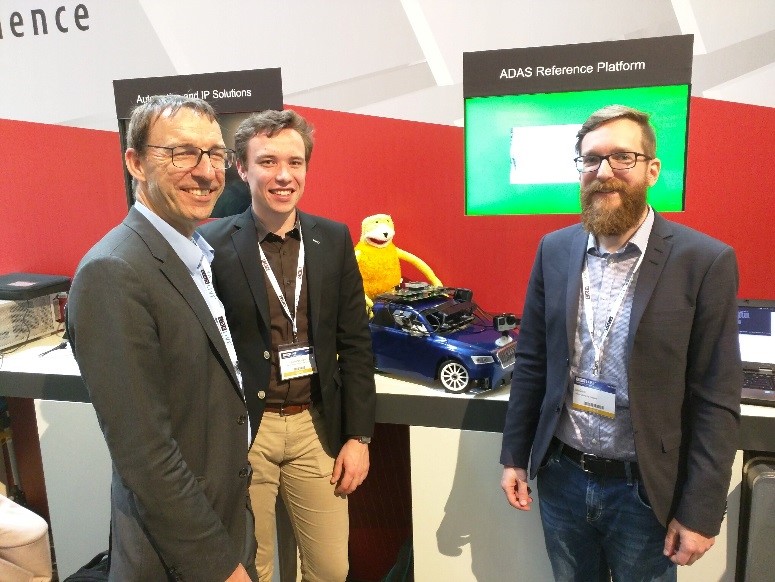
Neues Fertigungsverfahren für leistungsstarke Chips
Das europäische Projekt THINGS2DO zielt darauf ab, die FD-SOI-Halbleitertechnologie zu fördern und zu entwickeln, um energieeffiziente, hochintegrierte Schaltkreise herzustellen.
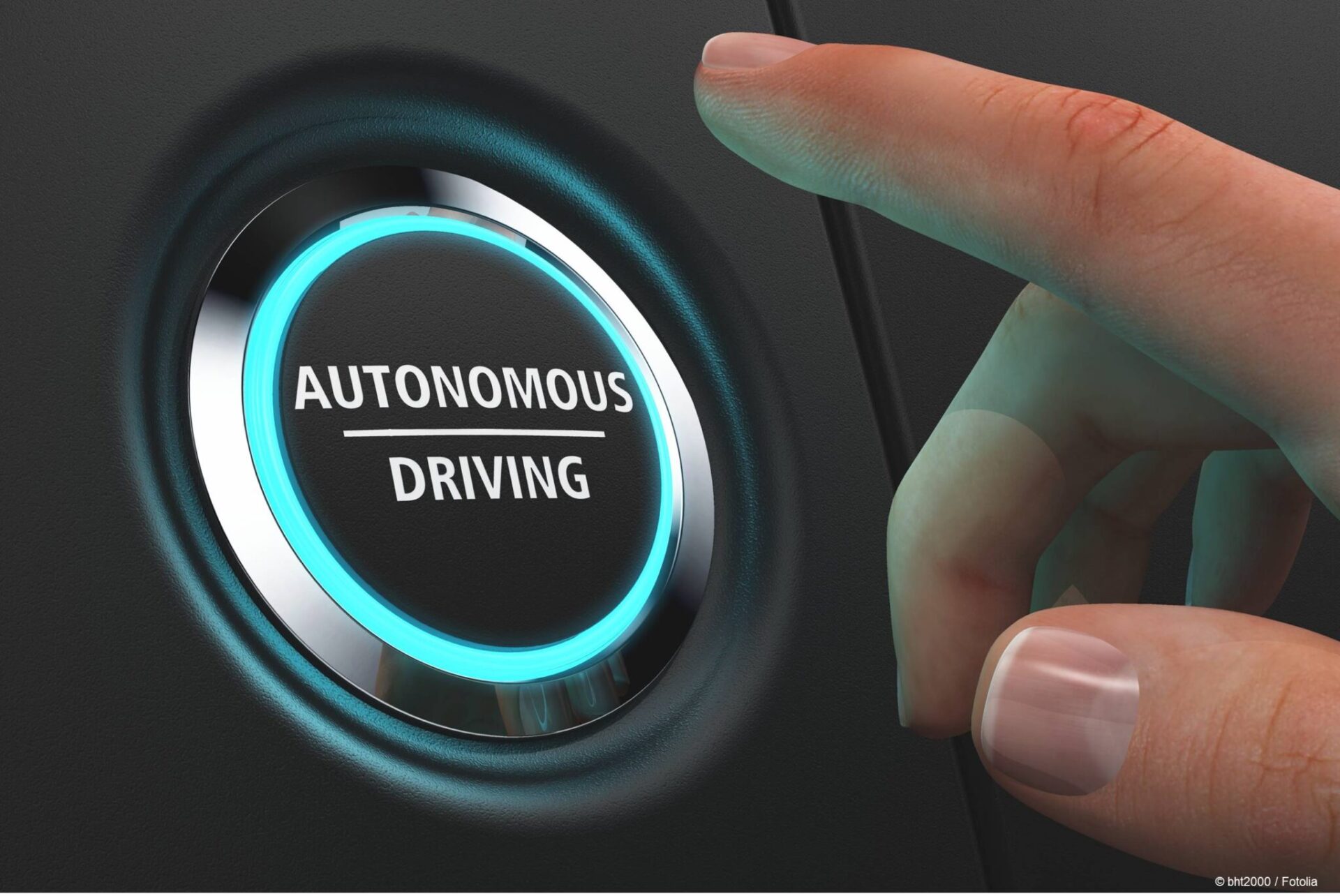
Wie autonome Fahrzeuge von uns lernen
Im Projekt „Urban Mobility Assist“ beschäftigen wir uns mit der Frage, ob sich aus Big Data typische Taktiken für dieselbe Strategie mit Genauigkeit bestimmen lassen.
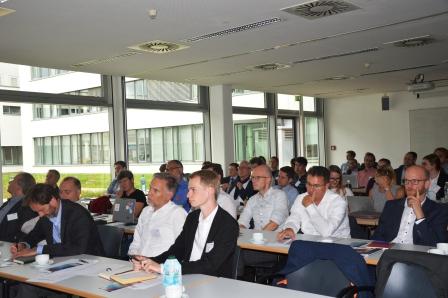
Helle Köpfe für künstliche Intelligenz
Die L3S baut eine Akademie für angewandtes maschinelles Lernen (AMA) auf - mit besonderem Schwerpunkt auf dem Einsatz von maschinellem Lernen in der intelligenten Produktion.

Mehr Verkehr, weniger Kollaps
Data4UrbanMobility entwickelt Softwarelösungen für die effiziente Planung, Entwicklung, Umsetzung und Nutzung innovativer Mobilitätsdienstleistungen.

Leichter leben bei Diabetes
Das von L3S mitentwickelte GlycoRec-System hilft Diabetes-Patienten beim täglichen Umgang mit ihrer Krankheit.
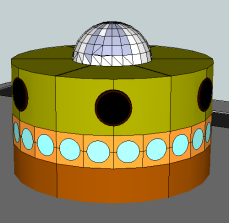
Projekt Blinker: Navigieren mit 360°-Kamera
Im Projekt BLINKER arbeiten die Wissenschaftler in Zusammenarbeit mit einem mittelständischen Unternehmen an einem Sensor für die autonome Navigation von Fahrzeugen.


